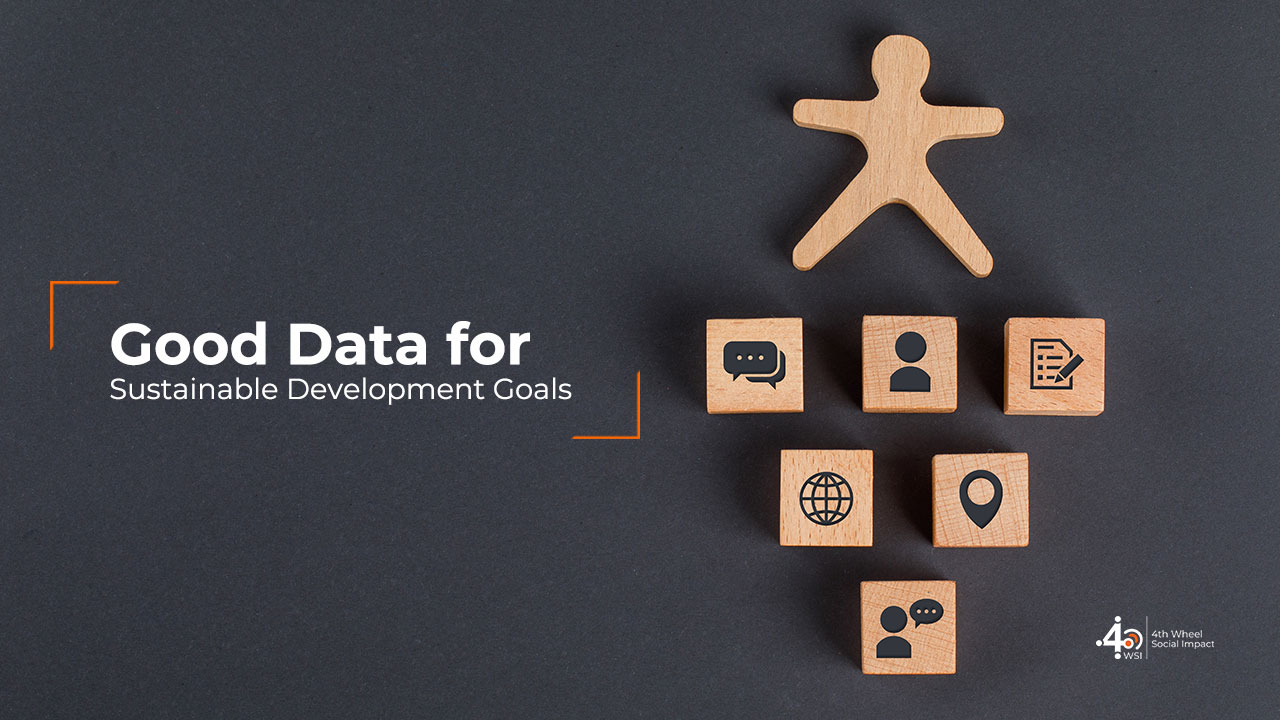
Why Hiring a Capacity Building Consultant Can Accelerate Your Organization’s Growth
Growth depends on how well an organization develops its people, improves its systems, and strengthens leadership at every level. Many teams work hard but struggle
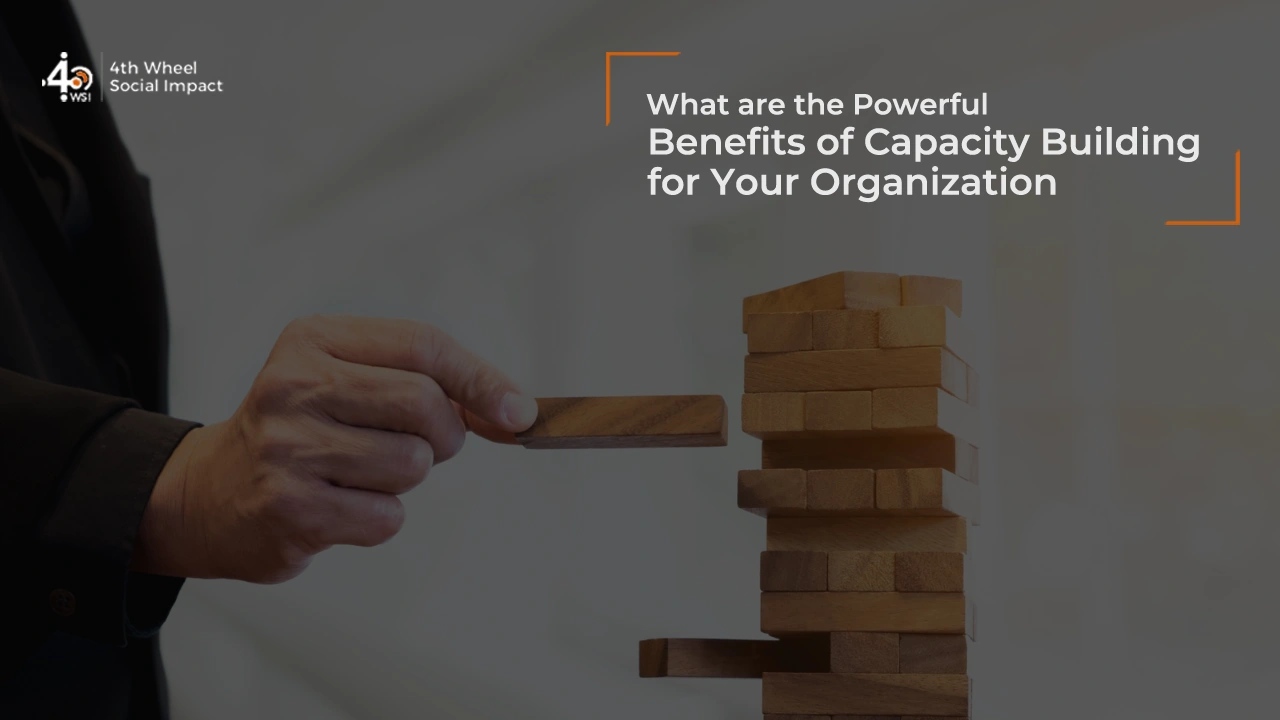
What are the Powerful Benefits of Capacity Building for Your Organization
Organizations operate in environments that demand continuous learning, stronger leadership, and structured growth. Teams face new expectations, new systems, and new responsibilities every year. Without
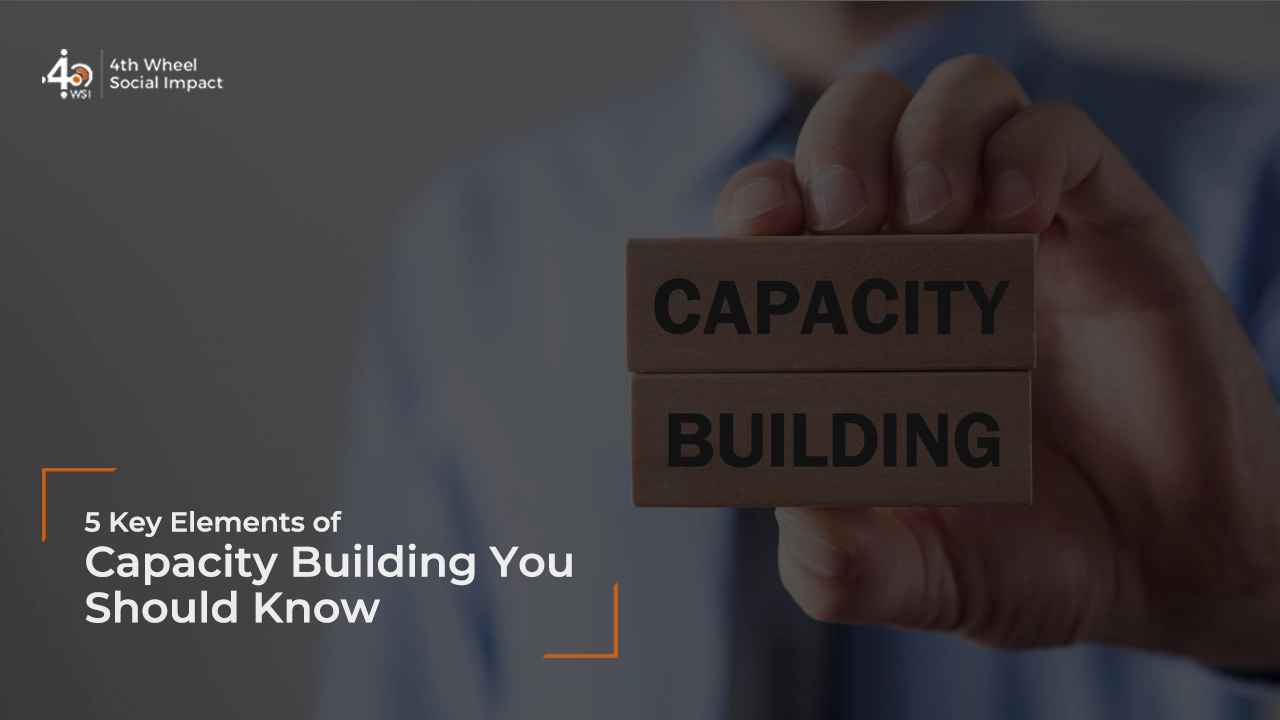
5 Key Elements of Capacity Building You Should Know
Strong organizations don’t grow overnight. They rely on building systems, people, and resources that last. These form the foundation of sustainable progress. To understand this
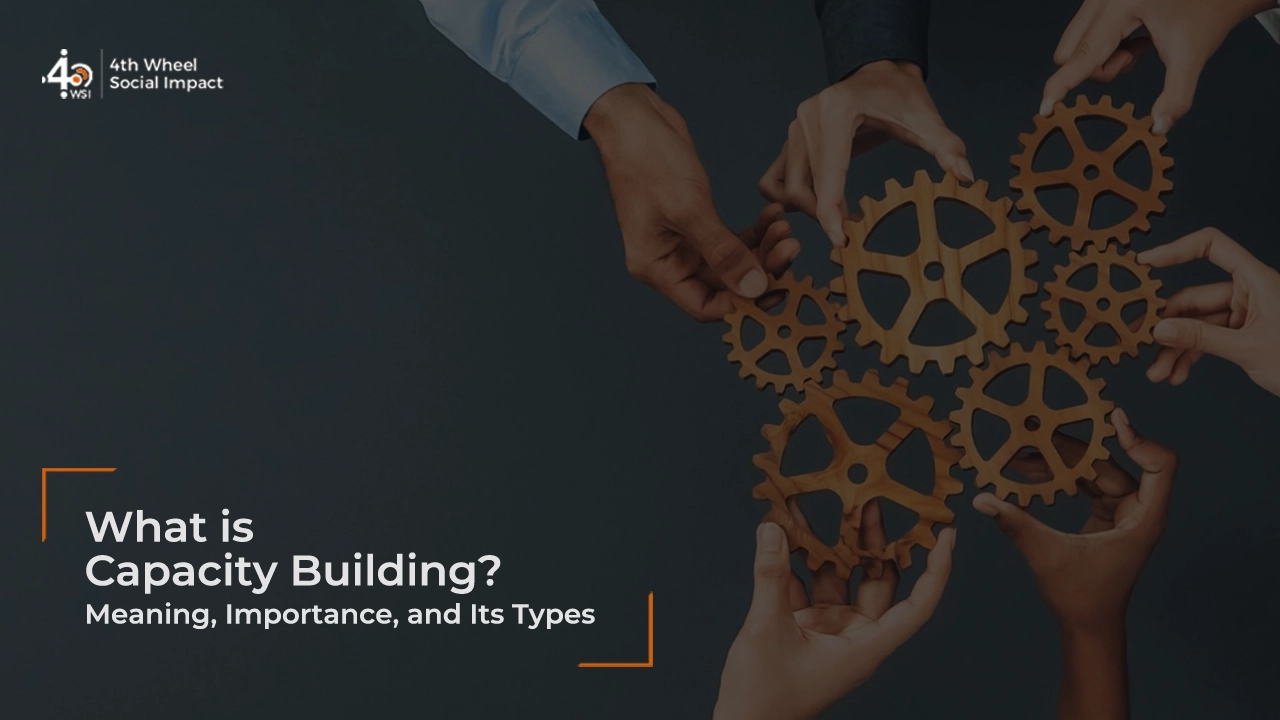
What is Capacity Building? Meaning, Importance, and Its Types
Organizations grow stronger when they invest in skills, systems, and structures that last. This is the core of capacity building. It is a long-term process
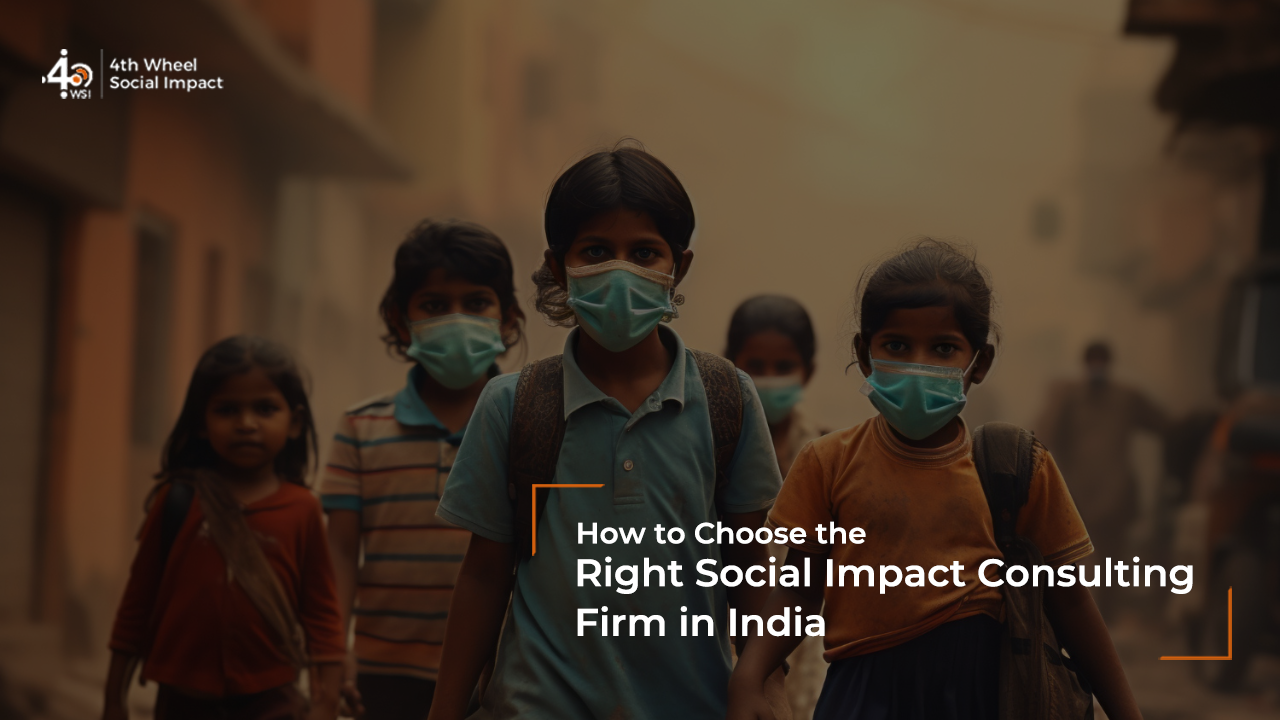
How to Choose the Right Social Impact Consulting Firm in India
Working with the right social impact consultants can shape how your organization plans, learns, and grows. A good partner brings clarity, solid data, and a
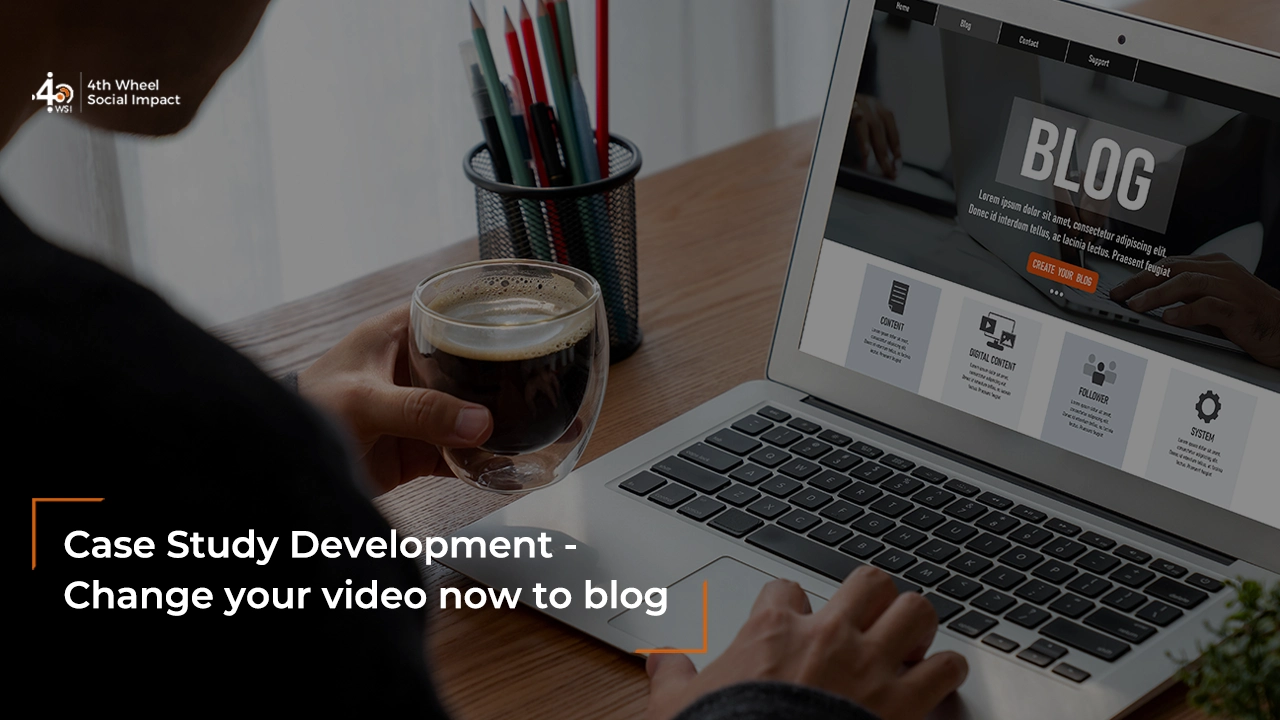
Mastering the Art of Case Study Development in 10 Simple Steps
Case studies are powerful tools that showcase the evaluated social impact and effectiveness of projects, provide valuable insights, and inspire others. However, developing a compelling
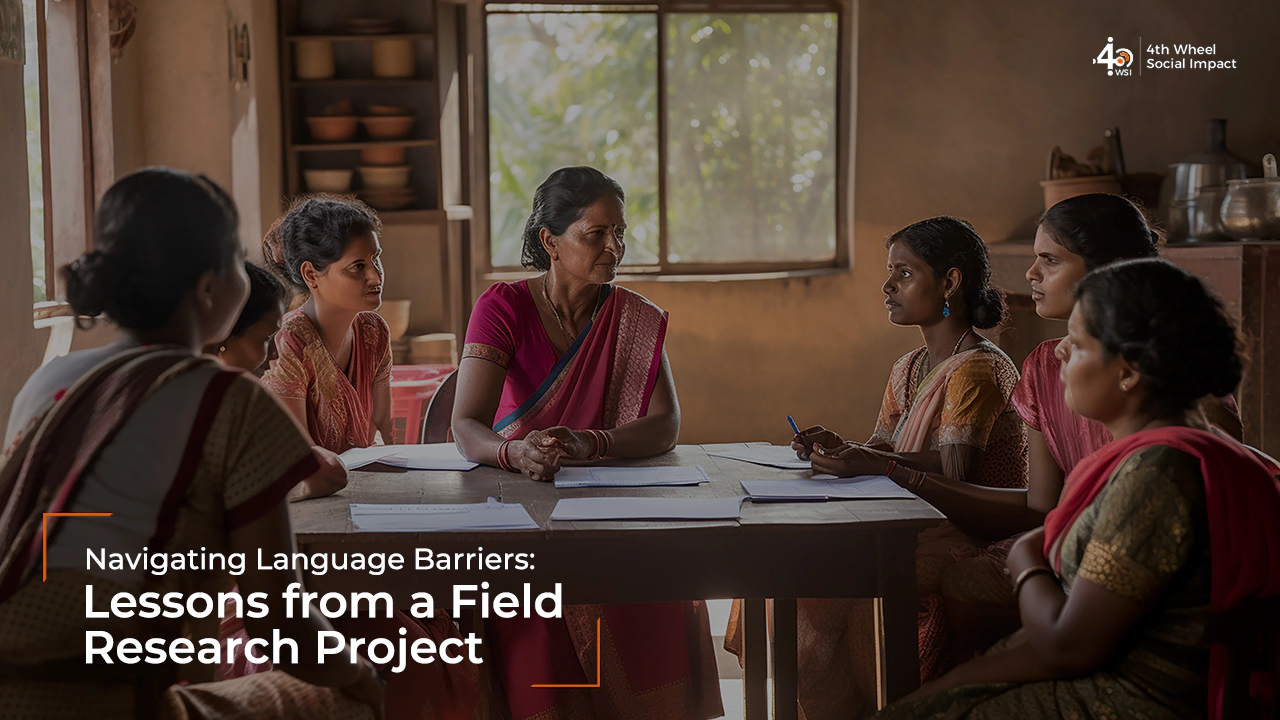
Navigating Language Barriers: Lessons from a Field Research Project
When conducting field research, it’s crucial to consider the language and cultural context of the target community. In one such program aimed at understanding women’s
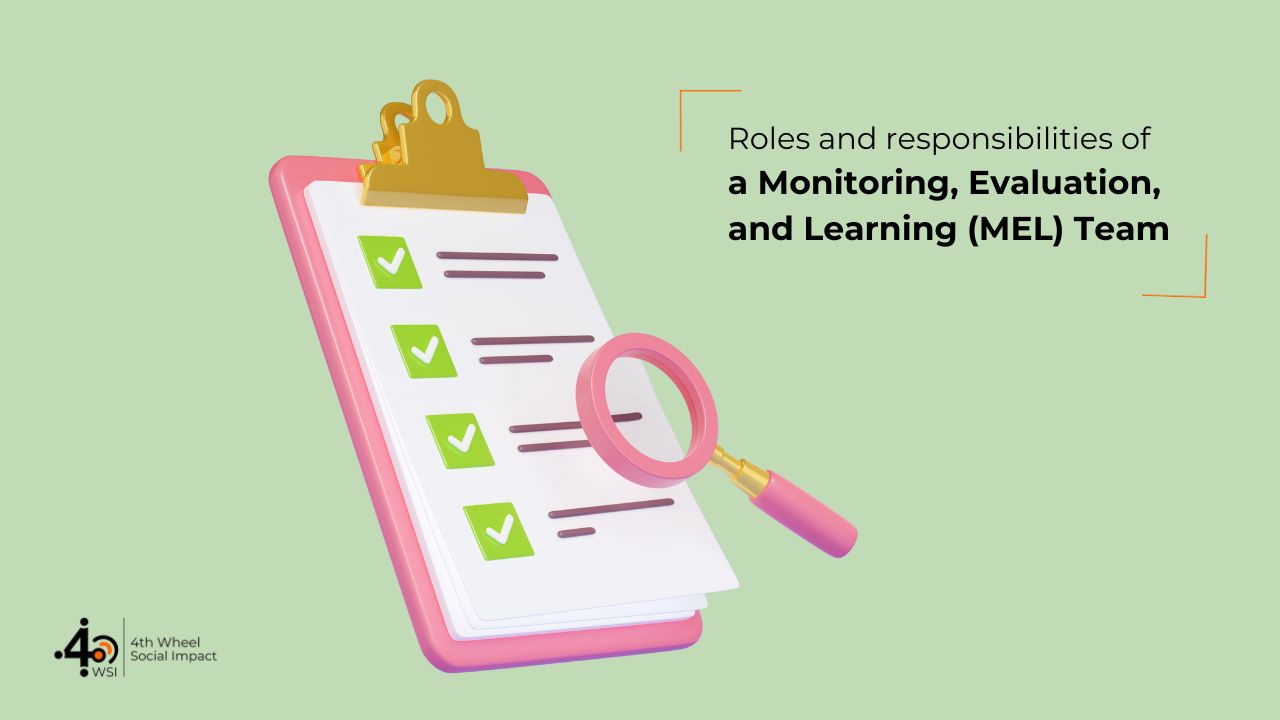
Roles and Responsibilities of a Monitoring, Evaluation, and Learning (MEL) Team
A Monitoring, Evaluation, and Learning (MEL) department or team is responsible for a range of critical functions within an organization. Let’s take a look at the
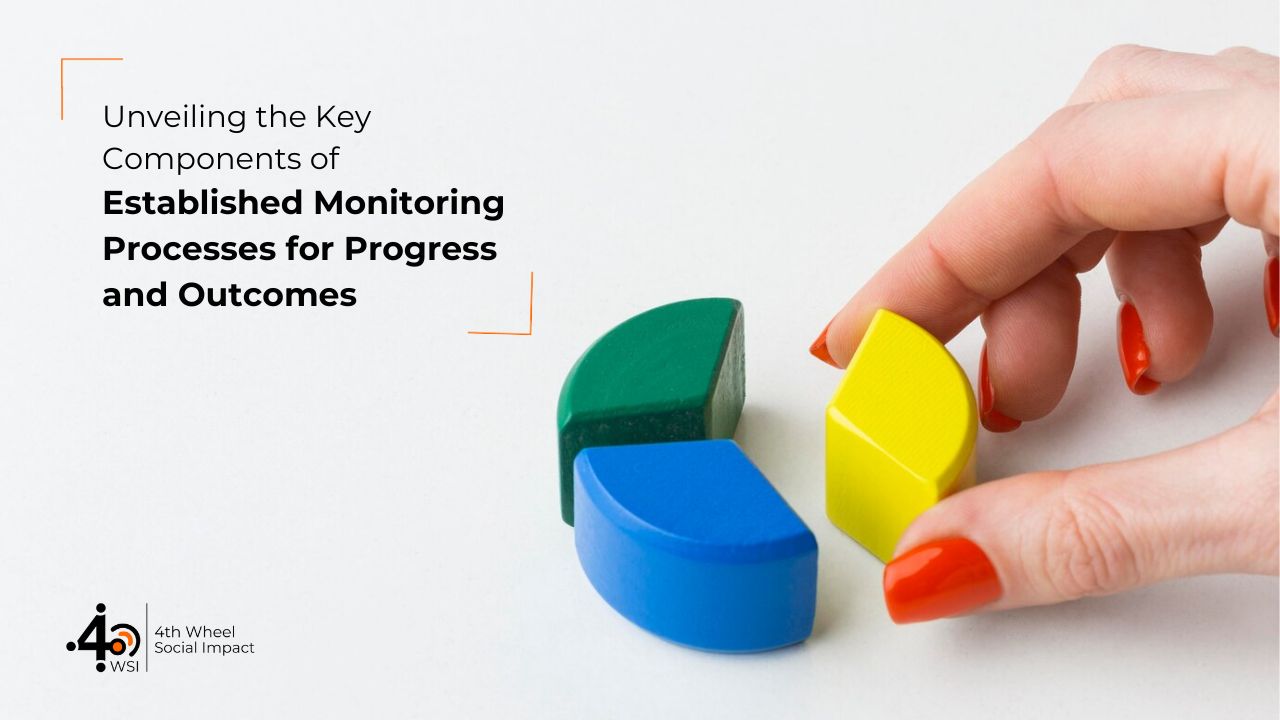
Unveiling the Key Components of Established Monitoring Processes for Progress and Outcomes
In the dynamic landscape of organizational growth, effective monitoring can be helpful to achieve success. Monitoring Processes can guide an organization through the complex world
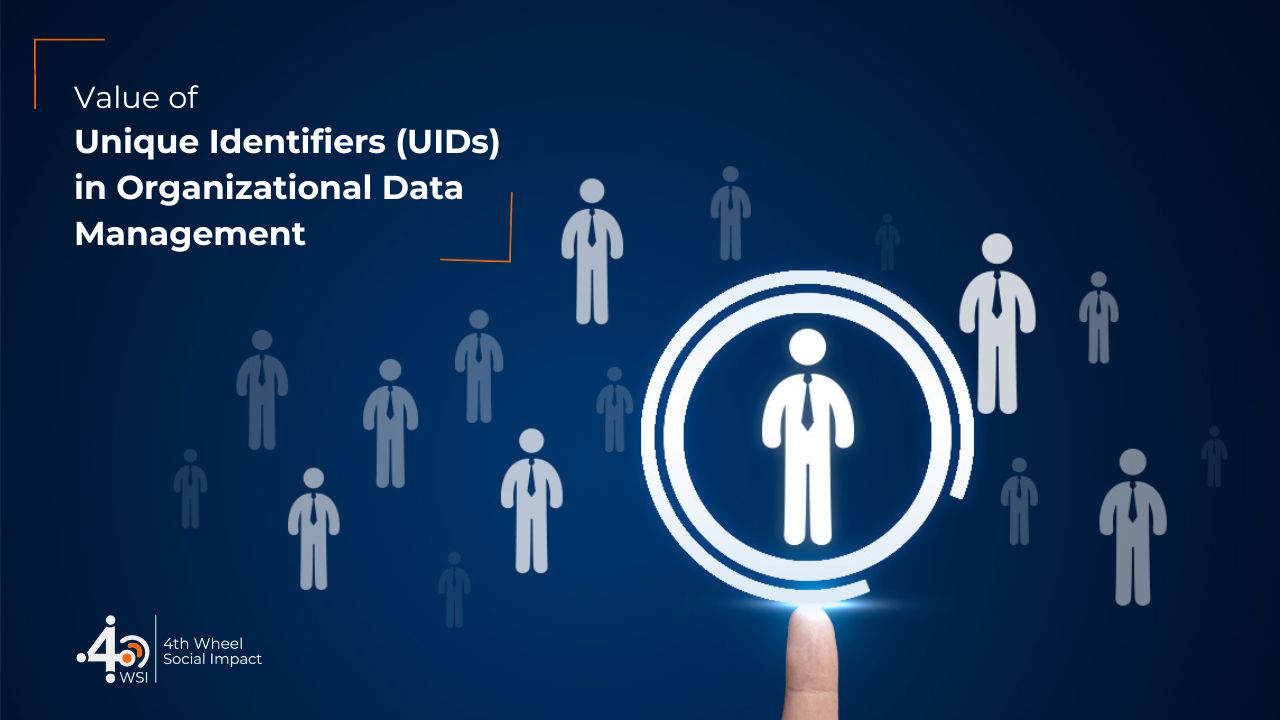
Value of Unique Identifiers (UIDs) in Organizational Data Management
In Organizational Data Management, Unique Identifiers (UIDs) are like magic codes that make sure data in companies is super organized and safe. The use of

Significance of Well-Defined Data Collection and Reporting Schedules
In a world driven by data, the significance of well-planned data collection and reporting schedules cannot be overstated. As organisations explore the landscape of structured
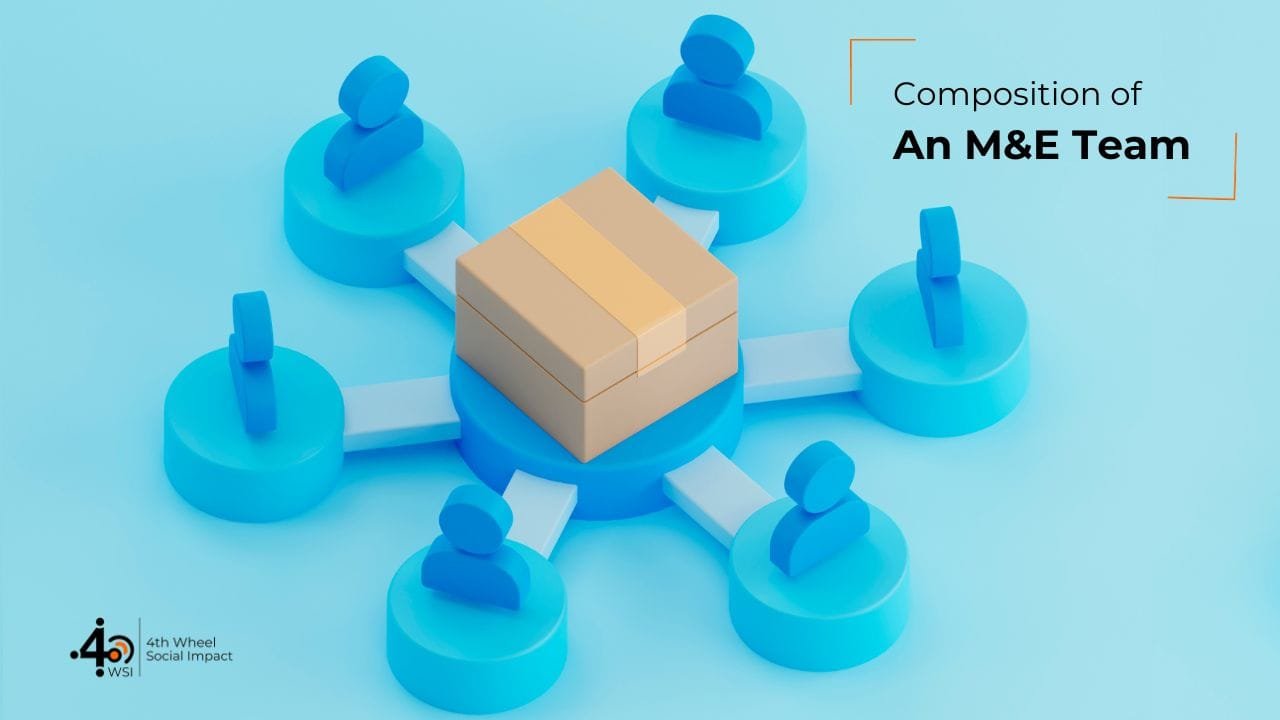
What is the Composition of an M&E Team
The composition of a Monitoring, Evaluation, and Learning (MEL) team may vary depending on the organization’s size, complexity, and specific needs. However, a well-rounded MEL
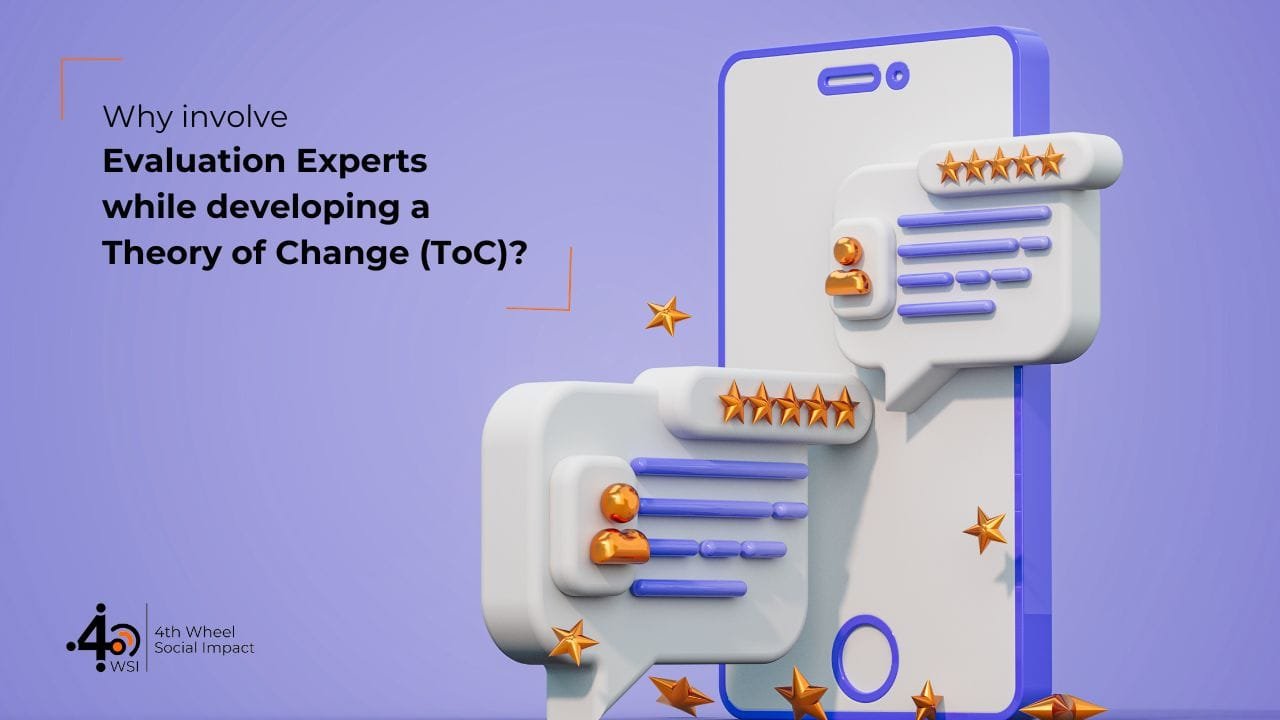
Why Involve Evaluation Experts While Developing a Theory of Change (ToC)?
In Theory of Change, apart from the immense knowledge, evaluation experts have much to offer. Let’s take a look at them. 10 Benefits That Evaluation
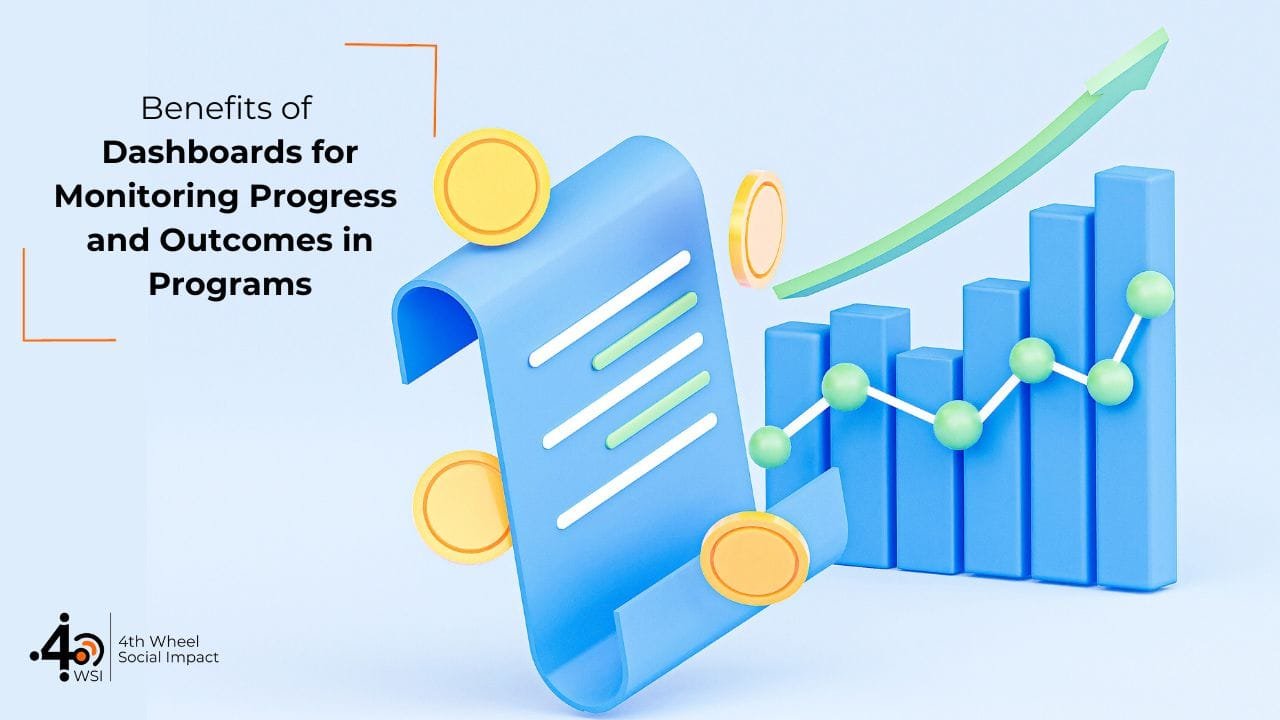
Top 10 Benefits of Using Dashboards for Monitoring Progress and Outcomes in Programs
In Programs, the use of dashboards can prove to be really beneficial for monitoring progress and outcomes. Let’s take a look at the advantages of
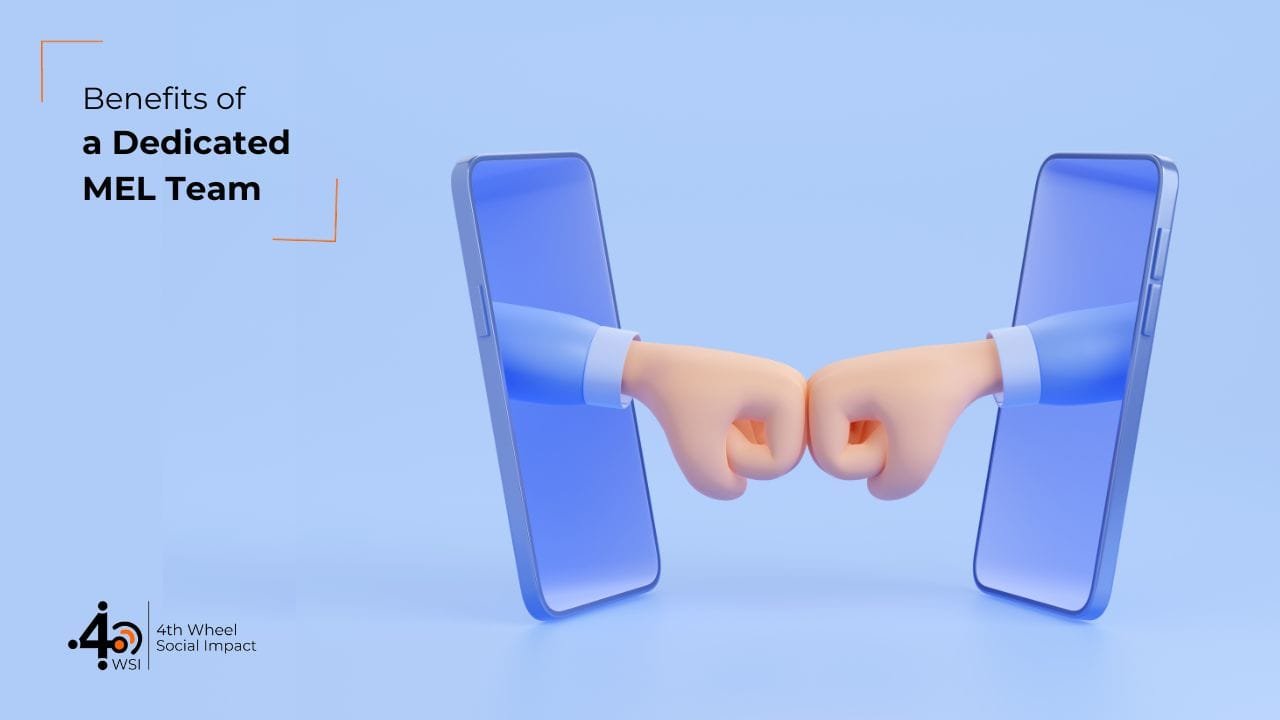
Benefits of a Dedicated MEL Team
A dedicated MEL team is the right answer for the question of who is primarily responsible for carrying out MEL activities within an organization for
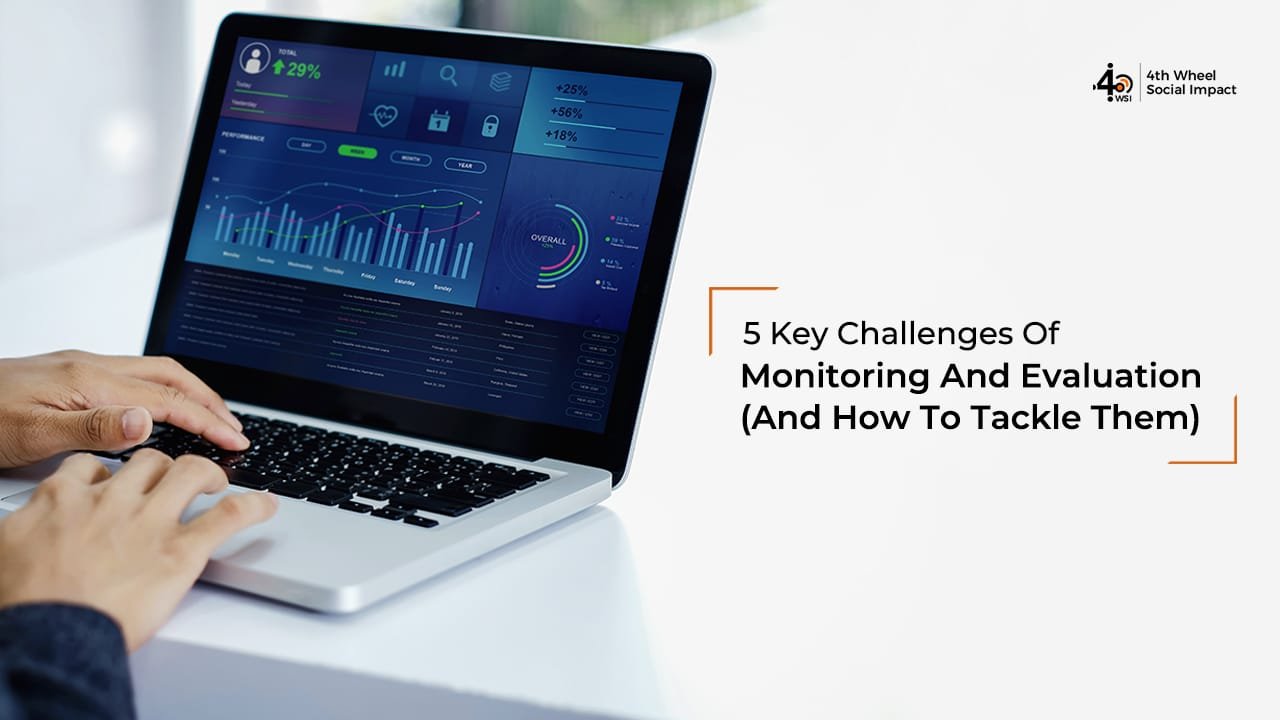
5 Monitoring and Evaluation Challenges: Strategies for Effective Solutions and Improved Outcomes.
Organisations across the world rely on monitoring and evaluation to measure the success of their initiatives, processes, and operations. But what are some key challenges
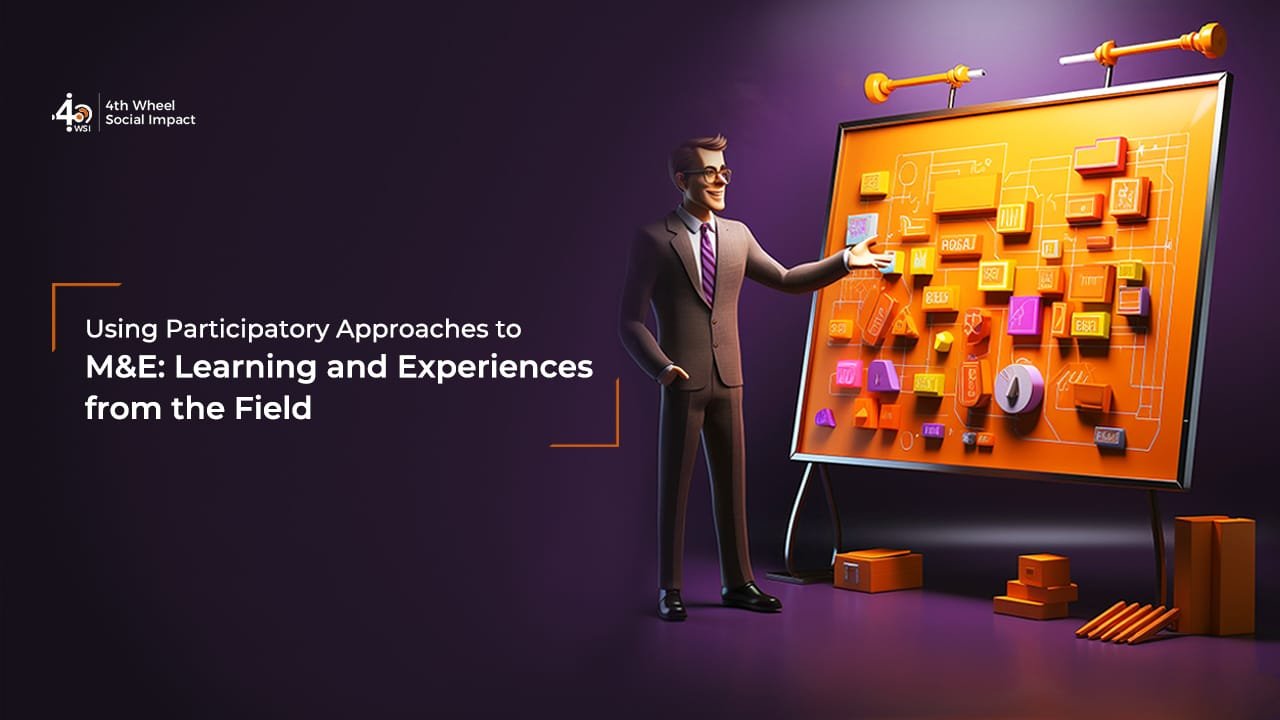
Using Participatory Approaches to M&E: Learning and Experiences from the Field
There are multiple tools and approaches practitioners can adopt in the Monitoring and Evaluation of their projects to measure progress, achieve specific goals, and tackle
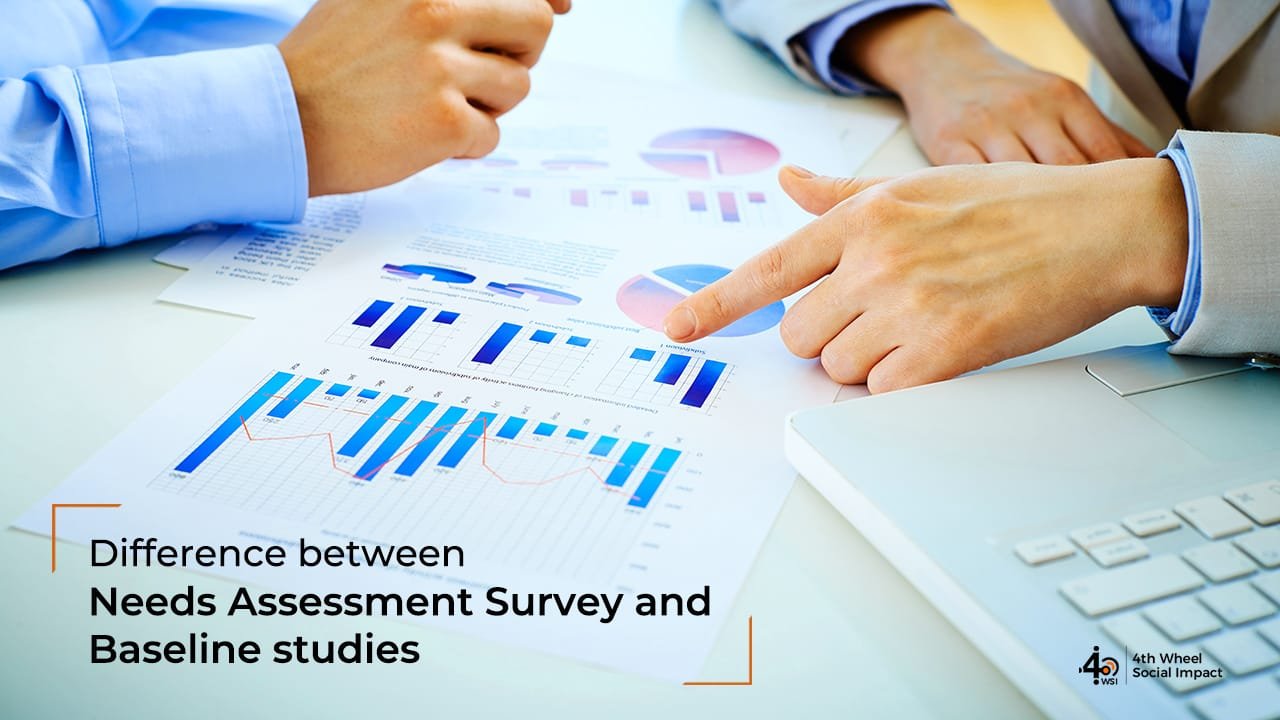
Difference Between Needs Assessment Survey And Baseline studies
The essence of any program or project boils down to the efficiency of its needs assessment survey and baseline studies. While the two are often
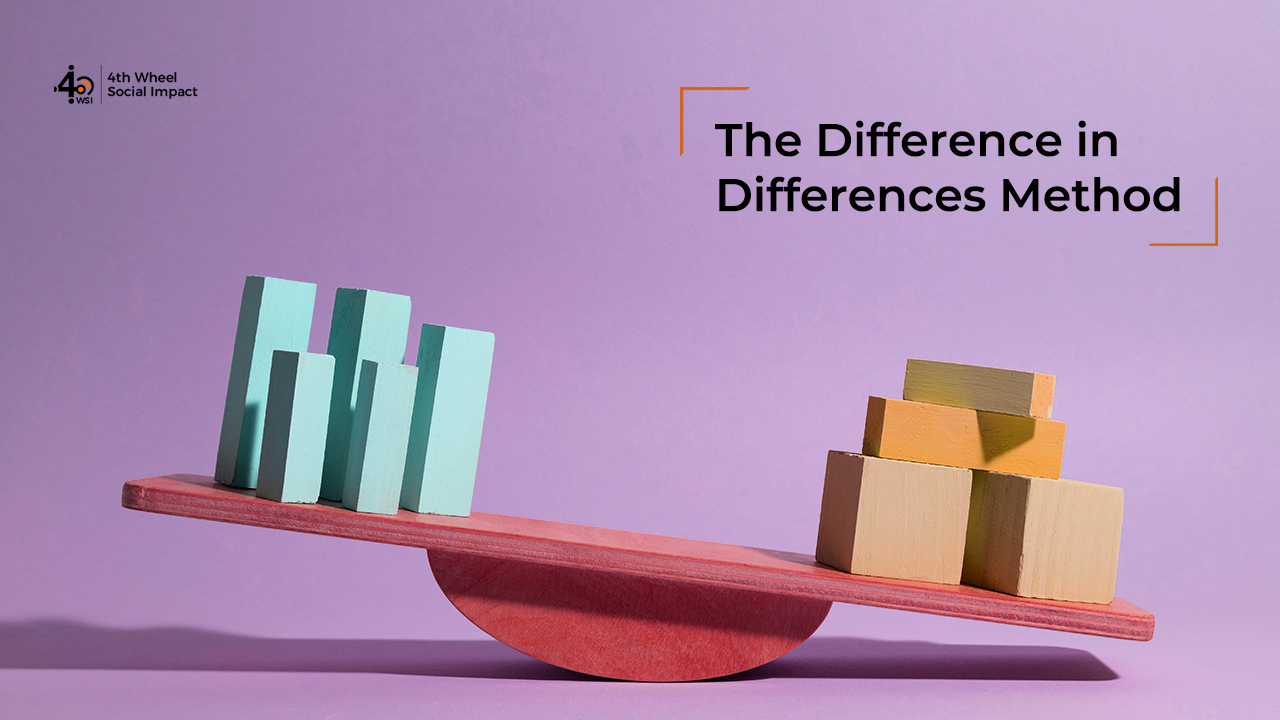
The Difference in Differences Method
Comprehensive and continuous Impact evaluations are a crucial tool for generating accountability and learning. At both a national and international level, they are crucial to
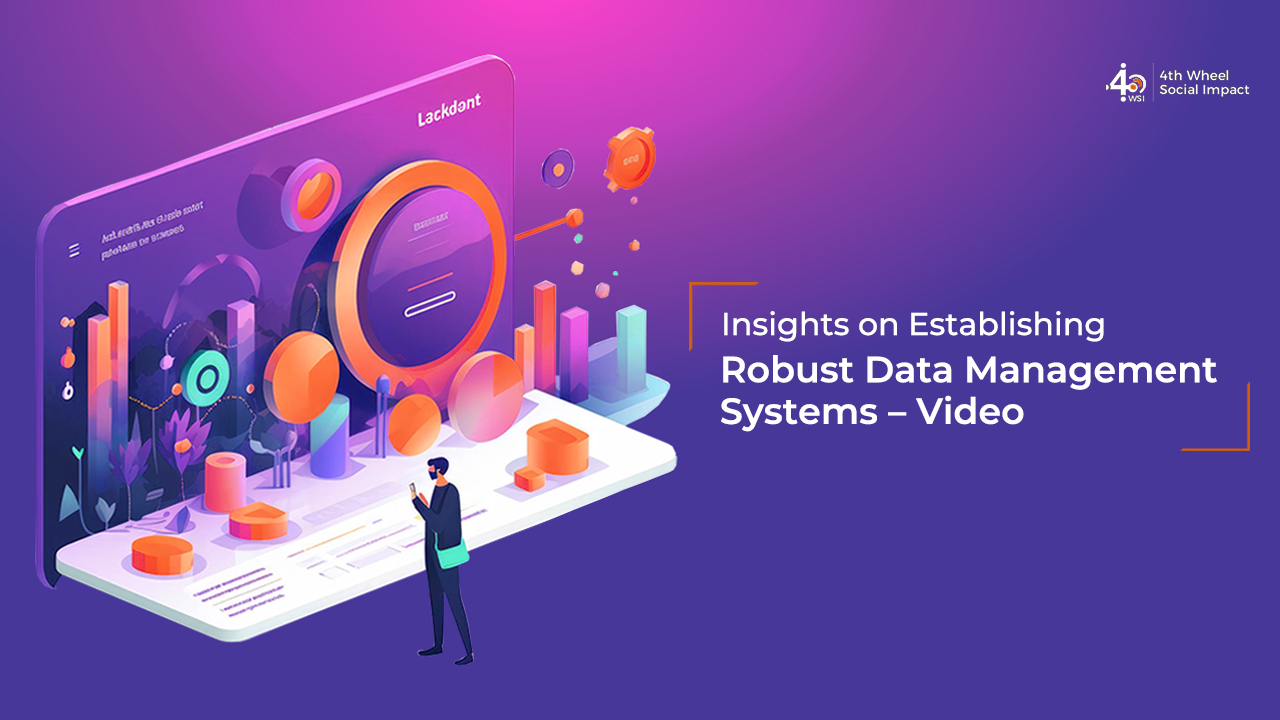
Insights on Establishing Robust Data Management Systems – Video
As a part of our inaugural Social Impact Dialogues commemorating the 4th Wheel’s 13th anniversary, we had the pleasure of hosting Manije Kelkar, Founder and
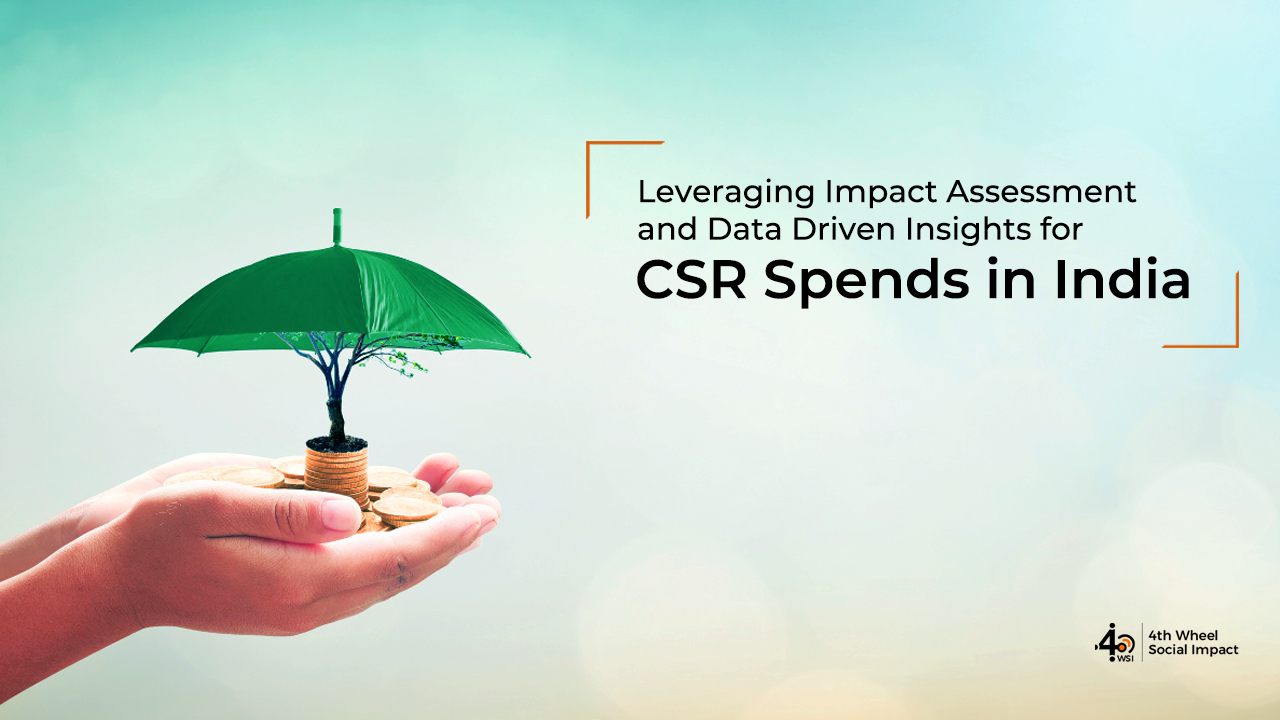
Leveraging Impact Assessment and Data-Driven Insights for CSR Spends in India
Recent data and statistics highlight the growing momentum of CSR in India and the concerted efforts of companies to make a meaningful and lasting impact
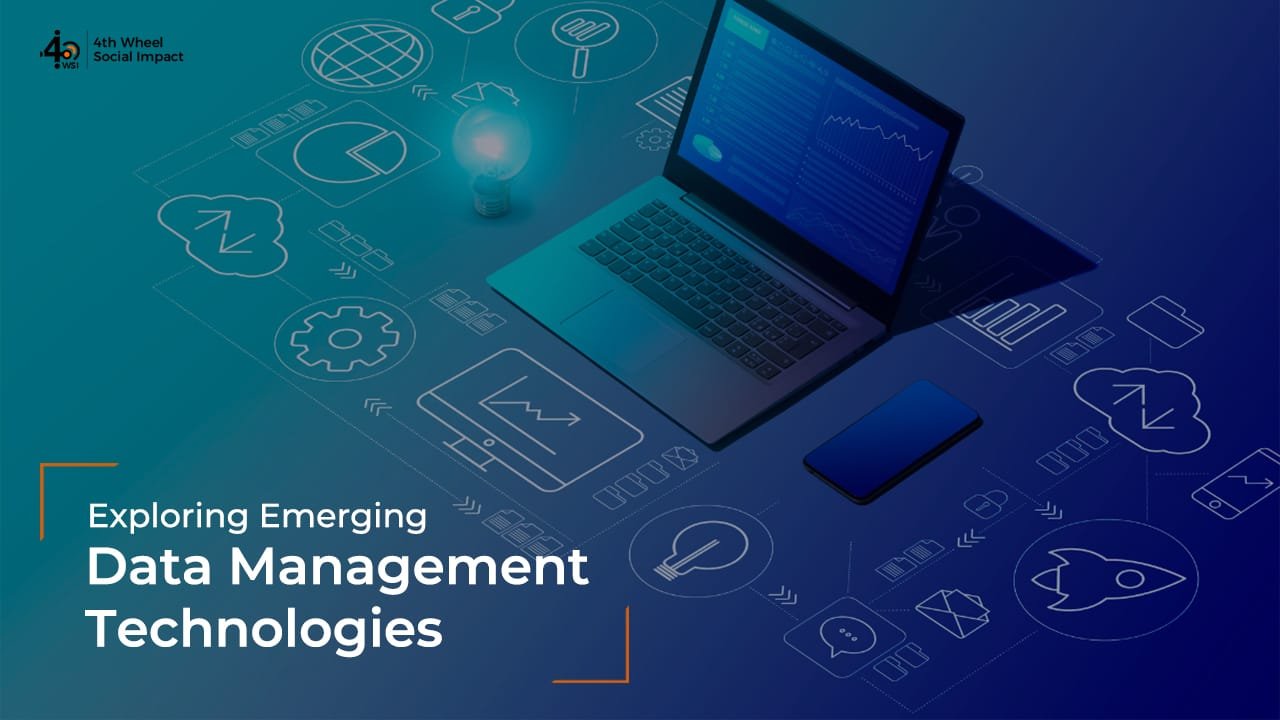
Exploring Emerging Data Management Technologies
Ten years ago, data management systems for the development sector looked very different from what they do today. The primary means of collecting data were

Theory of Change: From Design to Strategy – Virtual Training
As social impact practitioners, we at 4th wheel understand the importance of good intentions in this sector. But are good intentions enough? Do you sometimes
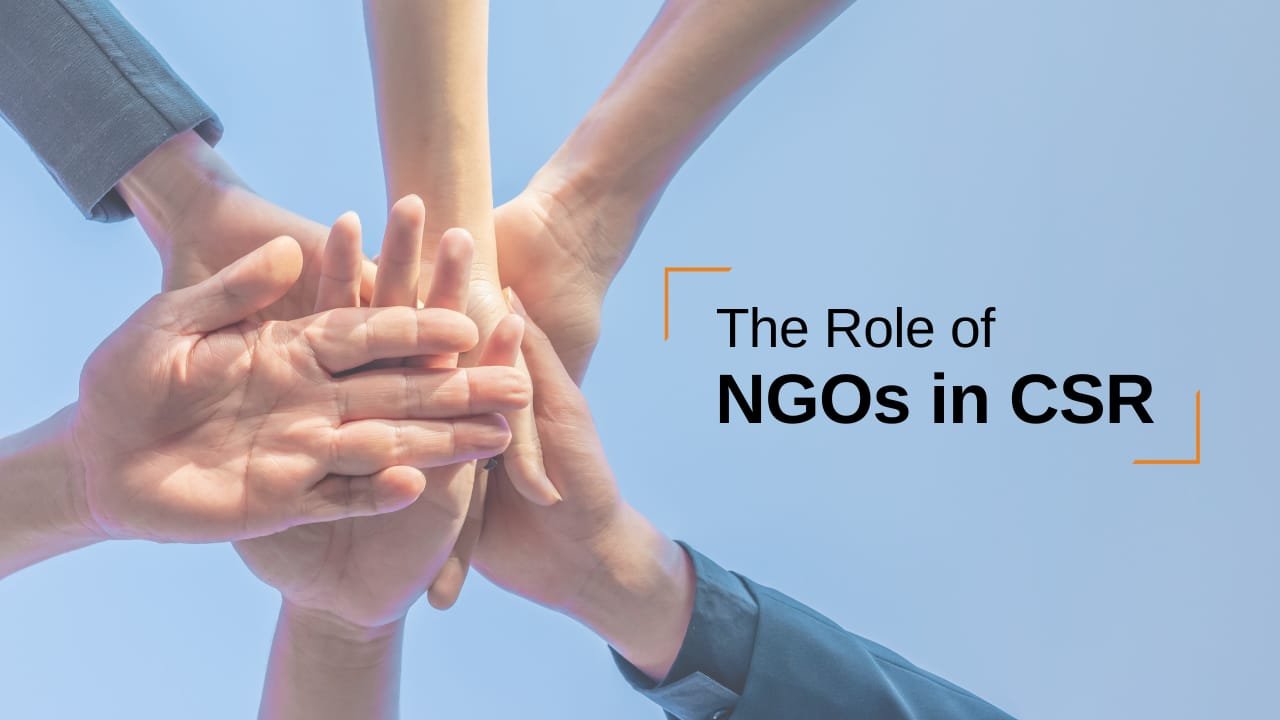
The Role of NGOs in CSR
Corporate Social Responsibility (CSR), in transition from being merely compliance-driven to being impact-informed and strategic, now requires firms to care about the nature and quality
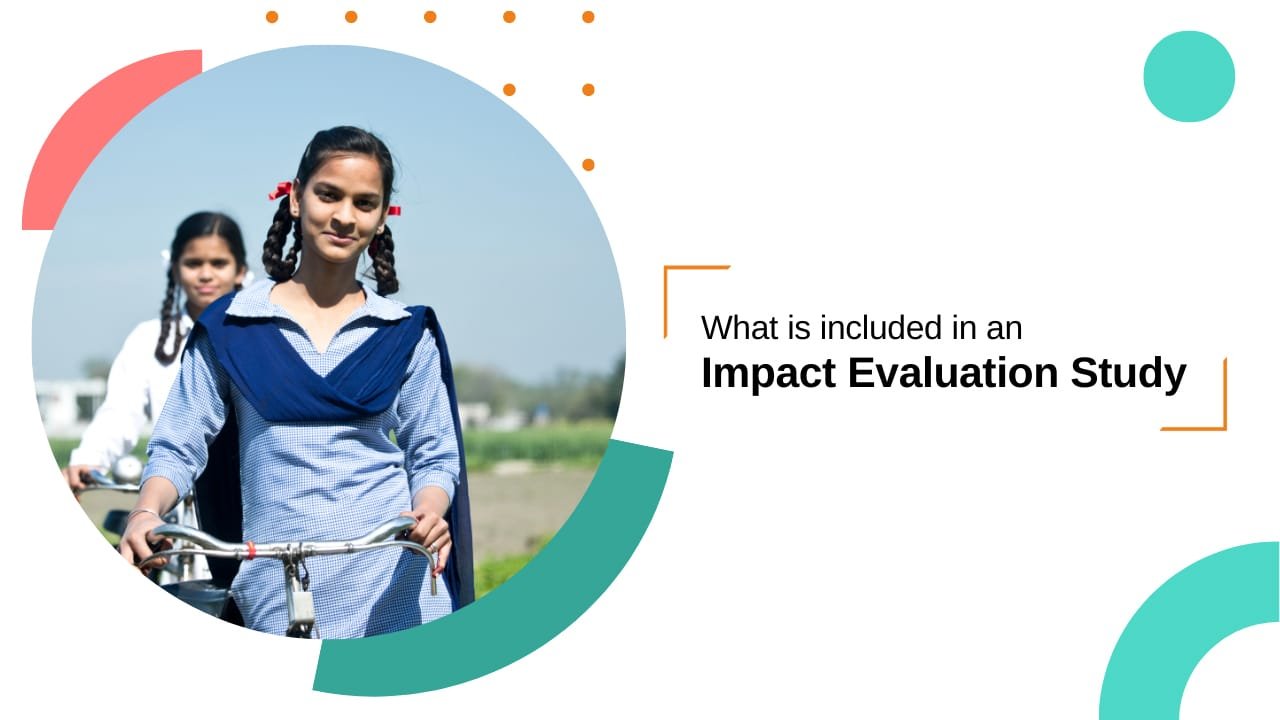
What is included in an impact evaluation study?
Impact- if not measured or evaluated correctly, can be very difficult to understand and quantify. In this blog, we will see what an impact evaluation

A Health Needs Assessment in Tamil Nadu: Discussion Workshop
On March 10th, 2022, 4th Wheel Social Impact held a virtual workshop to share the findings from a health needs assessment that had been carried

Theory of Change || Hands-on Training
Learn how to develop and make use of a Theory of Change to better strategise and measure social impact Undoubtedly, Theory of Change has become
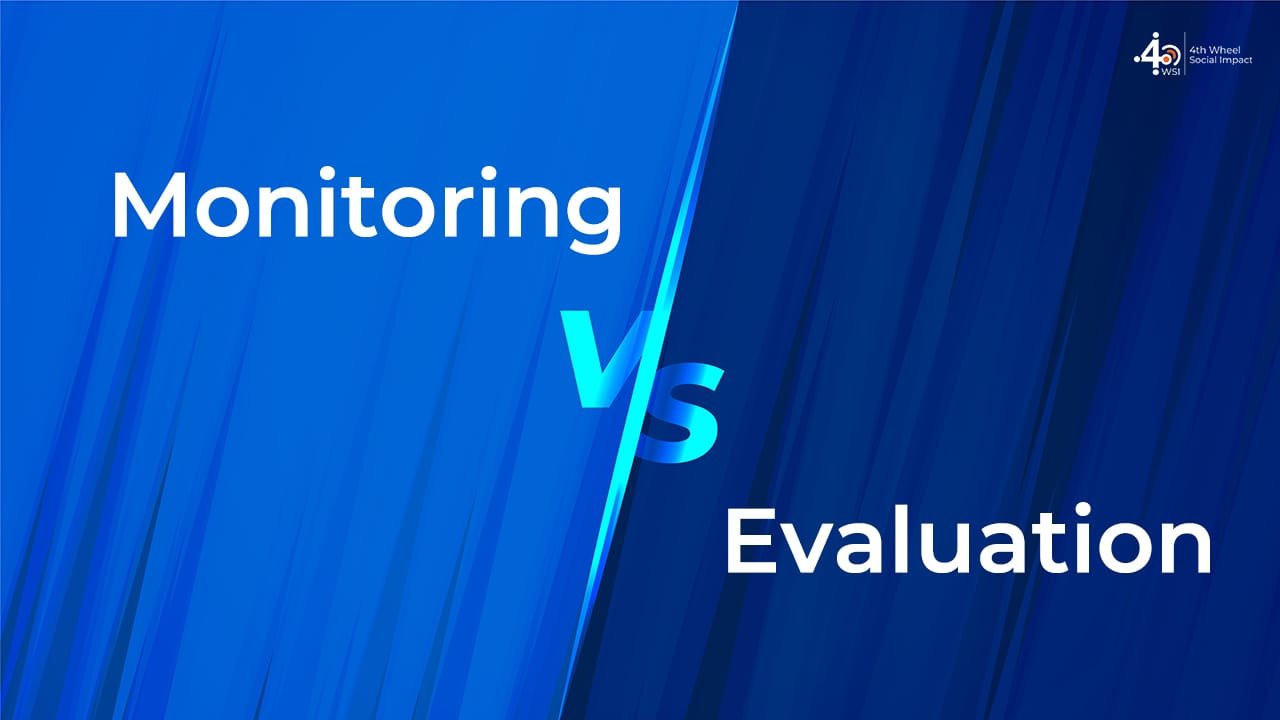
Difference between Monitoring and Evaluation
Monitoring and Evaluation are two related yet completely diverse instruments which, when applied effectively, can revolutionize the results of any project. The primary purpose of

Role and Need of an External Evaluator
With the rising wave of new-age evaluation methods, it has become increasingly important to accurately gauge the quality and effectiveness of a business’s projects, programmes,
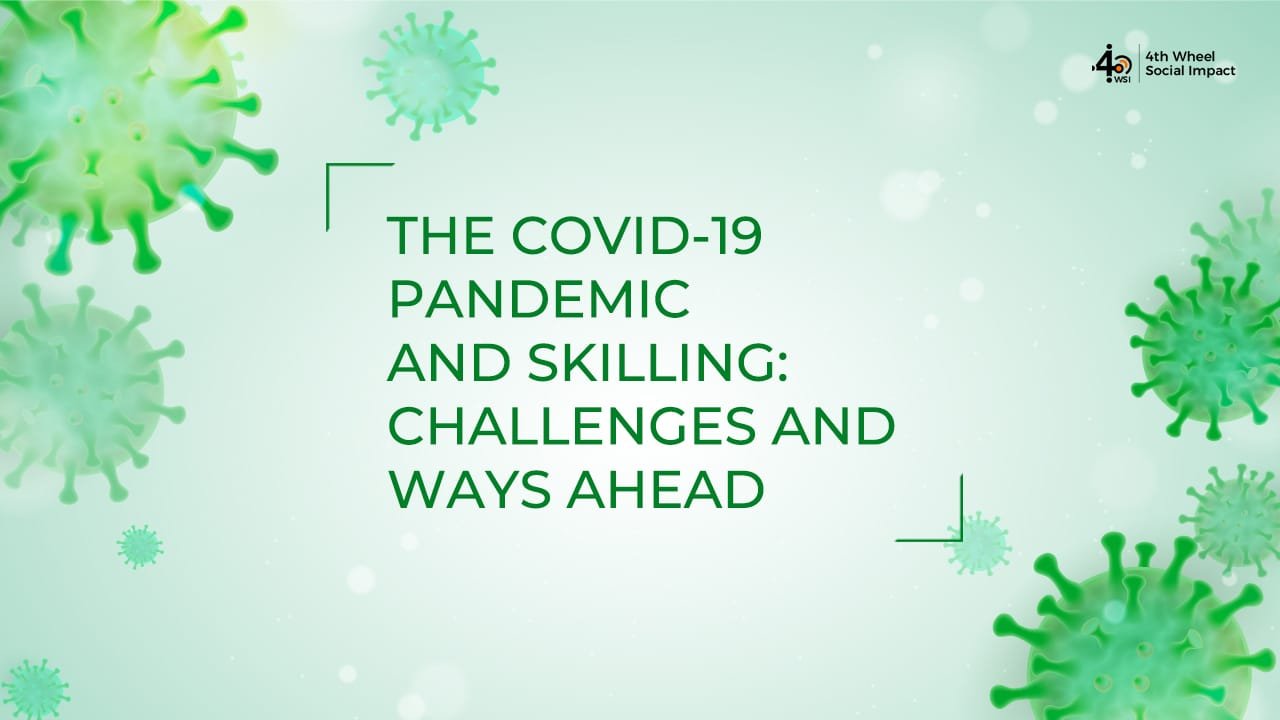
THE COVID-19 PANDEMIC AND SKILLING: CHALLENGES AND WAYS AHEAD
India presents an interesting paradox when one tries to draw an association between the skilling and employment levels in the country. its skilling-employment levels. India

7 things to know about India’s skilling sector
Skills have multiple meanings and many elements. More than 54% of the total population of India is below 25 years of age. Over 62% of

CSR: Companies(CSR POLICY) Amendment Rules 2021 India
The Companies (Corporate Social Responsibility Policy) Amendment Rules, 2021 signify the evolution of CSR in India, moving beyond compliance to a more strategic, structured, and
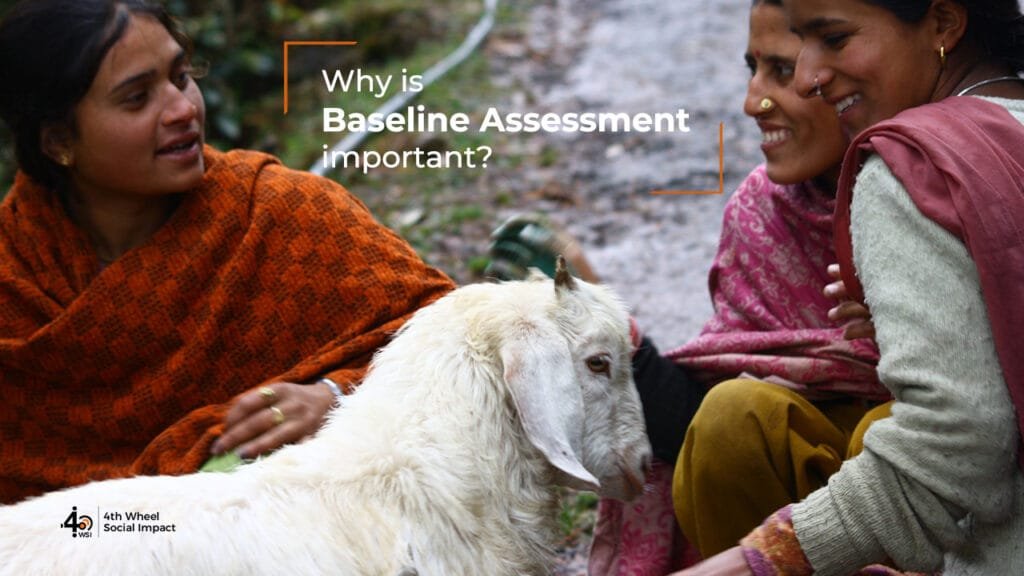
Why is Baseline Assessment important?
What is a Baseline Assessment? A baseline assessment is an analysis of the current situation to identify the starting points for a programme or project, setting benchmarks
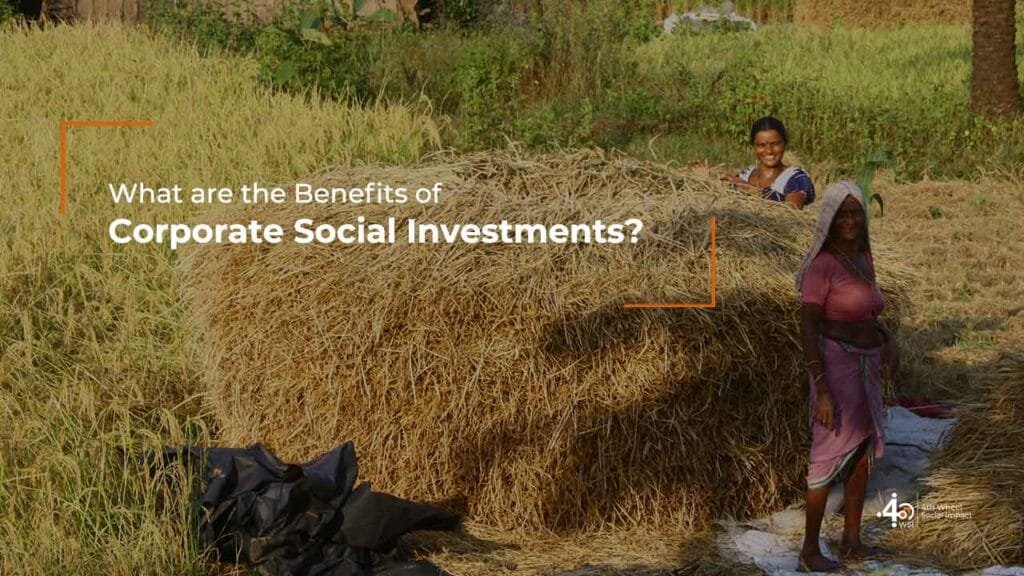
What are the Benefits of Corporate Social Investments?
The CSR Companies Act of 2013 brought the importance of social responsibility of business to the forefront by mandating Corporate Social Responsibility (CSR) spends. It propelled the
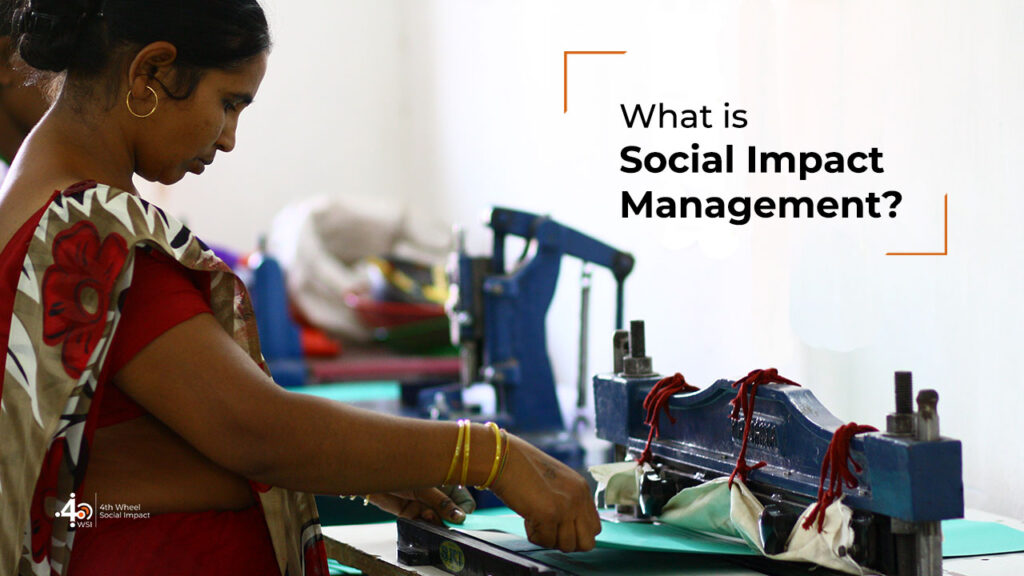
What is Social Impact Management?
Social Impact management is an ongoing practice of measuring and improving social investment outcomes to reduce negative and increase positive impacts of an organisation’s activities.
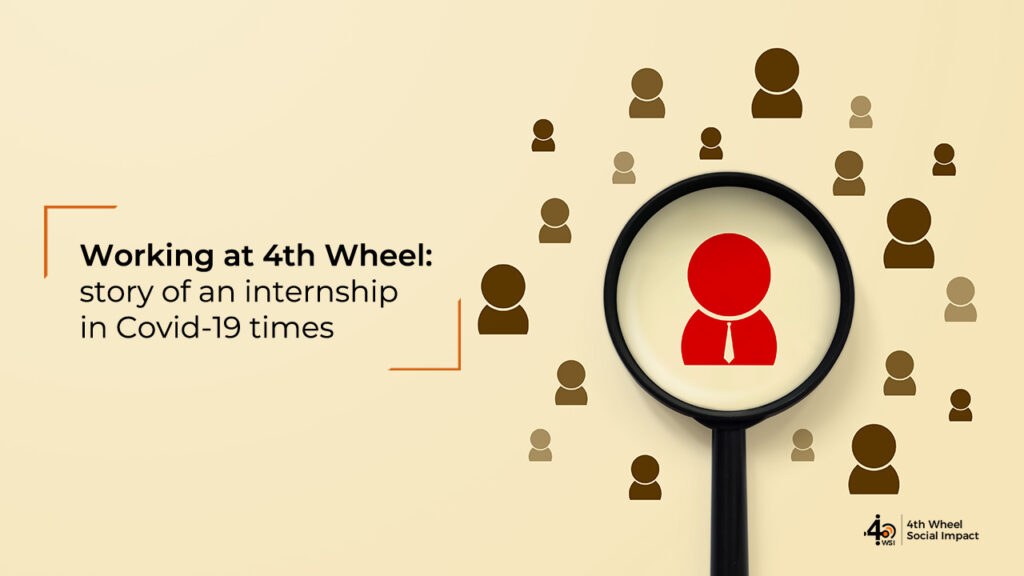
Working at 4th Wheel: story of an internship in Covid-19 times
I arrived in Mumbai in February, ready for a 6-month internship at 4th Wheel and for life in a city I had long wished to live in. One
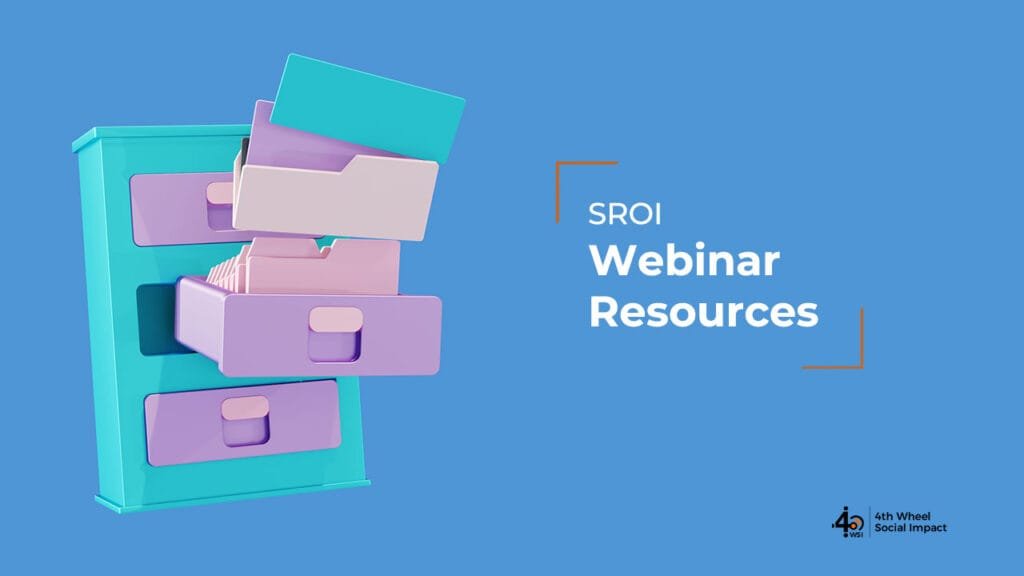
SROI Webinar Resources
Social Value International and 4th Wheel jointly organised an online webinar on Social Return on Investment. The two hosts discussed about the values and processes

5 Things to Consider when using SROI
In the overall bigger picture of your business’s impact, Social Return on Investment (SROI) is one of the key indicators in determining the company’s social

3 Practices Anthropology Can Contribute to Monitoring and Evaluation
Monitoring and Evaluation (M&E) are processes used to study the performance of projects and programmes implemented by entities such as governments, NGOs, and other organisations.
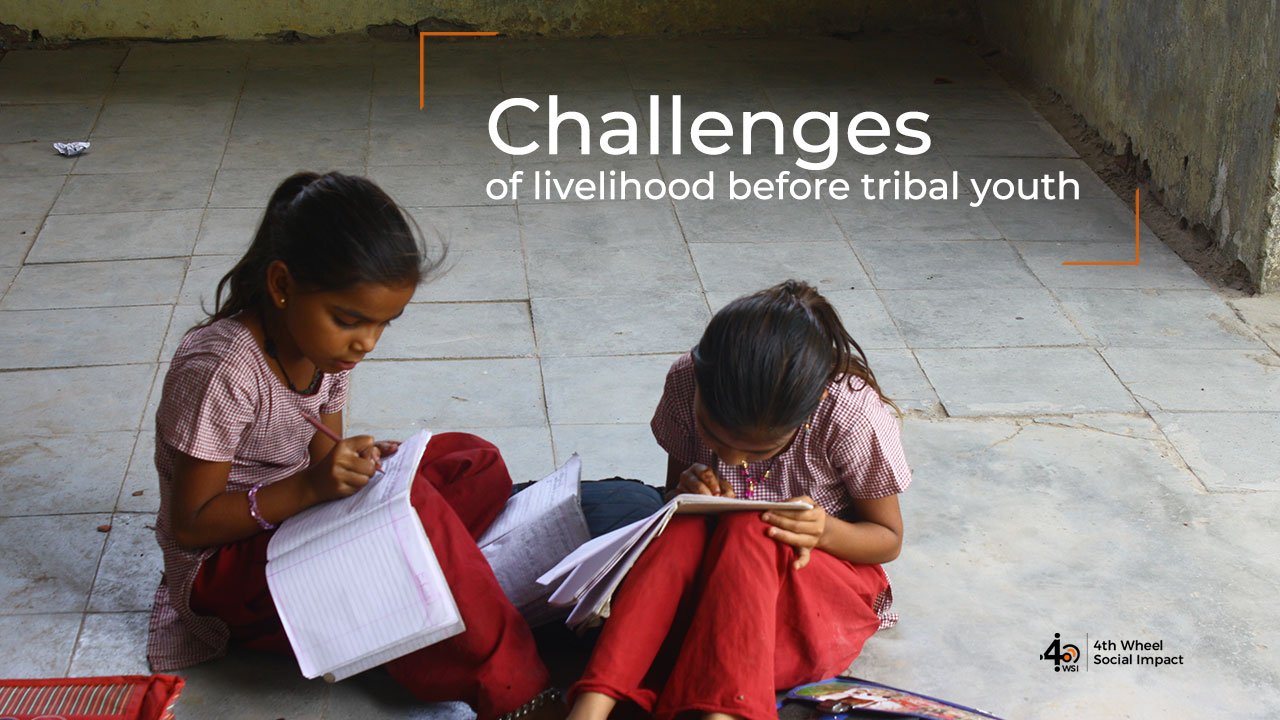
Challenges of Livelihood Before Tribal Youth
Rooted in culture and community, the tribal culture is one of the most prominent, long-standing pillars of Gujarat. From Bhil to Dang, the tribes
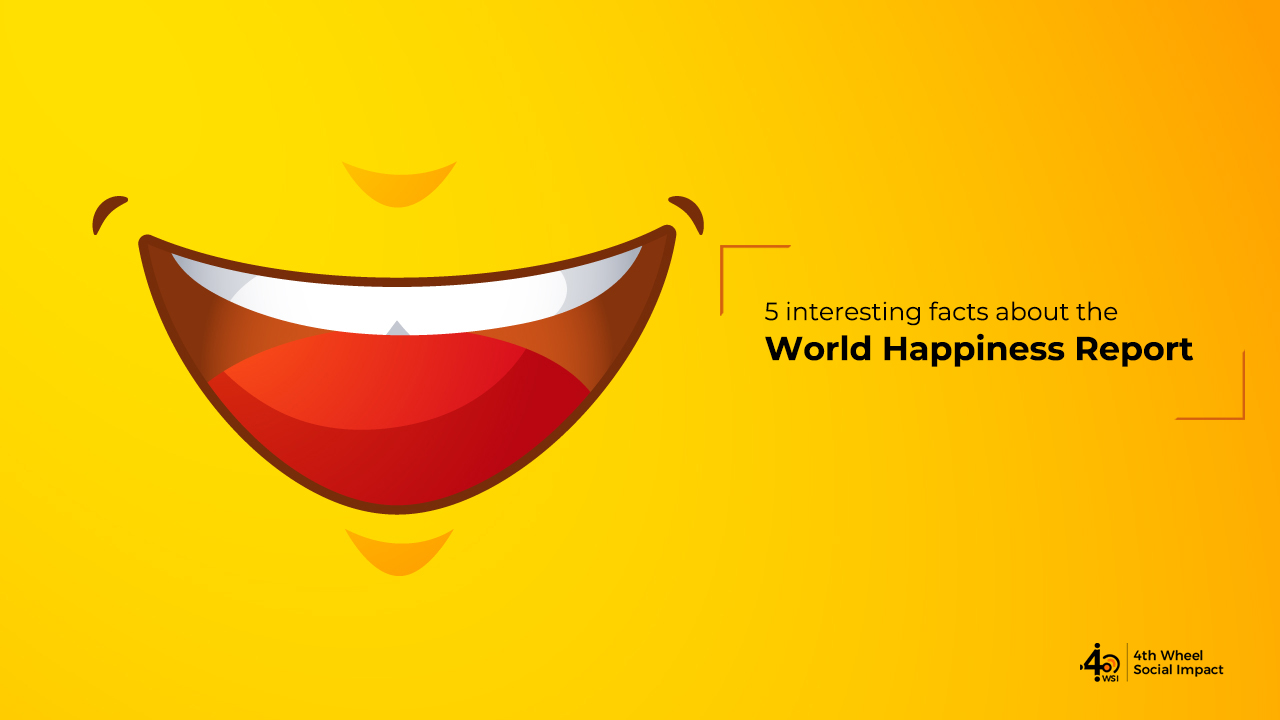
What makes us happy: 5 interesting facts about the World Happiness Report
The 7th edition of the World Happiness Report has recently been published. While Finland ranks first, followed by its neighbouring Nordic countries, we went a step
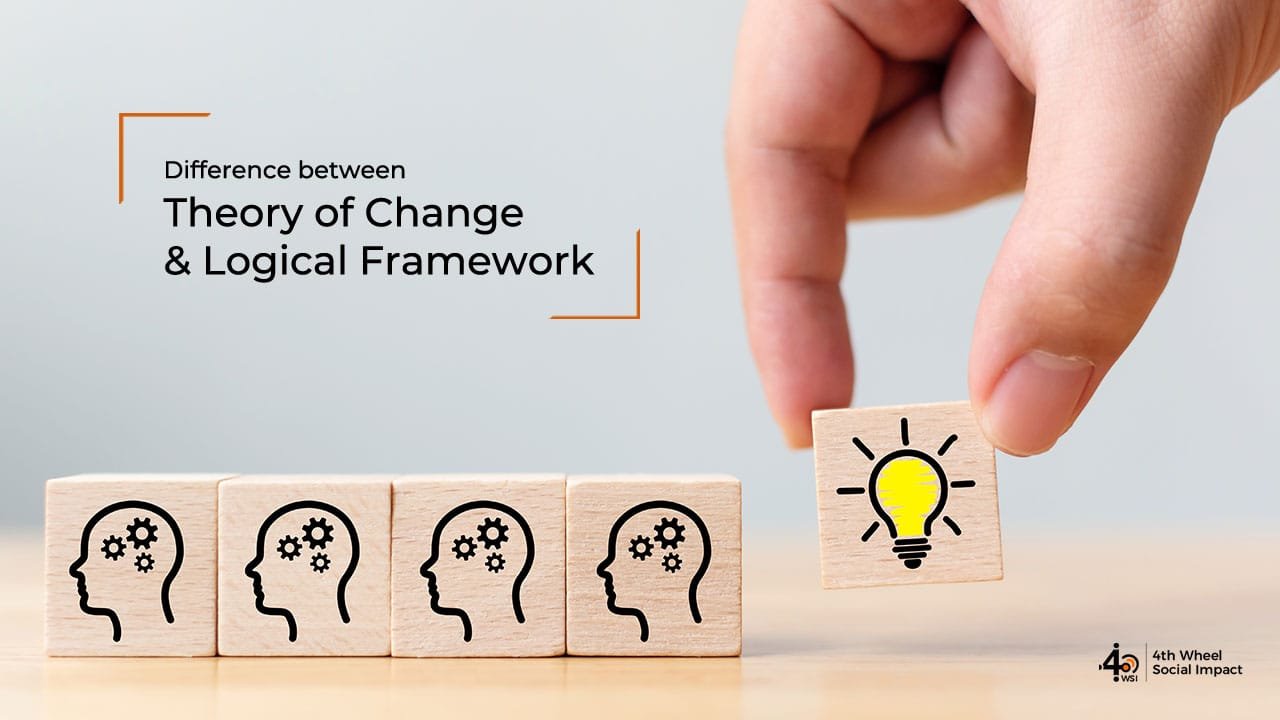
What is the difference between Theory of Change and Logical Framework
Confused about the difference between a Theory of Change and a Logical Framework? Review the graphic below to know more:
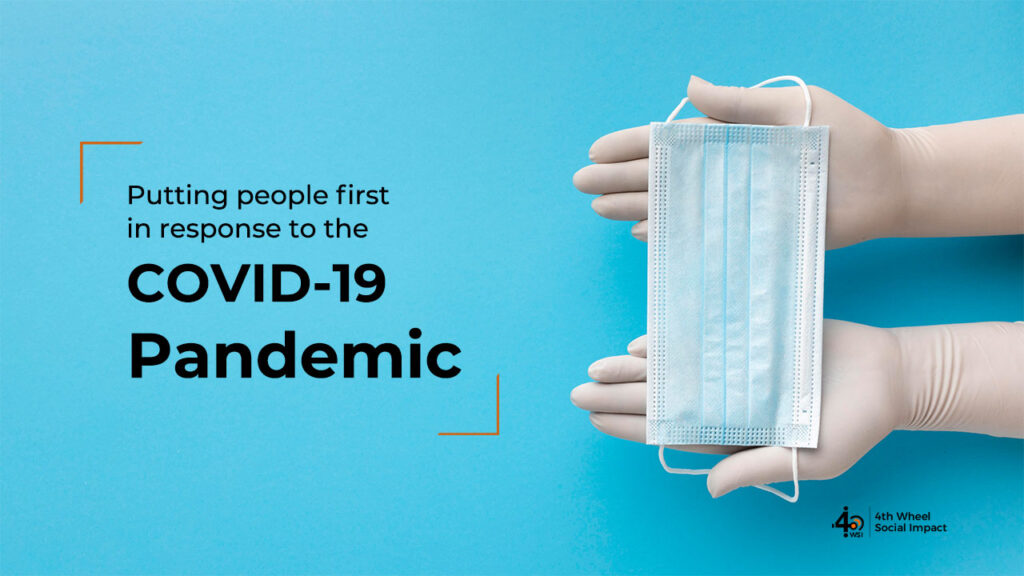
Putting people first in response to the COVID-19 pandemic
For close to two months now, India has been in a nationwide lockdown propelled due to the highly infectious Coronavirus 2019 or COVID-19. To date,
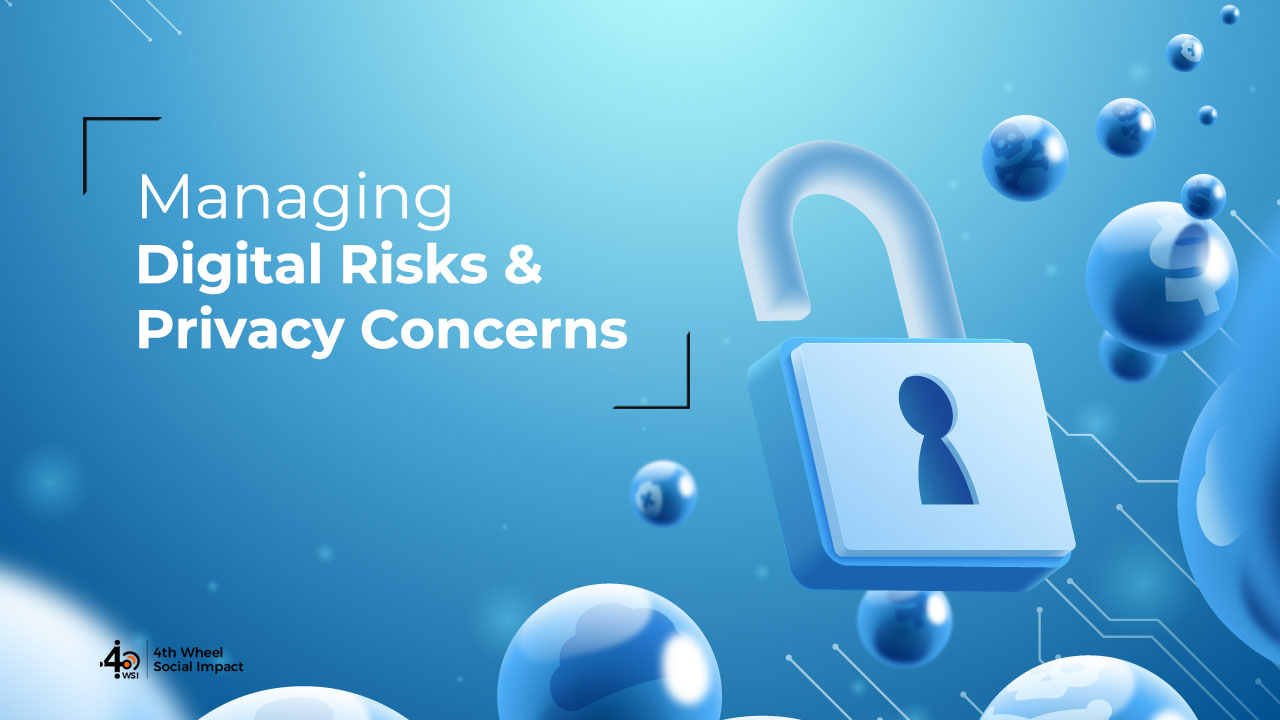
Managing digital risks and privacy concerns
Data is often described as the new oil, but the analogy is limited by the fact that oil loses value when consumed while data does
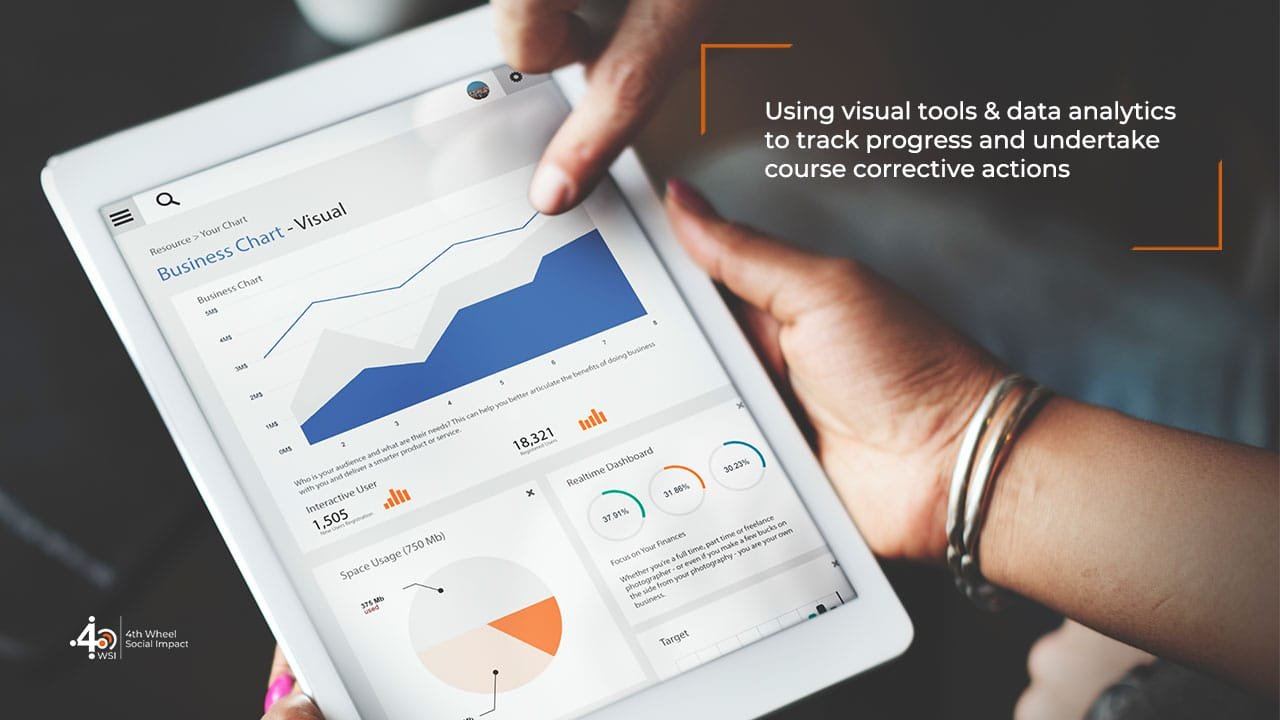
Using visual tools and data analytics to track progress and undertake course corrective actions
Dashboards track social performance and enable analysis based on innovative visualisations and tools to identify priorities for action. This data-driven initiative enables participation from a
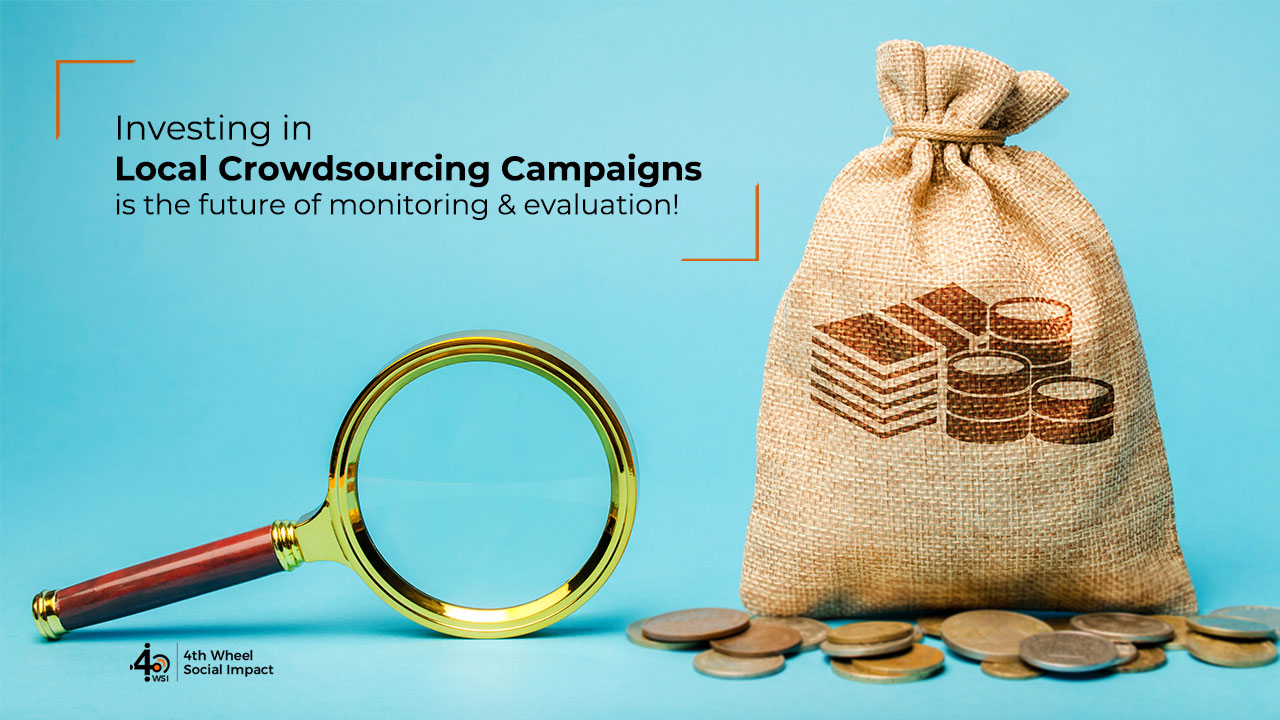
Investing in Local Crowdsourcing Campaigns is the future of monitoring and evaluation!
Crowdsourced data collection is widely believed to create an environment of active participation and engagement for social change. The underlying premise of the project was

Capacity building and peer learning for strengthened social service delivery
Training sessions are designed recognising the large number of professionals who are interested in virtual discussions on social impact and want to engage in peer
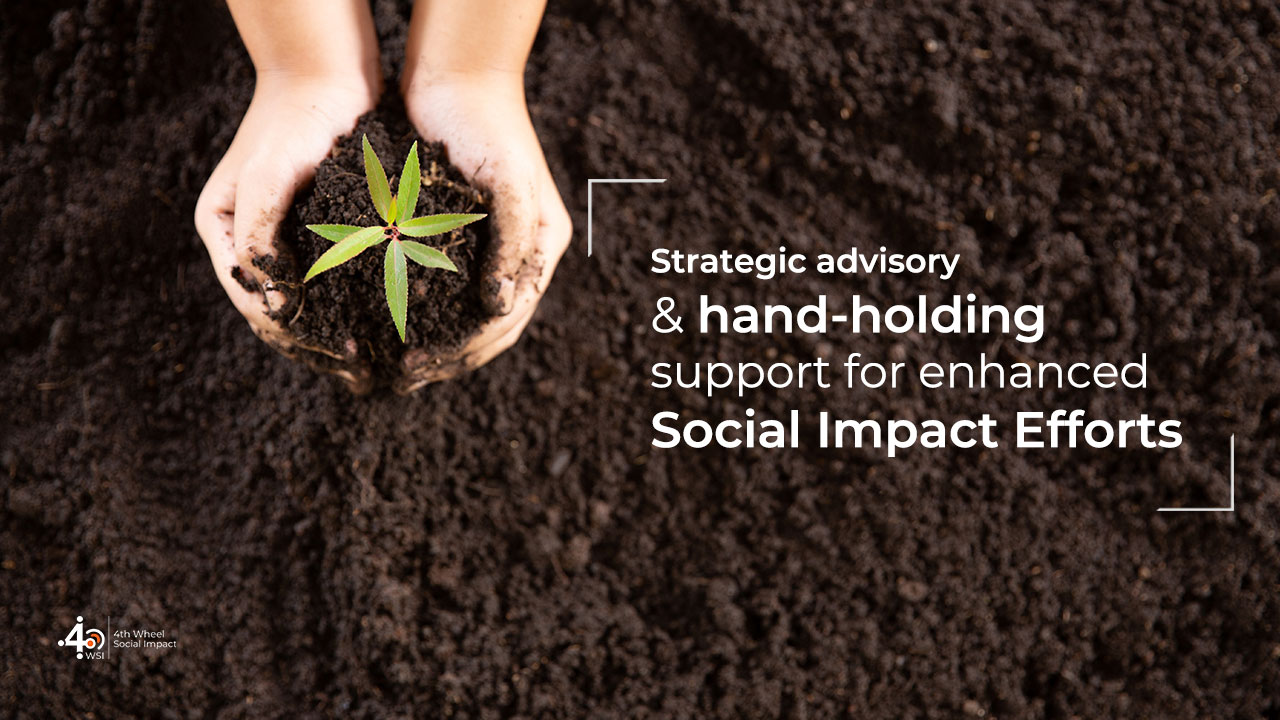
Strategic advisory and hand-holding support for enhanced social impact efforts
The commitment to evidence will only be possible with robust systems for gathering and analyzing data and the knowledge and expertise to translate results into
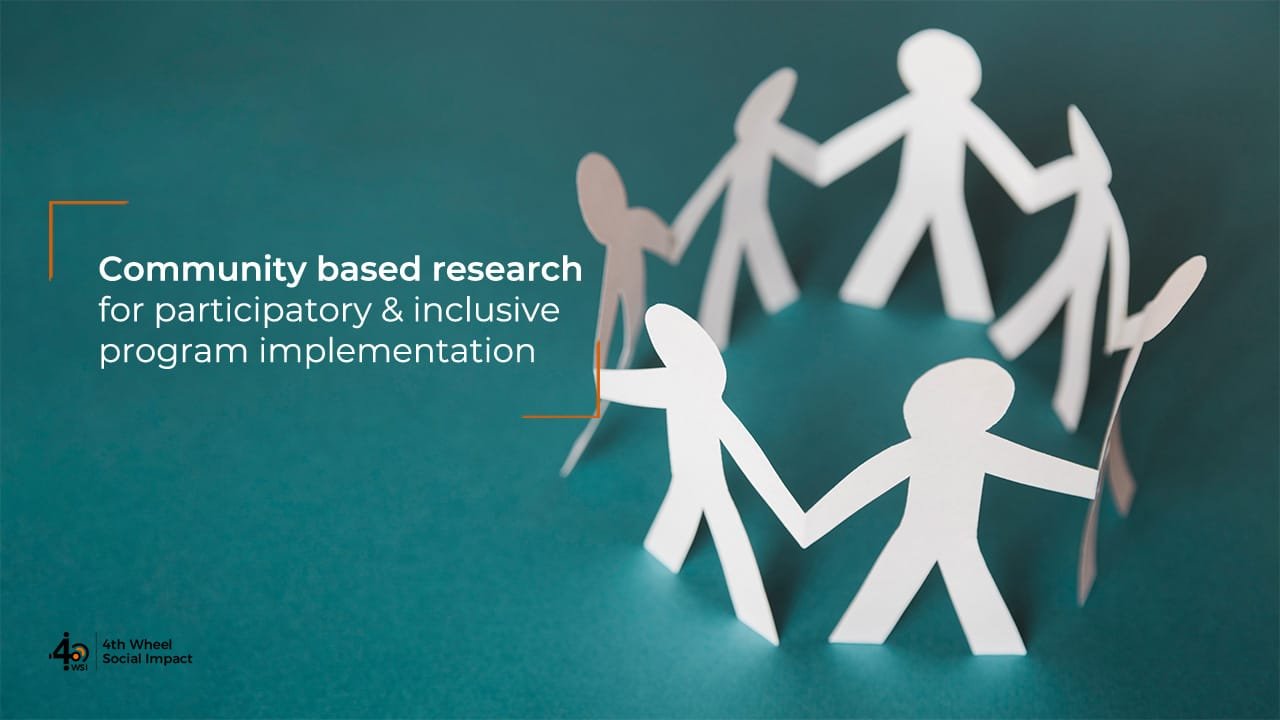
Community based research for participatory and inclusive program implementation
Our work engages communities and builds local capacities to undertake monitoring and evaluation activities, to collectively address critical social and economic challenges. Case Example The
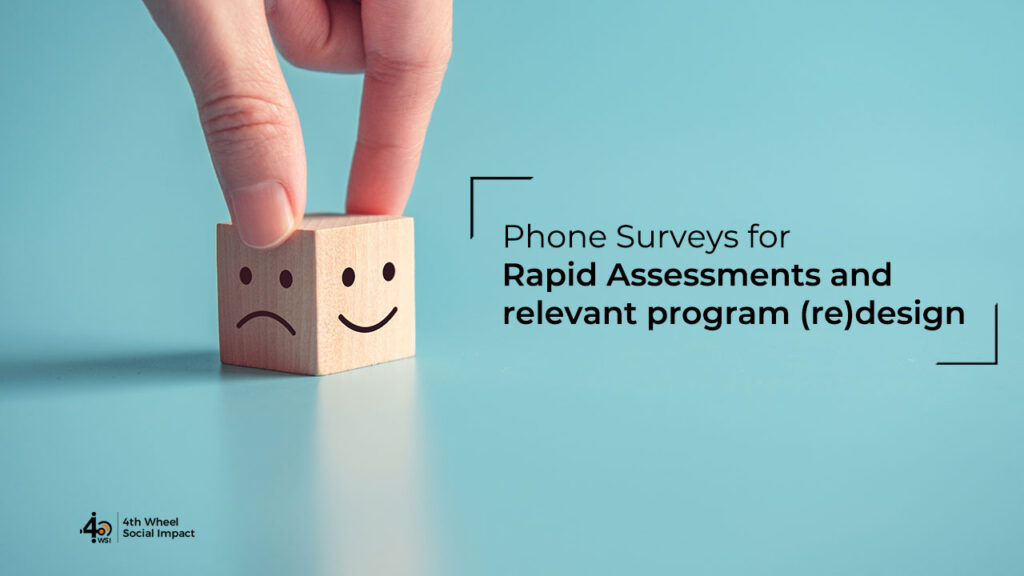
Phone Surveys for rapid assessments and relevant program (re)design
For uninterrupted and efficient project supervision, monitoring, and evaluation, we have strengthened systems to undertake rapid, remote data collection and phone-based surveys. Case Example Despite

6 steps to creating a conservation culture in workshops/trainings
All capacity-building workshops hosted by 4th Wheel aim to bring people together to seek their opinions, extract knowledge, and solve problems in a collaborative and
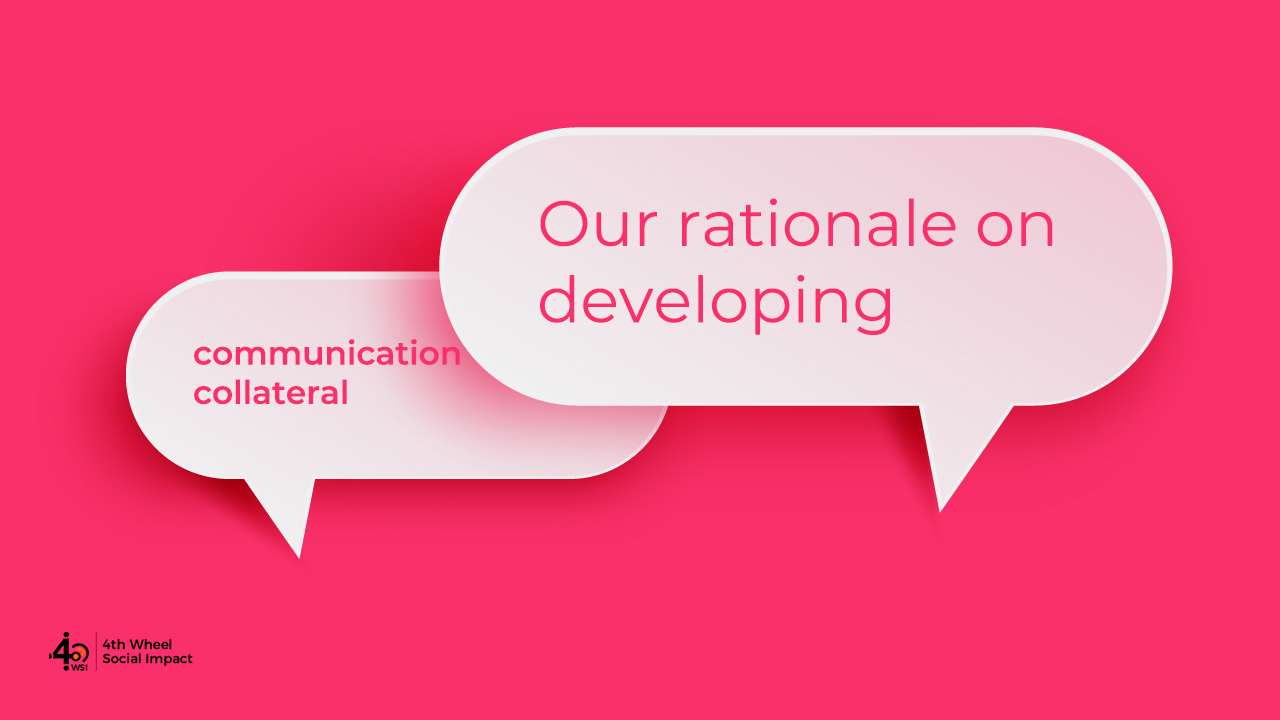
Our rationale on developing communication collateral
At 4th Wheel, we apply different types of mediums to share information on achieving social development goals. We combine old media forms with new media

Global Goals, Local Action – Aligning data collection to SDGs
The Sustainable Development Goals (SDGs) push the global development community to set ambitious targets, drive bold innovations, and measure impact consistently. According to a recent
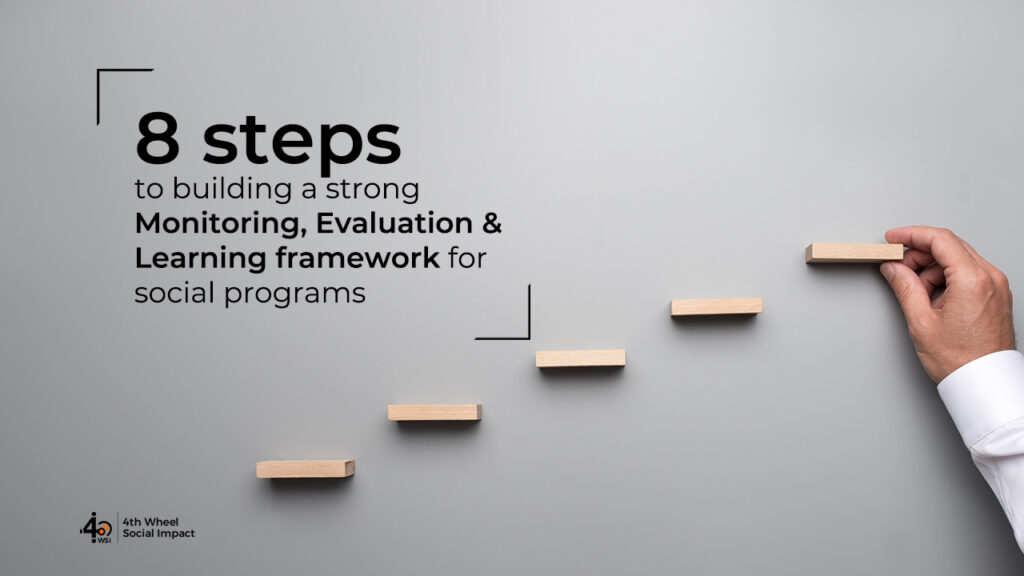
8 steps to building a strong Monitoring, Evaluation and Learning framework for social programs
We work with several organisations to build Monitoring, Evaluation, and Learning (MEL) frameworks. These frameworks enable saving resources and time, reducing paperwork, facilitating administrative steps,
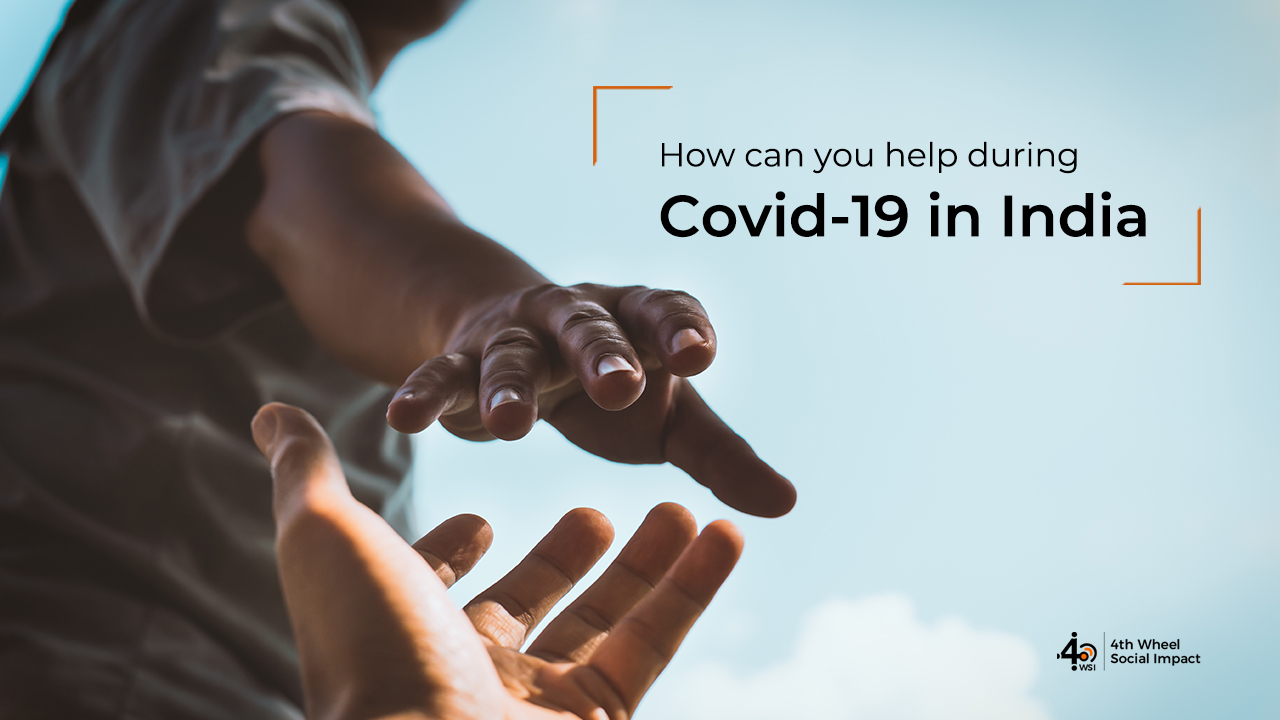
How can you help during Covid-19 in India
Coronavirus Precautions: Social Distancing? Using Masks? Washing hands with Sanitizers? Easy things right. Not for people who are homeless, live in slums, or rural parts
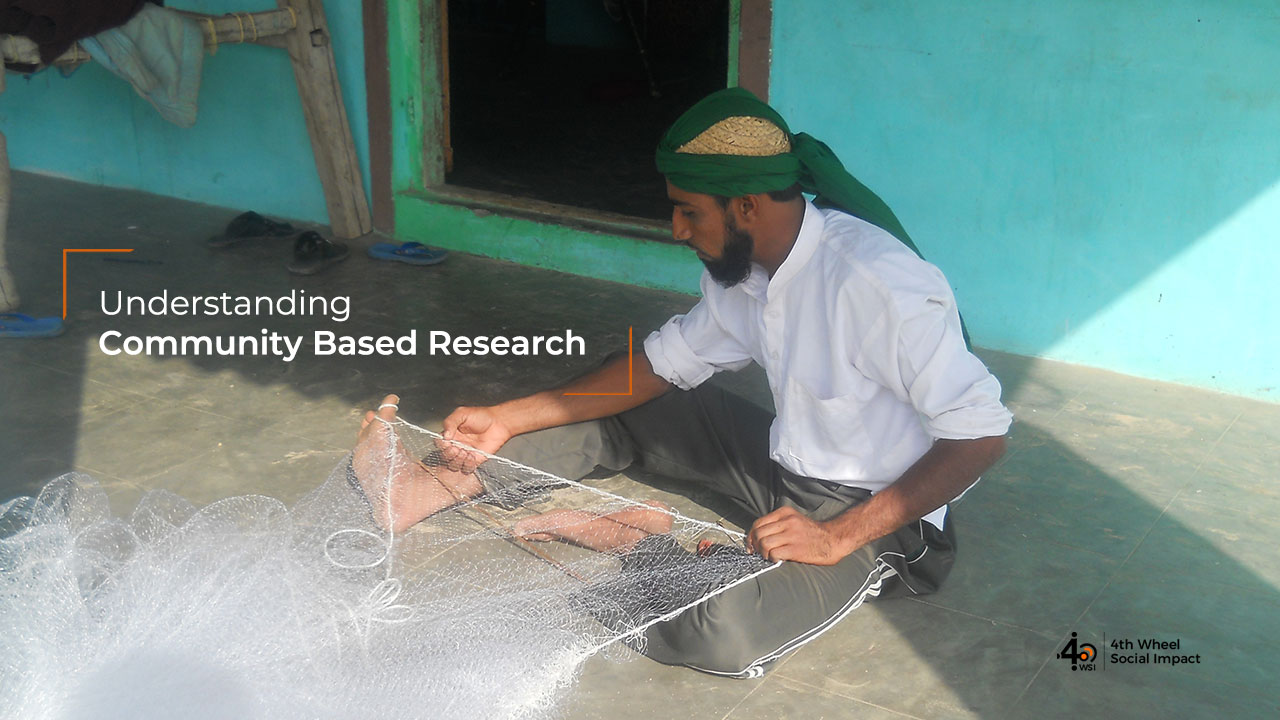
Understanding Community Based Research
There was a slum community where a Non-Governmental Organisation (NGO) was working on eradicating malaria and dengue. However, the NGO did not receive the expected
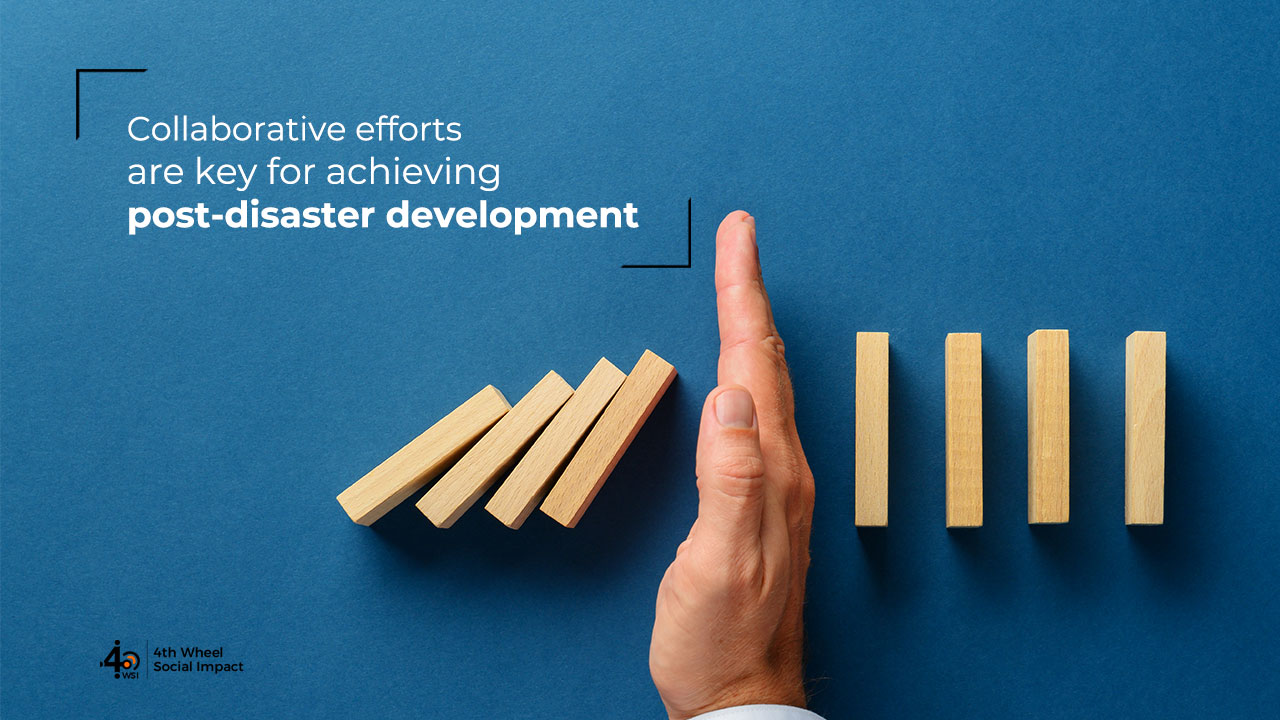
Collaborative efforts are key for achieving post-disaster development: A brief look at Kerala floods
Post natural disasters, countries should focus on rebuilding their infrastructure and resources, stronger and faster, and in an inclusive manner so that post-disaster support reaches
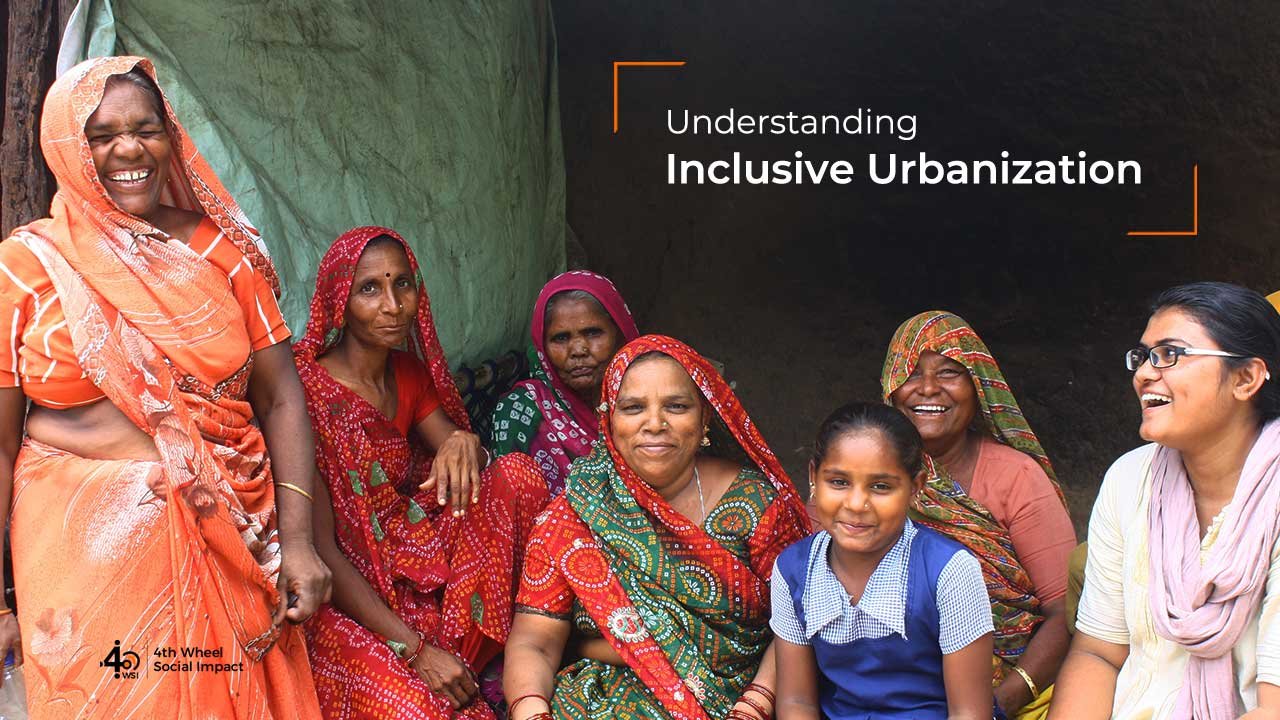
Understanding Inclusive Urbanization
Slums aren’t a rare sight in Mumbai. But every time I came across one, only two things came up to my mind – how did
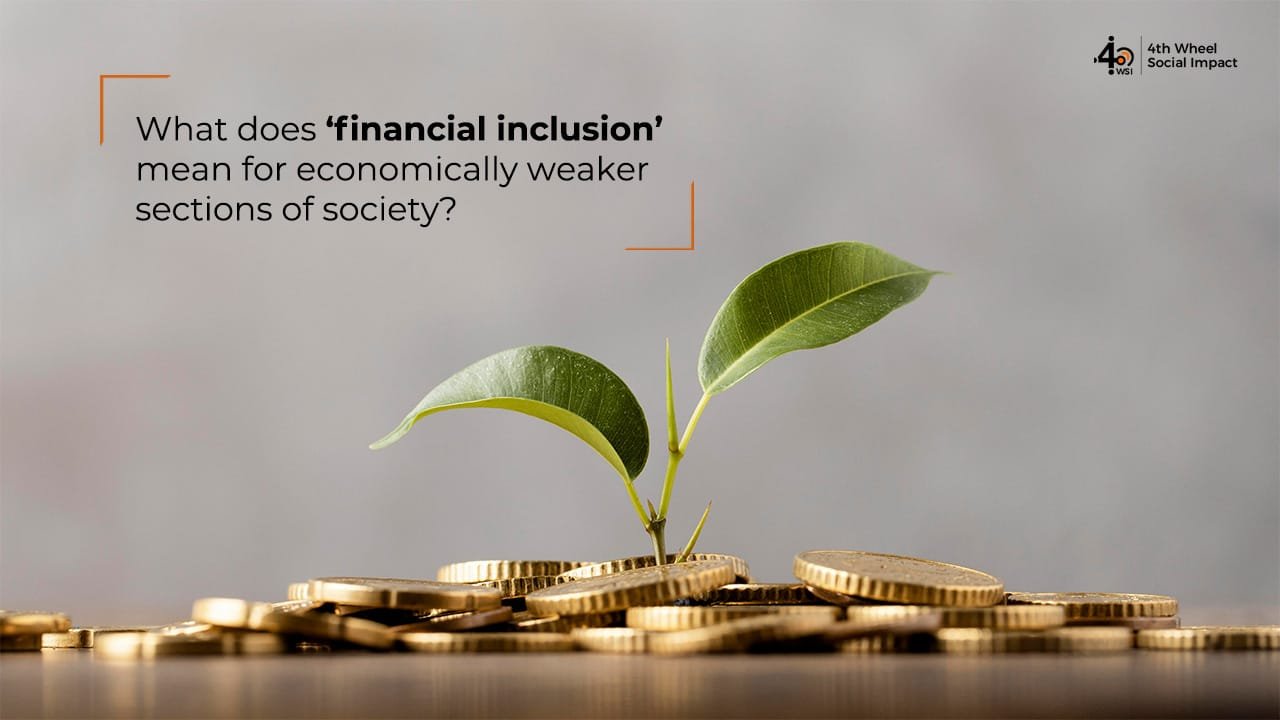
What does ‘financial inclusion’ mean for economically weaker sections of society?
In recent years, government policies have taken several initiatives to push for a more formal economy to promote the idea of financial inclusion, by encouraging
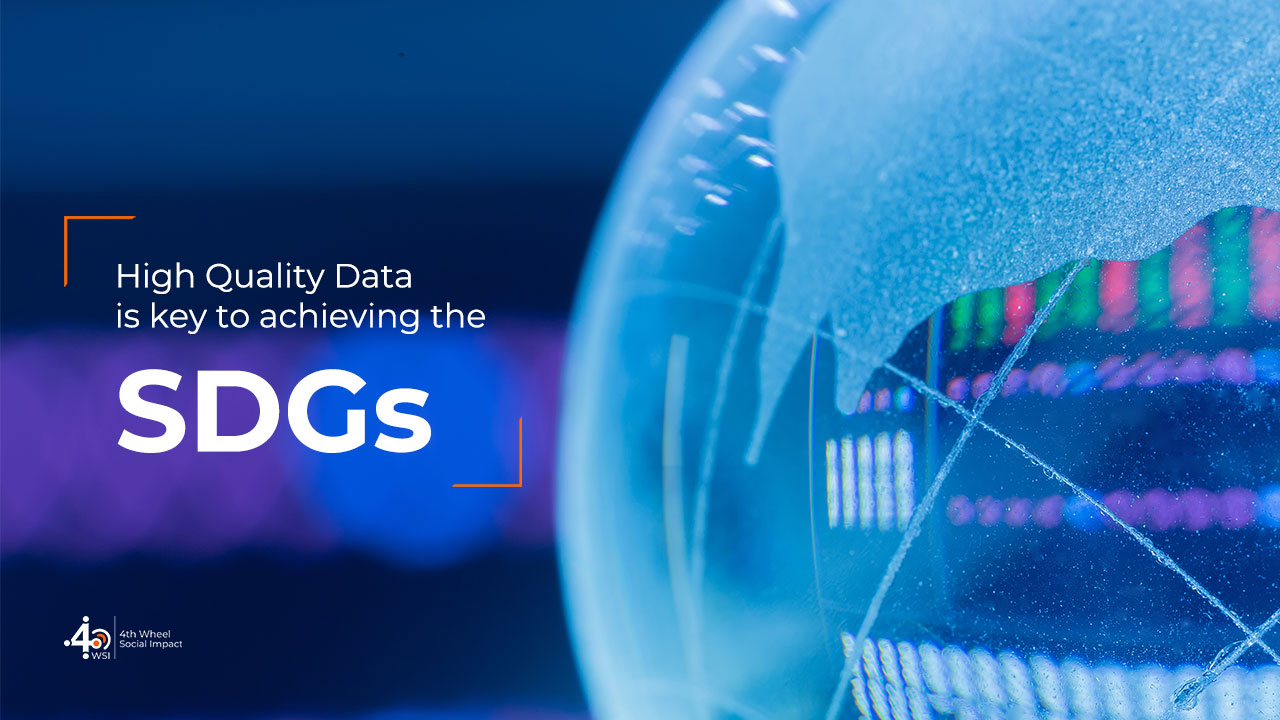
High Quality Data is key to achieving the SDGs
“By defining our goal more clearly, by making it seem more manageable and less remote, we can help all people to see it, to draw
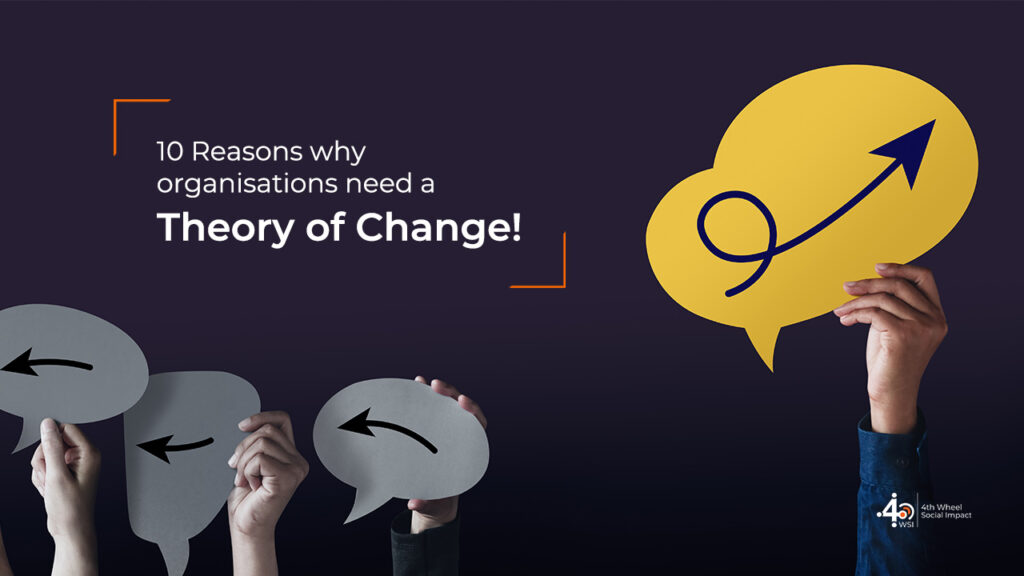
10 Reasons why organisations need a Theory of Change!
Theory of Change (ToC) is essentially a comprehensive description and illustration of how and why the desired change is expected to happen in a particular
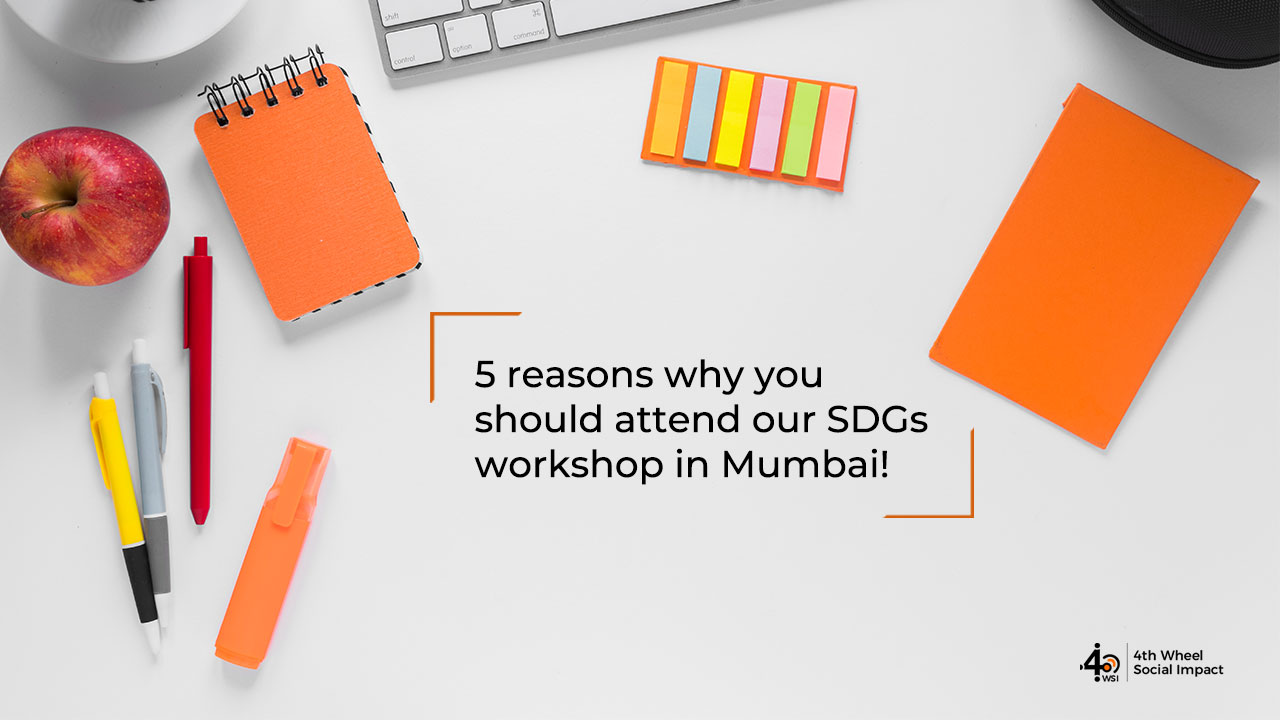
5 reasons why you should attend our SDGs workshop in Mumbai !
4th Wheel has received a grant by the Swedish Institute (www.si.se) to design and conduct a workshop on ‘Identifying contextualized indicators to measure the Sustainable

Using SMART indicators to evidence impact!
Good programme planning, combined with effective monitoring and evaluation, enhances the impact of development programmes. This idea is represented by the popular and strategic approach
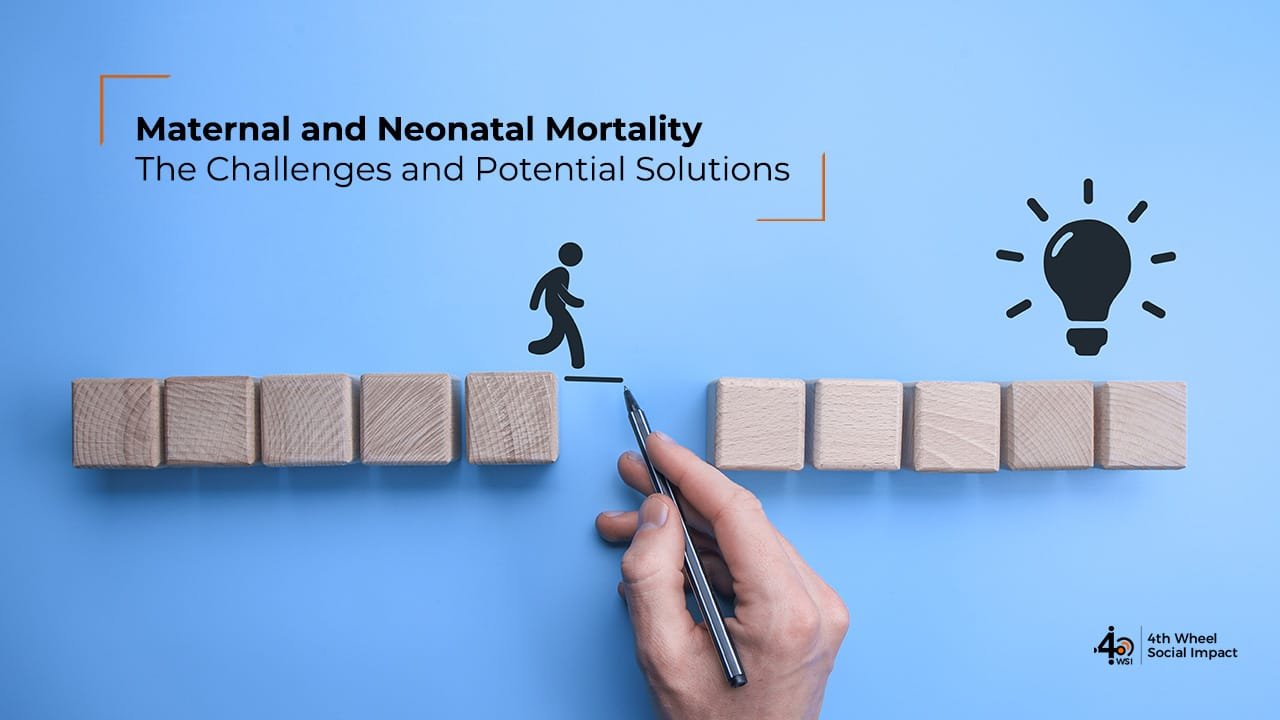
Maternal and Neonatal Mortality – The Challenges and Potential Solutions
Targets 3.1 and 3.2 of Sustainable Development Goal (SDG) 3 – good health for all – sets indicators for reducing the global maternal mortality rate
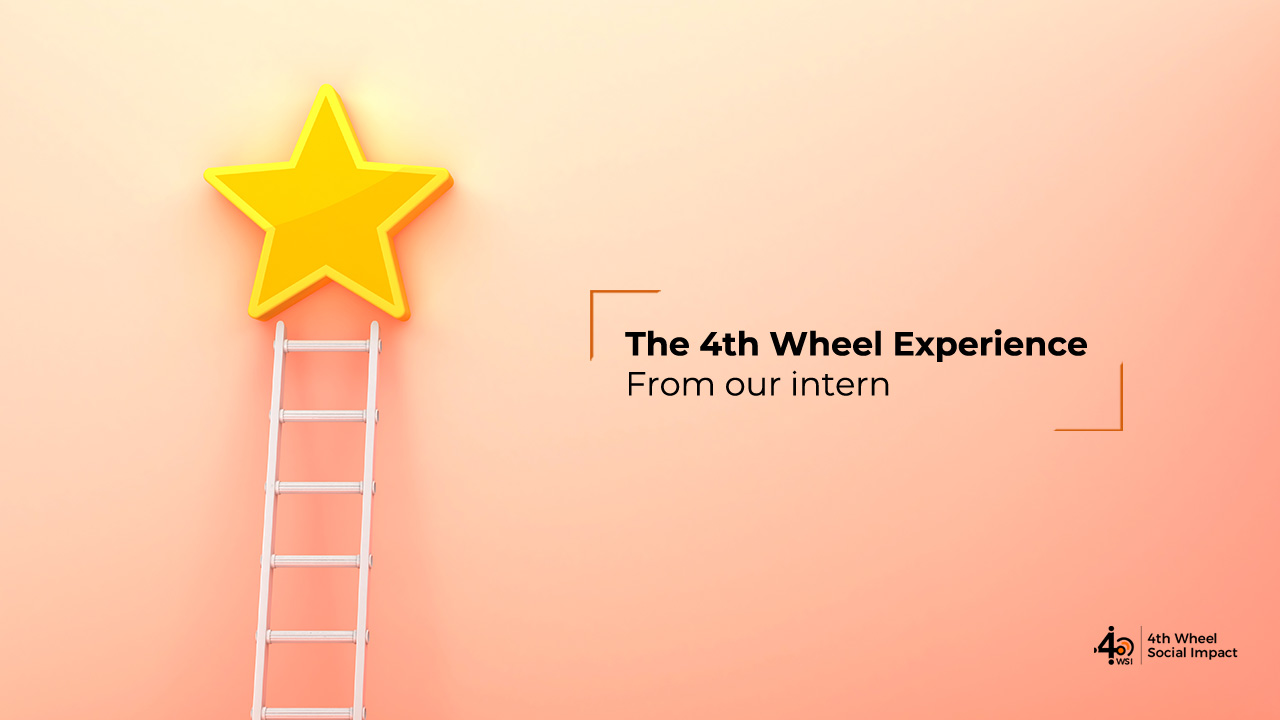
The 4th Wheel Experience – From our intern
The rhetoric of the self-serving, evil corporation is one we are all too familiar with. It is also one that up until very recently, I
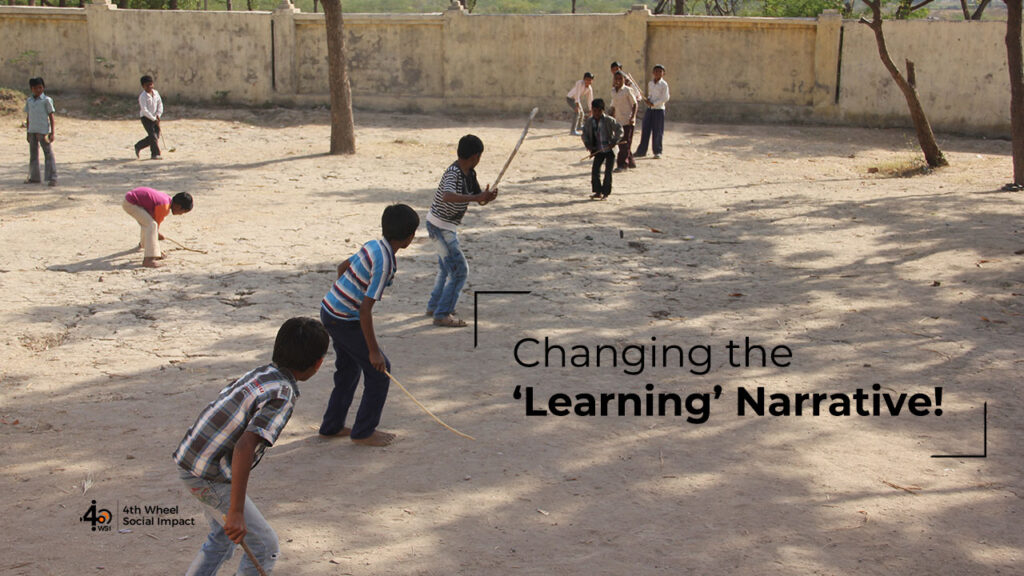
Changing the ‘Learning’ Narrative!
A Project on Youth-Led Development, using Technology for Social Change An ambitious project is underway in Bhuj and Gandhidham talukas of Kutch district in Gujarat, based on
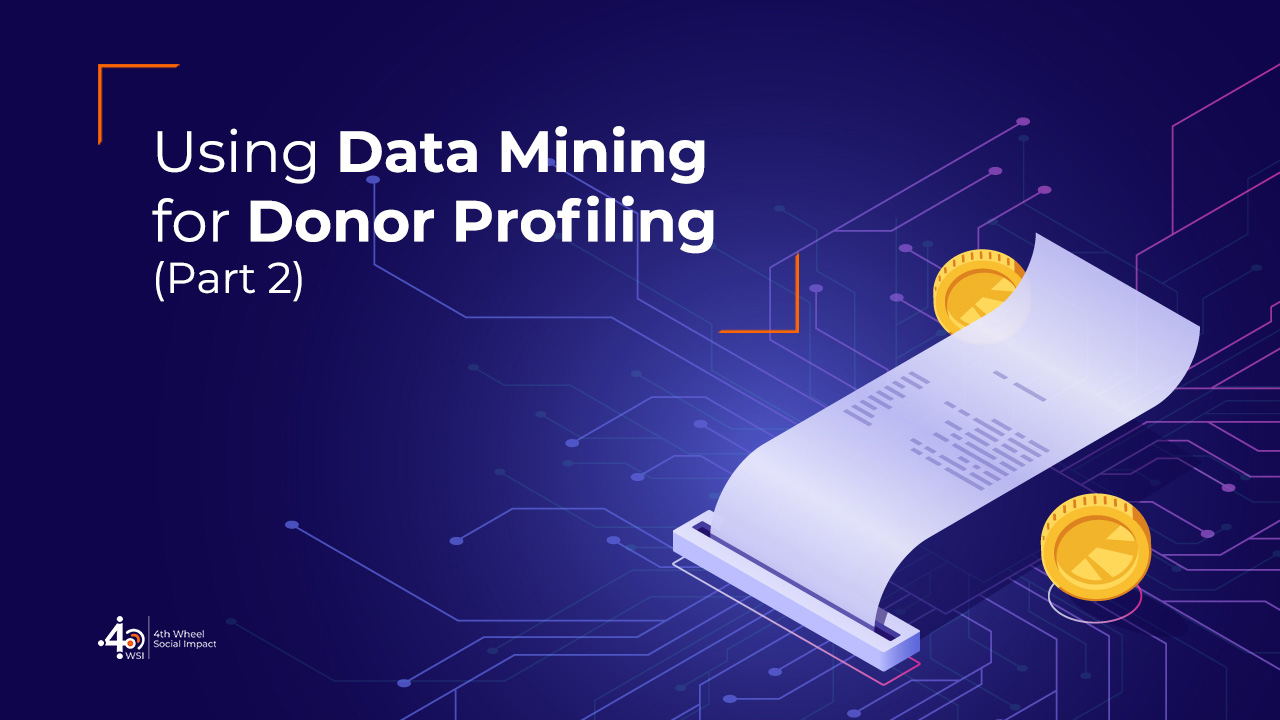
Using Data Mining for Donor Profiling (Part 2)
In part 1 of 4th Wheel’s guide on “Using Data Mining for Donor Profiling”, we discussed data mining, donor profiling, and their relevance in the
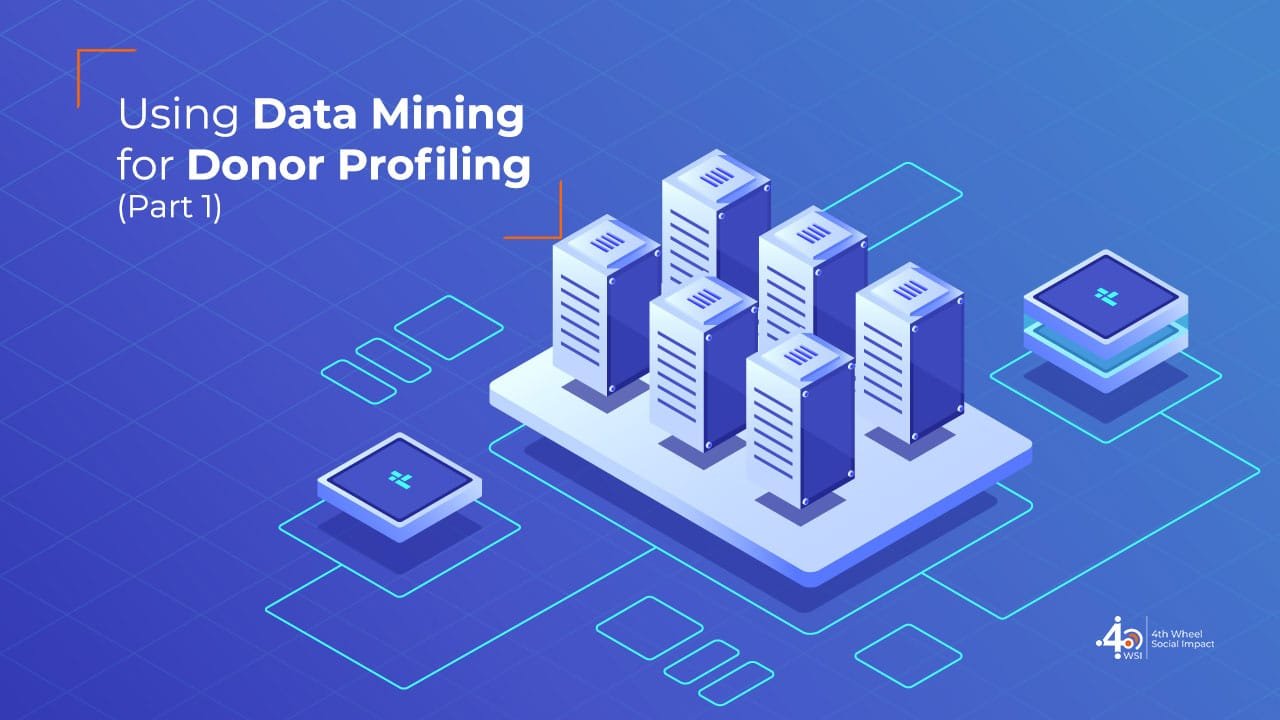
Using Data Mining for Donor Profiling (Part 1)
In the age where we are all a string of numbers that can be reduced to categories and patterns through which organisations and politicians target
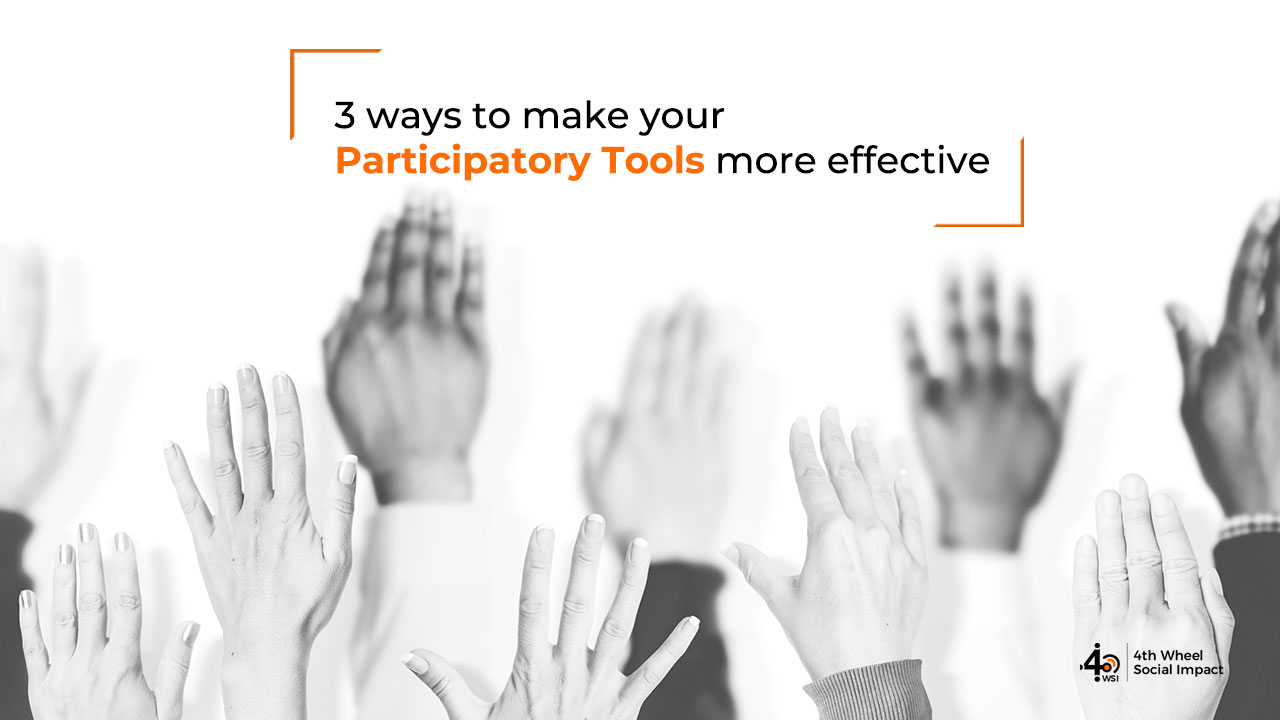
3 ways to make your participatory tools more effective
Participatory methods emerged as an alternative tool to traditional-style development methods in the 1970s and have been well-used for development practice since the 1990s. (Macbeth) The
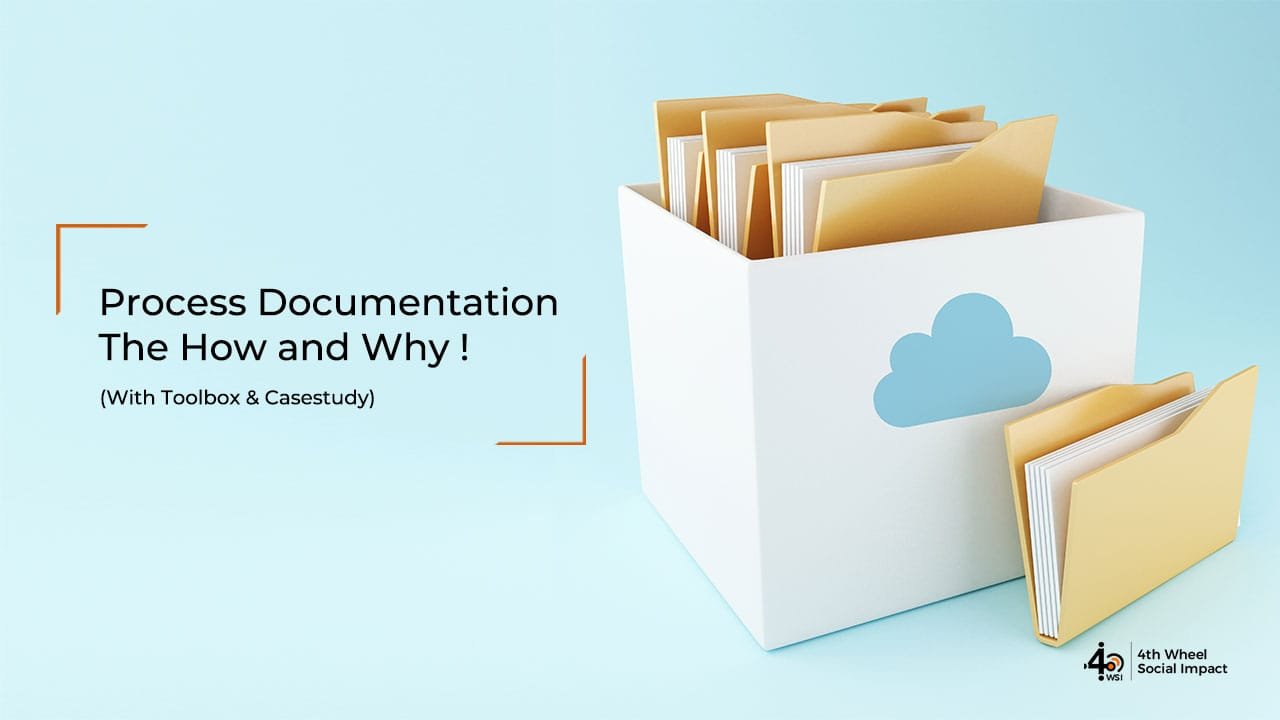
Process Documentation – The How and Why ! (With Toolbox & Casestudy)
Documentation is often seen as a difficult task by most development organisations. The documentation challenge generally links back to a lack of knowledge on and
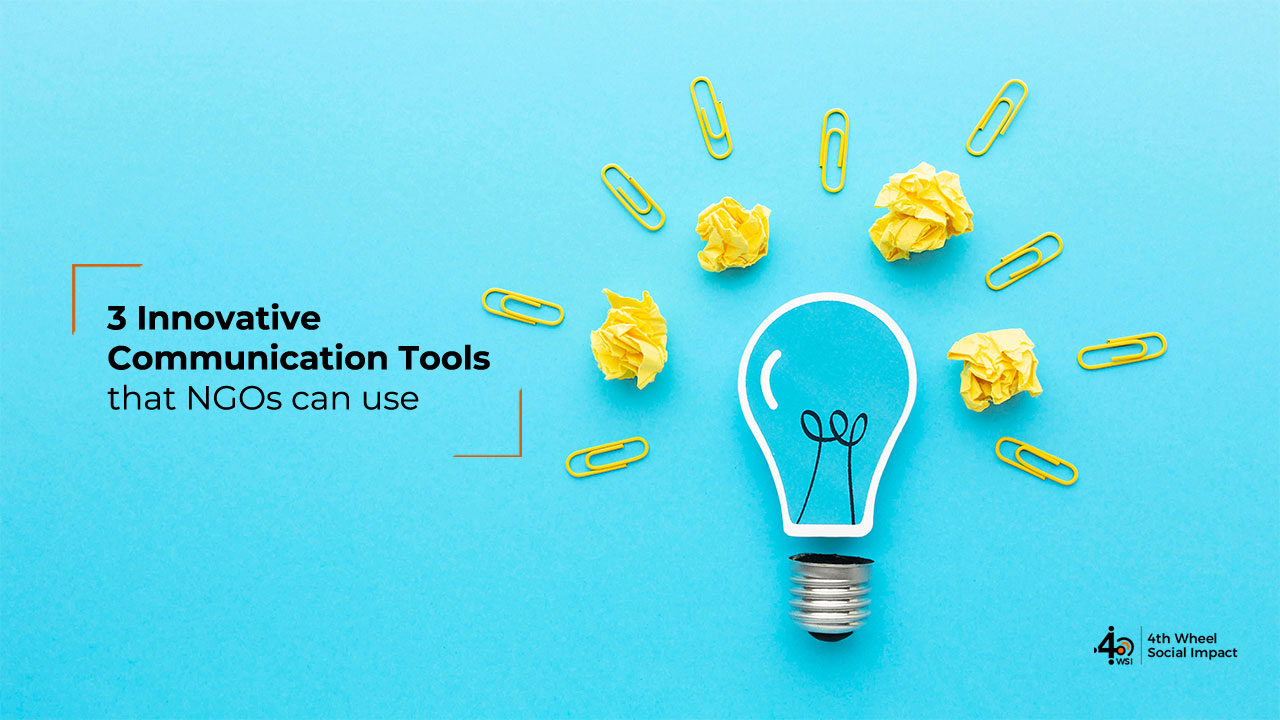
3 innovative communication tools for NGOs
According to the 2018 Global NGO Technology Report, 82% of its respondents believed that email updates were the most effective communication & fundraising tool employed by
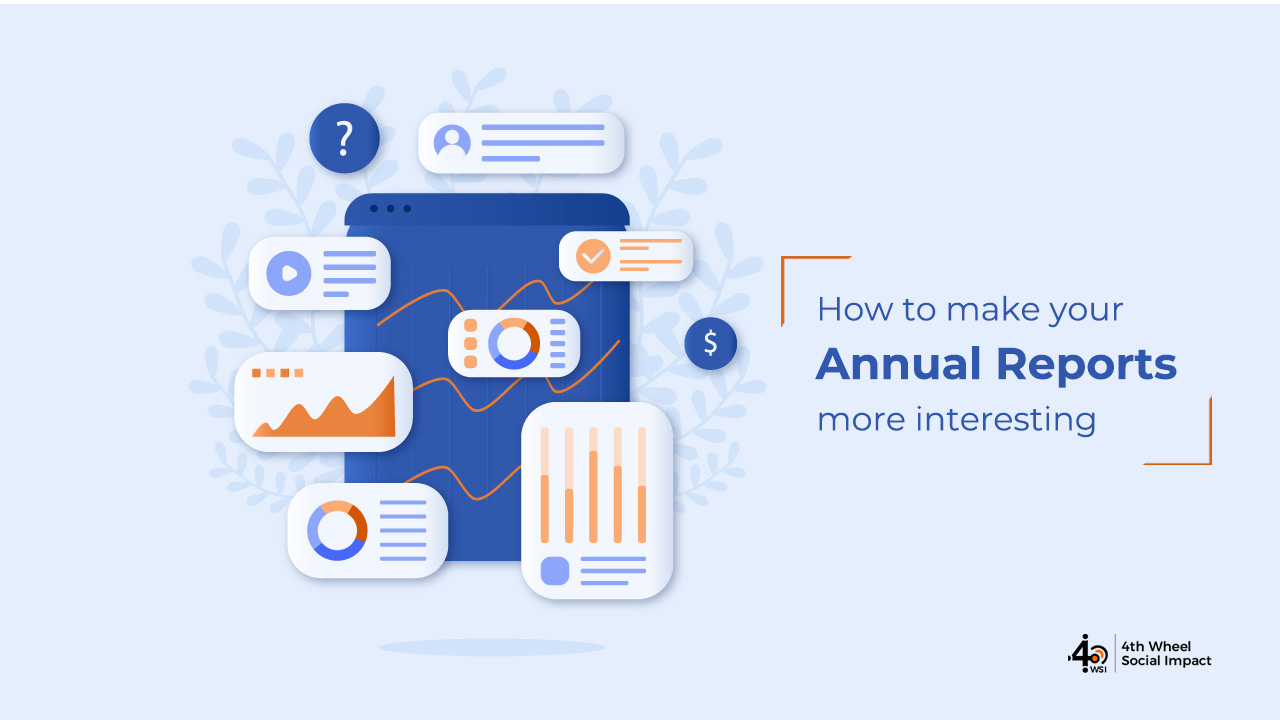
How to make your annual reports more interesting
Be it the development, corporate, government, or any other service sector, annual reporting of work, achievements, and profits are considered a minimum mandate. Very often
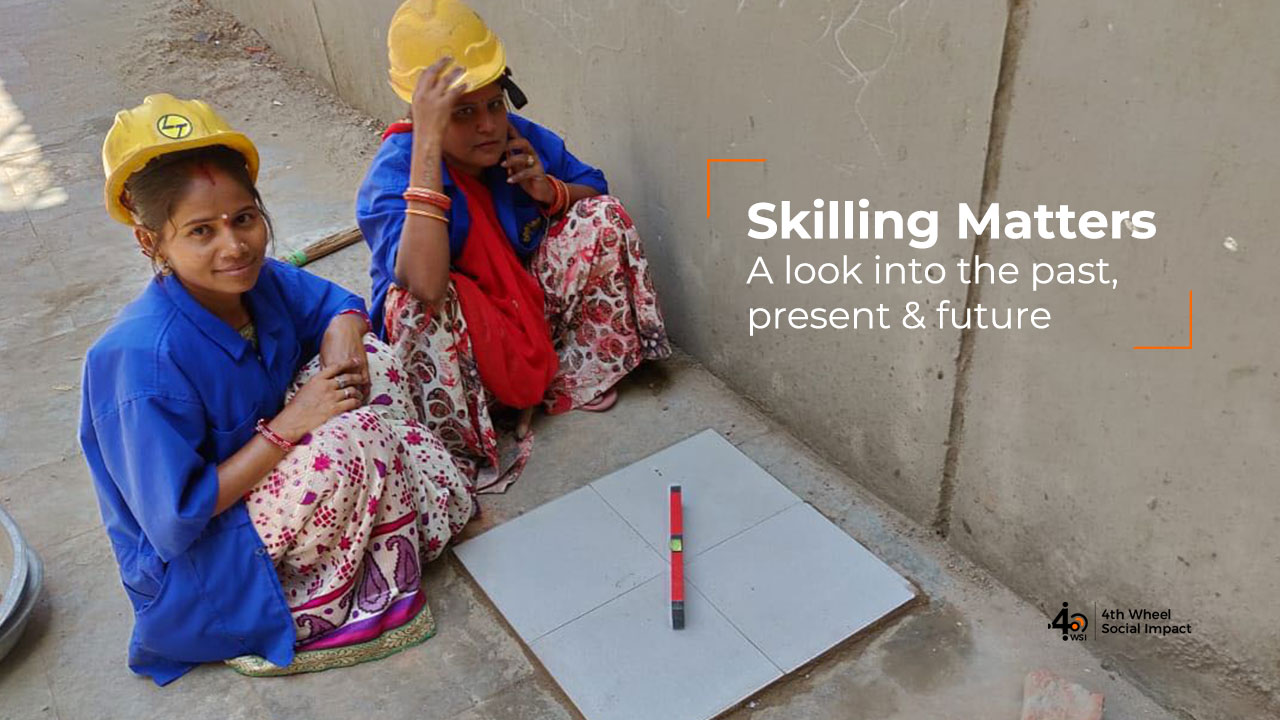
Skilling Matters – A look into the past, present & future
“Collaboration should be about evolution and not revolution” — Raj Gilda, Co-founder, Lend-A-Hand A noble quote that justly defines the collaboration between J.P Morgan, UnLtd India
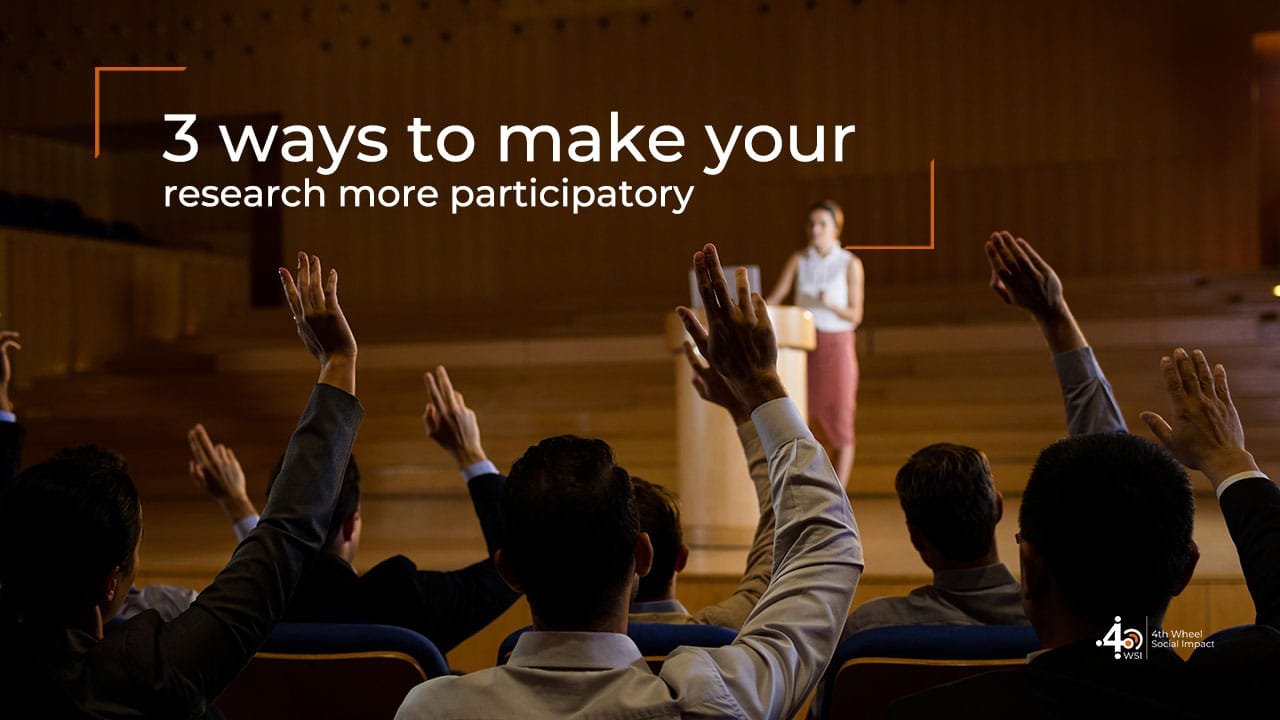
3 ways to make your research more participatory
Contextualised understanding is the foundation for sustainable programmes. Good research enables contextualised understanding. A survey is the most commonly used method for conducting research but
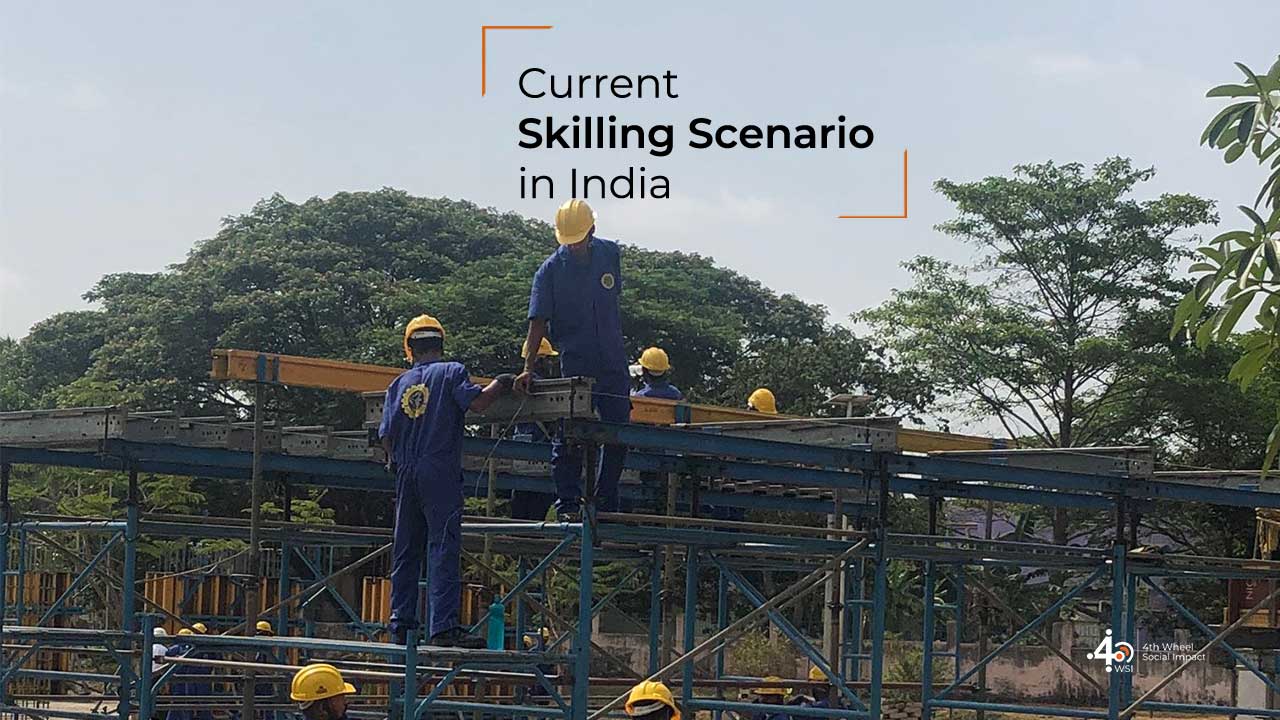
Current skilling scenario in India
When we think of India, we think of diversity and culture, but we also think of overpopulation. A burgeoning population of 1.2 billion means that
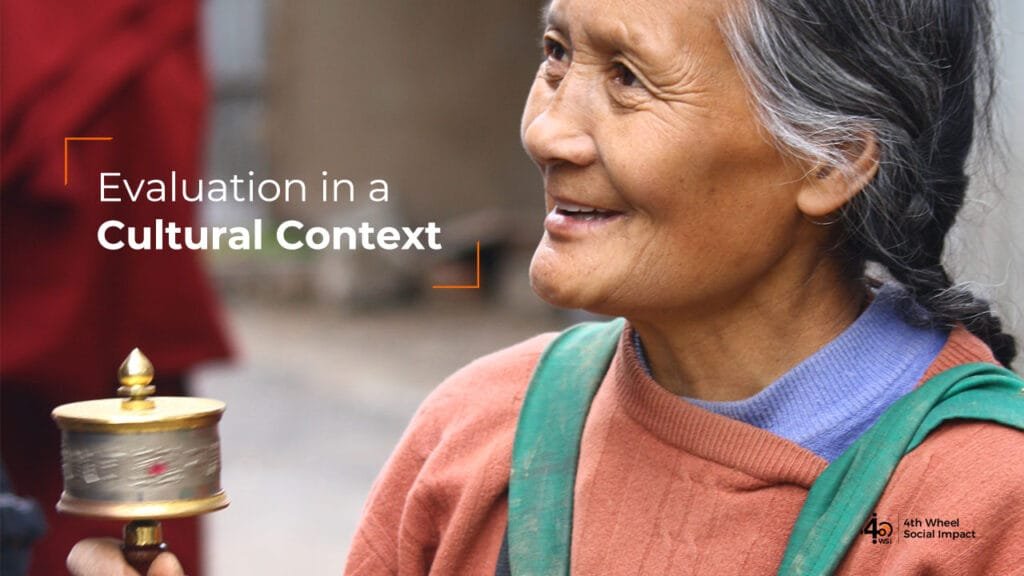
Evaluation in a cultural context
If you talk to a man in a language he understands, that goes to his head. If you talk to him in his language, that

Top three nightmares every evaluator faces
In a world where nothing is static and the face of research keeps evolving, it can be difficult to conduct an accurate, reliable evaluation. Diving
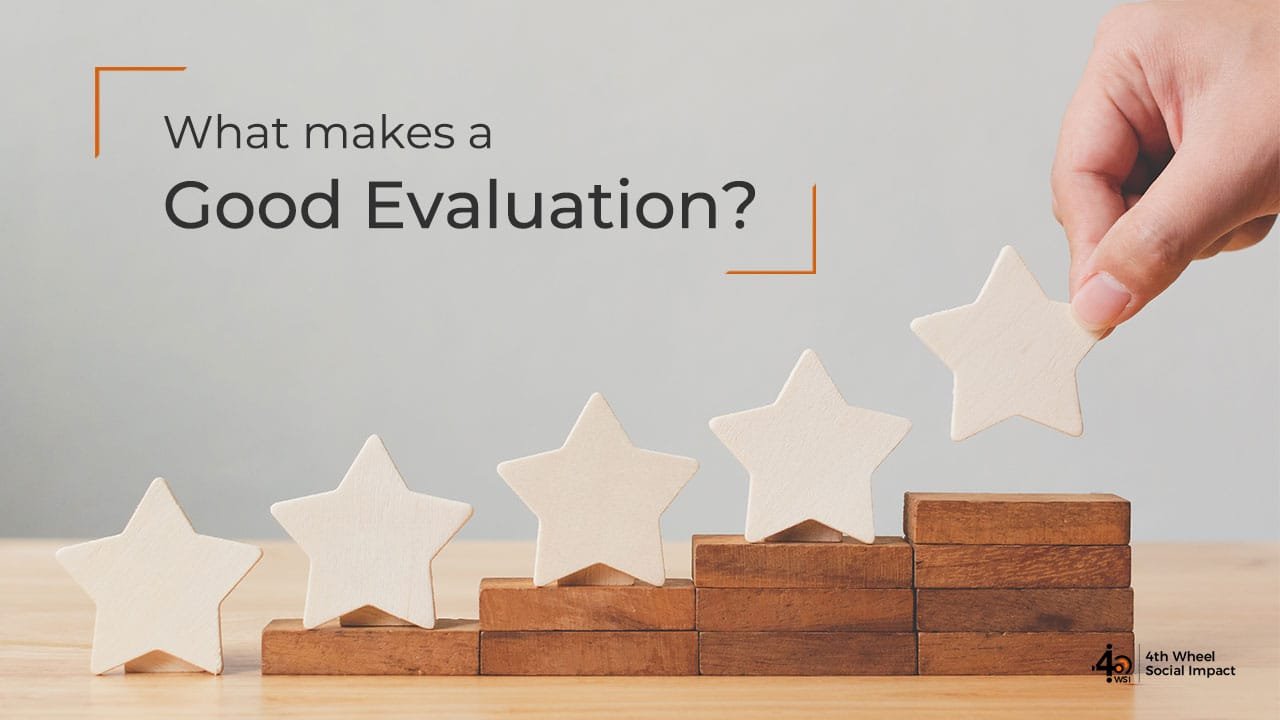
What makes a Good Evaluation?
Effective Evaluation makes or breaks a program or project undertaken by an organisation. The straightforward process of interpreting a program’s results while keeping in mind
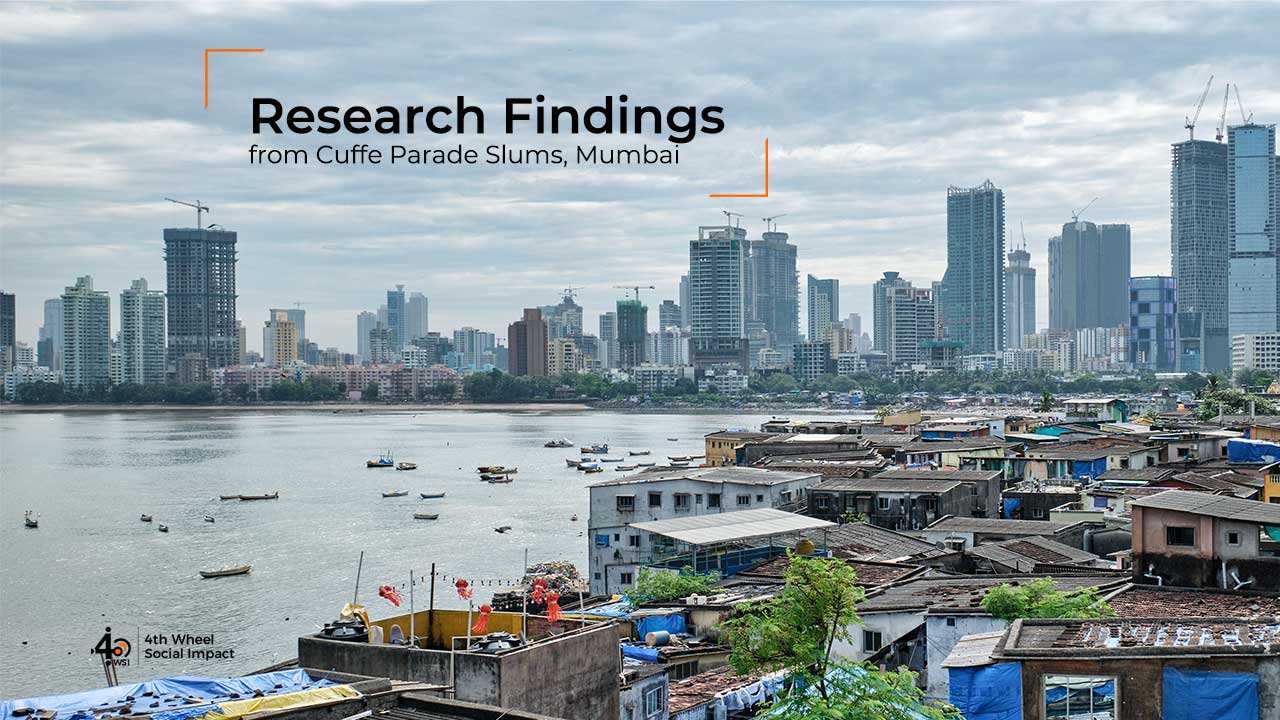
Research Findings from Cuffe Parade Slums, Mumbai
Sharing findings of the needs assessment study undertaken for the Cuffe Parade Slums in Mumbai.
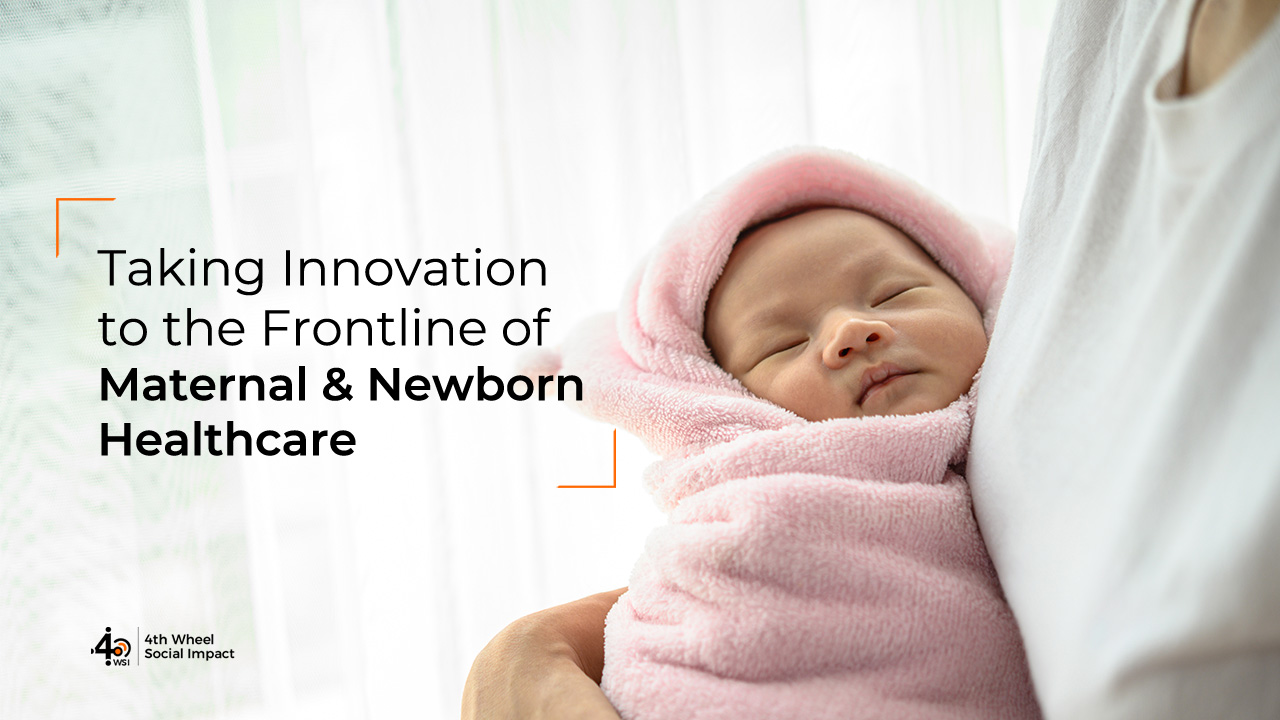
Taking Innovation to the Frontline of Maternal and Newborn Healthcare
“It is health that is real wealth and not pieces of gold and silver” – Mahatma Gandhi From policymakers to philosophers, health has always been used
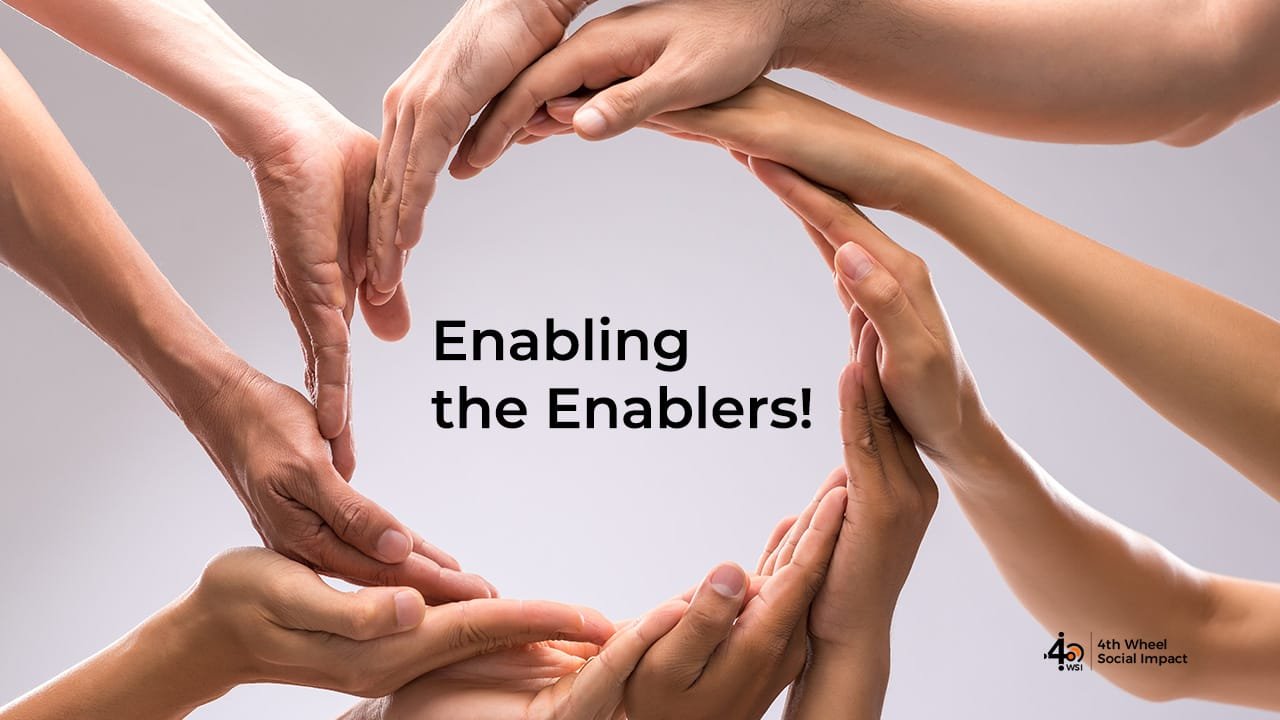
Enabling the enablers!
Since the past few weeks I have been reading a lot on disabilities and how Persons with Disabilities (PwDs) form the world’s largest unheard minority.
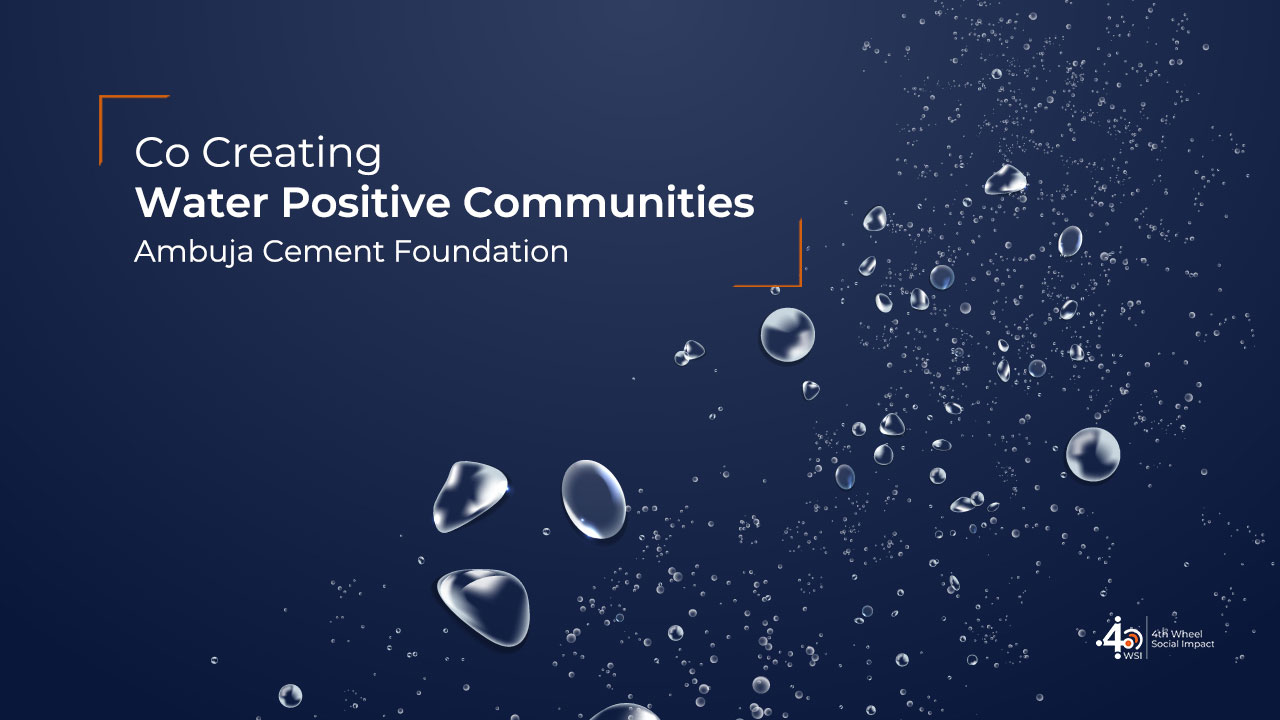
Event Snapshot – ‘Co Creating Water Positive Communities’ Ambuja Cement Foundation
For over 24 years, Ambuja Cement Foundation (ACF) has been working to build prosperous communities by co-creating sustainable solutions to rural India. With the mission
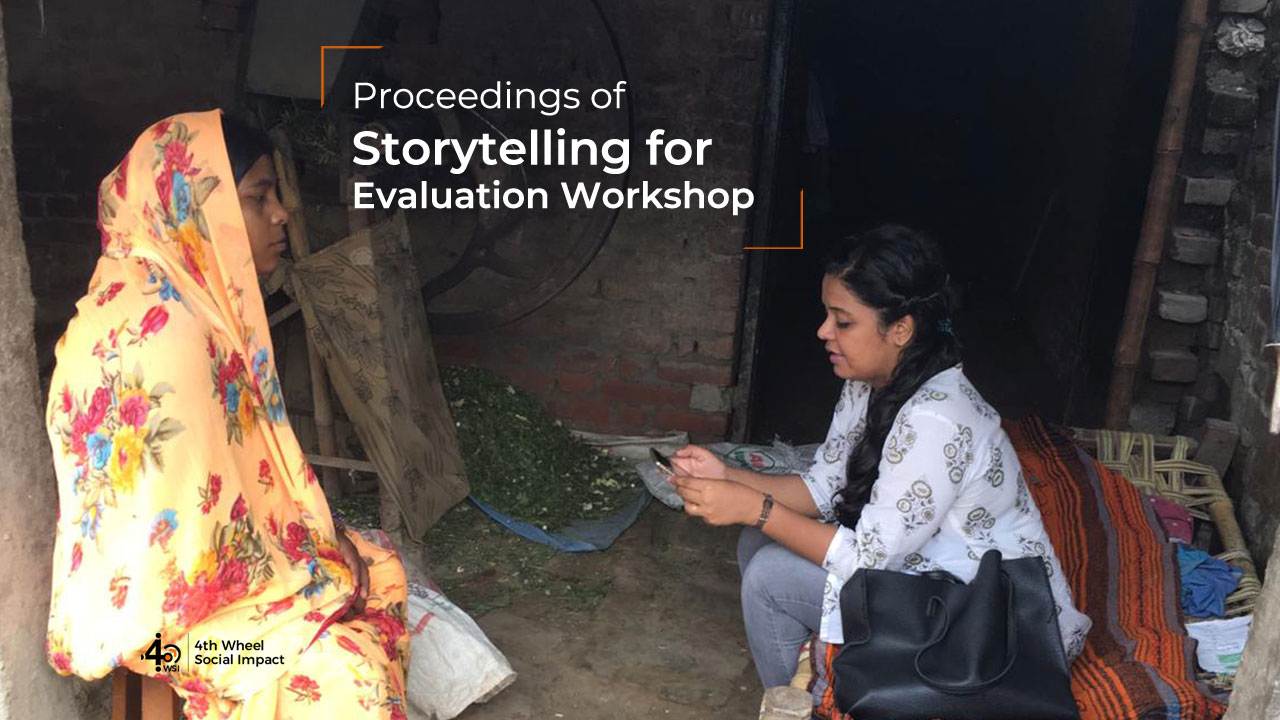
Proceedings of Storytelling for Evaluation Workshop
With the objective of building the already existing capacities of personnel in the development sector, specifically in the domain of bringing communities voices into program
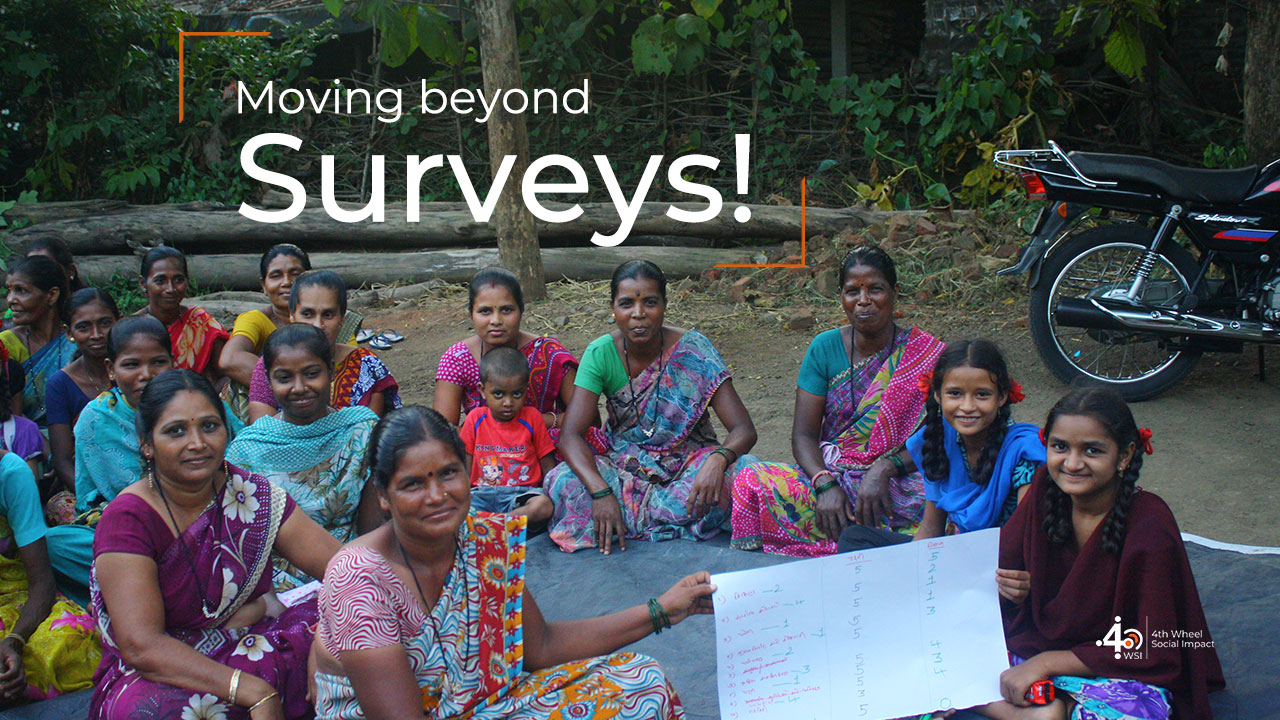
Moving beyond surveys !
Here are a few fun and engaging research methods you could try the next time you undertake a Needs Assessment Study!
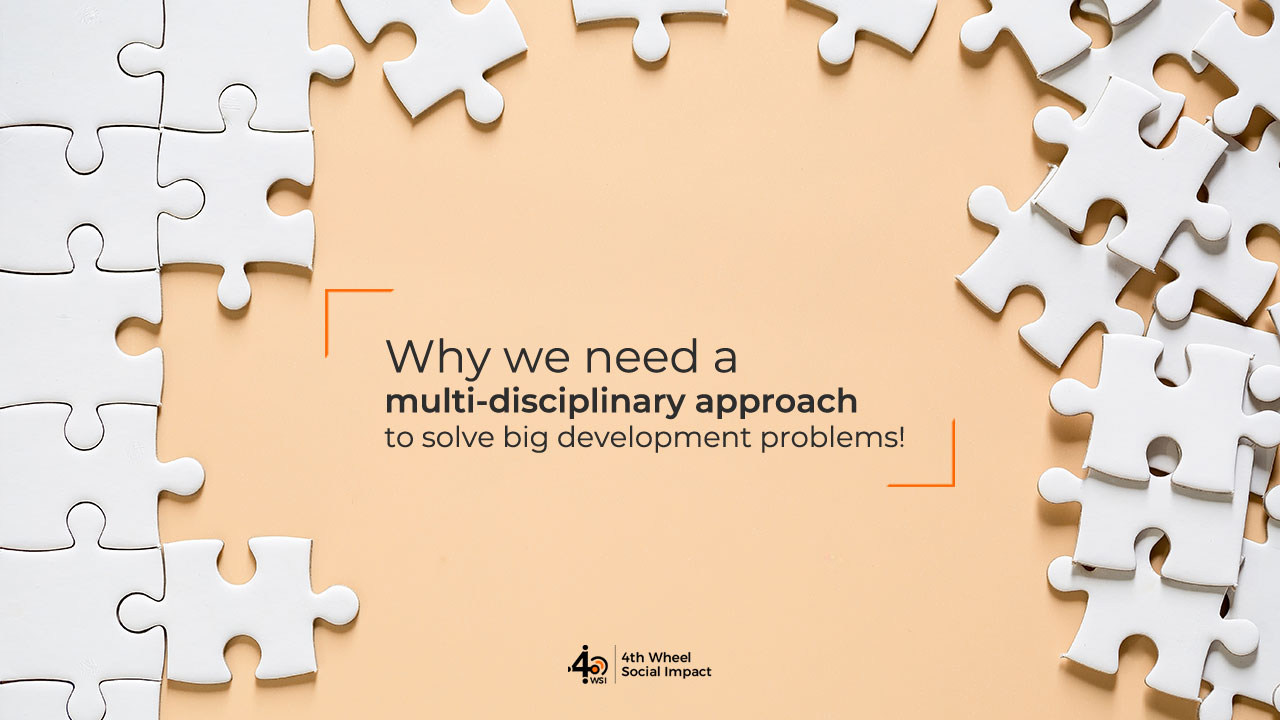
Why We Need a Multi-Disciplinary Approach to Solve Big Development Problems!
“We cannot solve our problems with the same thinking we used when we created them” – Albert Einstein
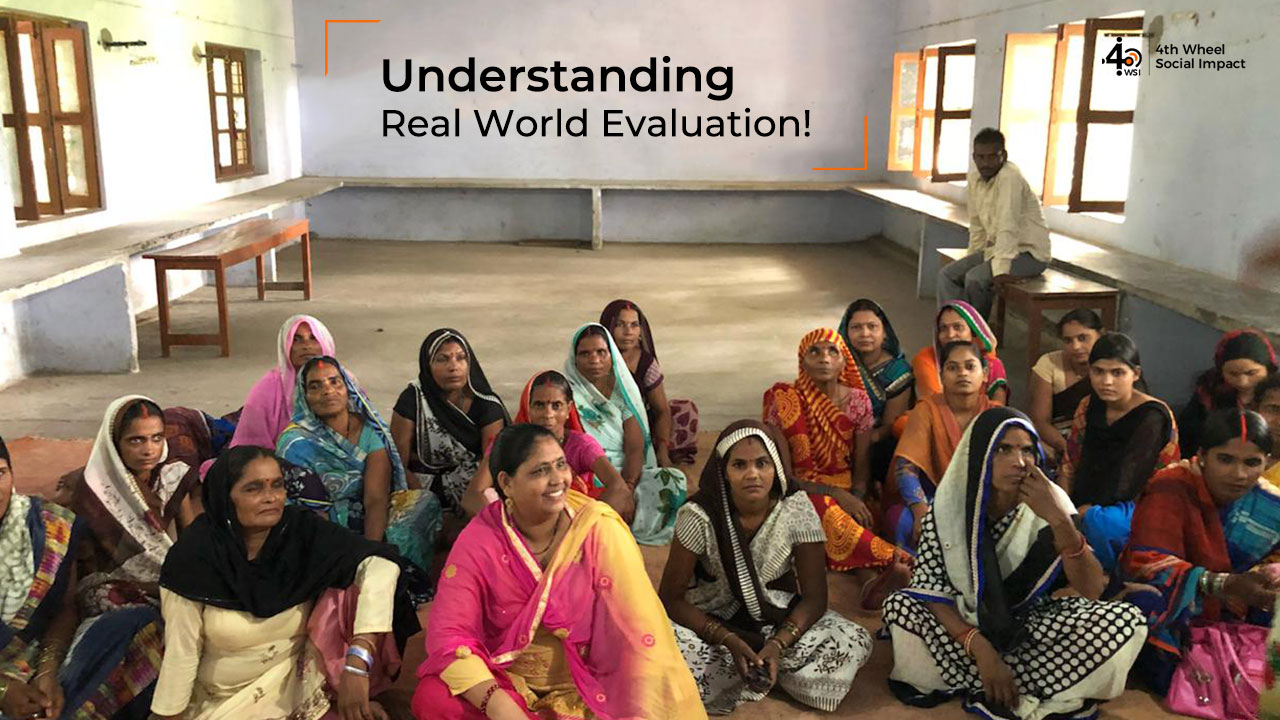
Understanding Real World Evaluation!
One of the best moments of my recent trip to Bhutan was the pleasure of spending time and having fantastic conversations with Jim Rugh, co-author
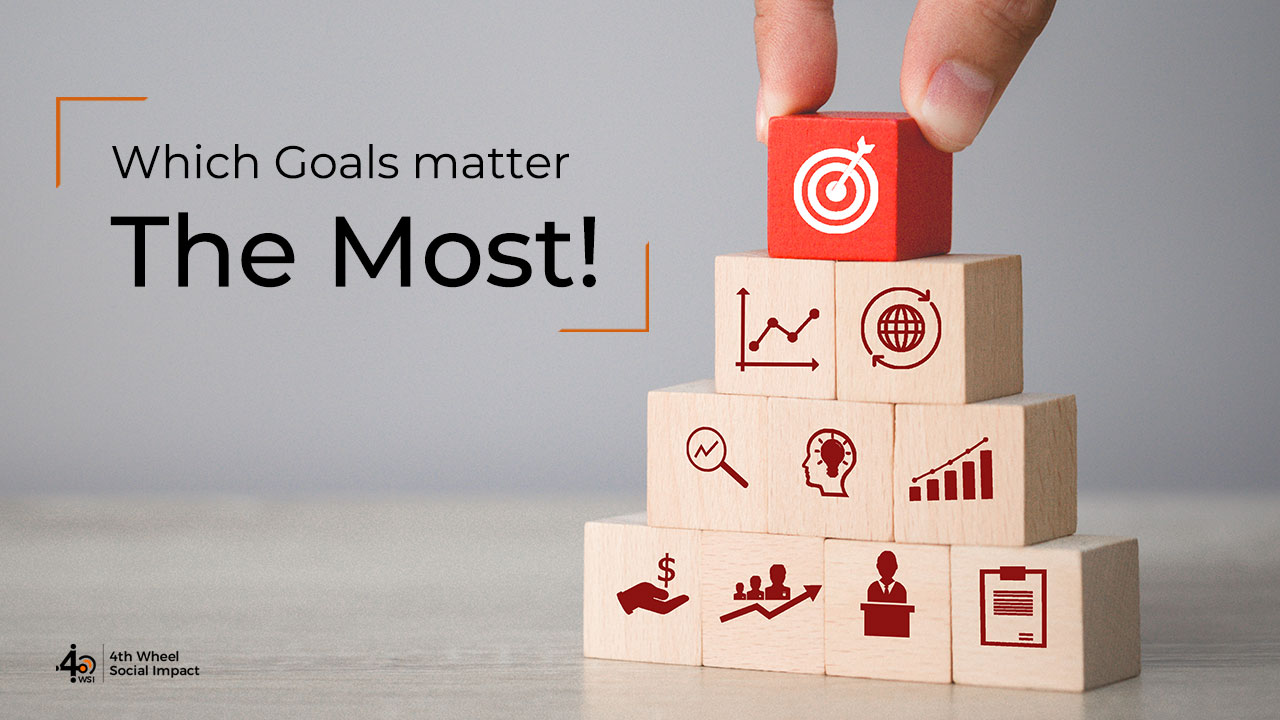
WHAT BUSINESSES CAN DO – Infographic on SDGs
“Businesses can provide essential solutions and resources that put our world on a more sustainable path.” – Ban Ki-Moon, former United Nations Secretary-General What will
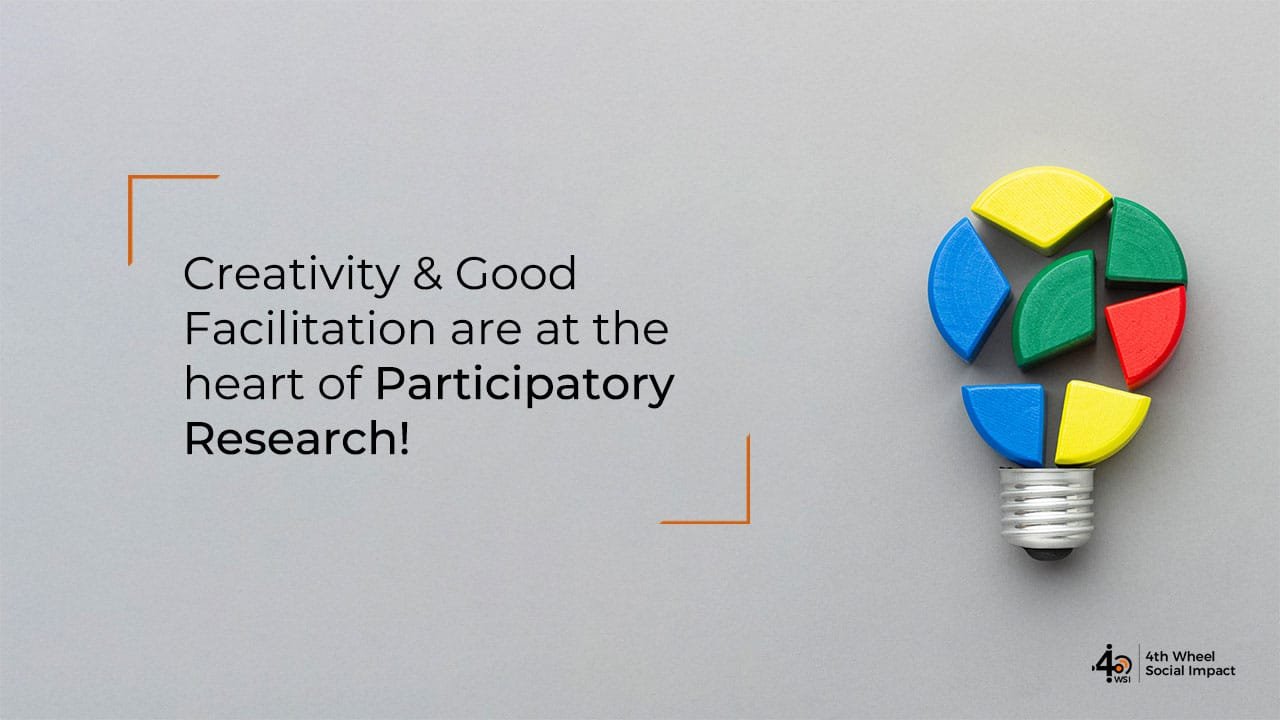
Creativity and good facilitation are at the heart of participatory research!
Recently, I attended a conference on Impact Evaluation hosted by the Community of Evaluators (COE)/ South Asia in Thimphu, Bhutan. The conference was all sorts
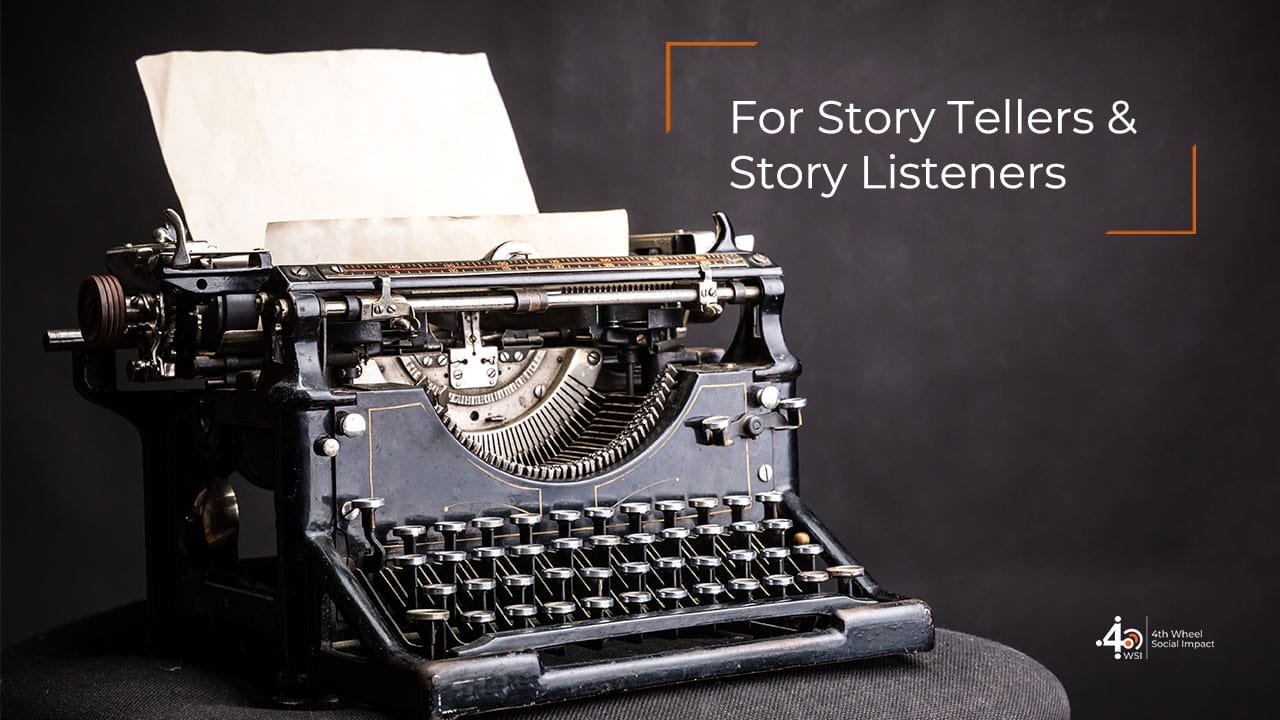
A call out to ‘story-tellers and story-listeners’ – join us on 20th of May!
In every culture, stories are used to understand, entertain, transmit values, and mobilize action. Storytelling is an ancient human activity. Humans are natural storytellers and

Storytelling for Social Change – Exploring co-constructive #Com4Dev
Achieving social transformation is a challenging task. It requires the change of behaviour, mindsets, and trusted practices, which are sometimes hard to let go of.
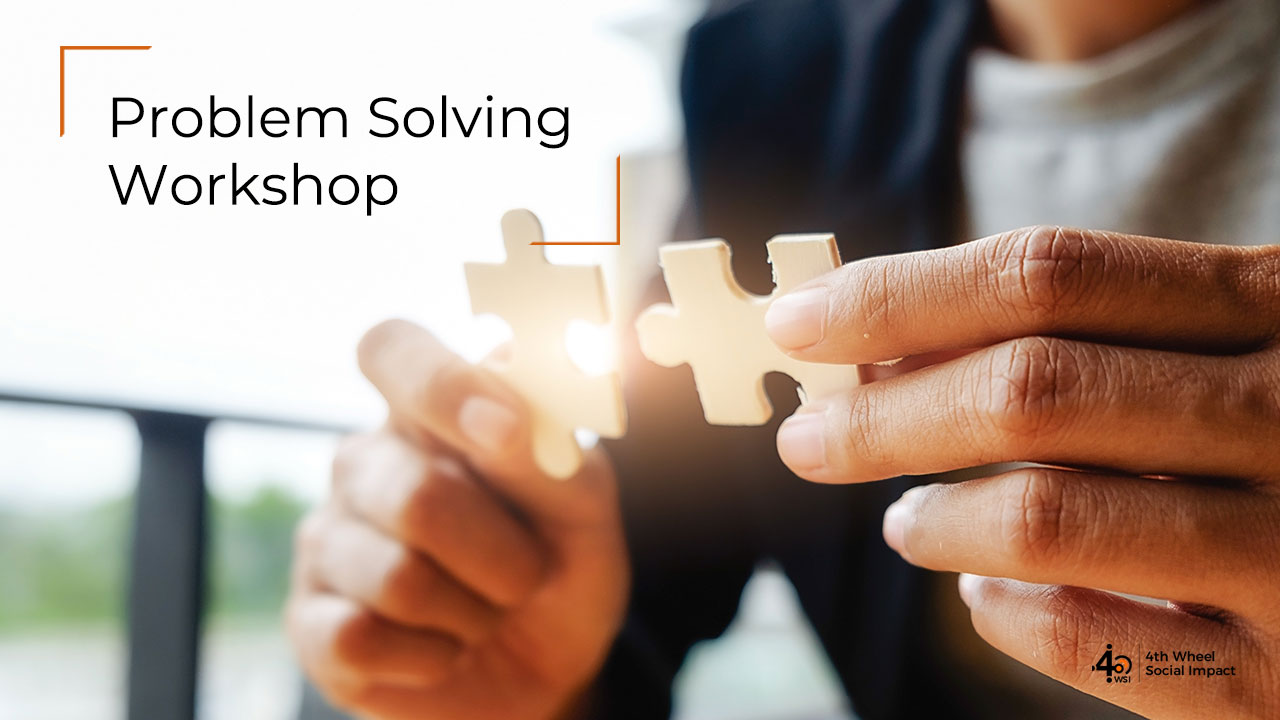
Proceedings of design-thinking workshop on SDG 17
To deliberate on the possible way forward to achieve the ambitious and inclusive 2030 agenda and reflect on opportunities to integrate efforts to meet these
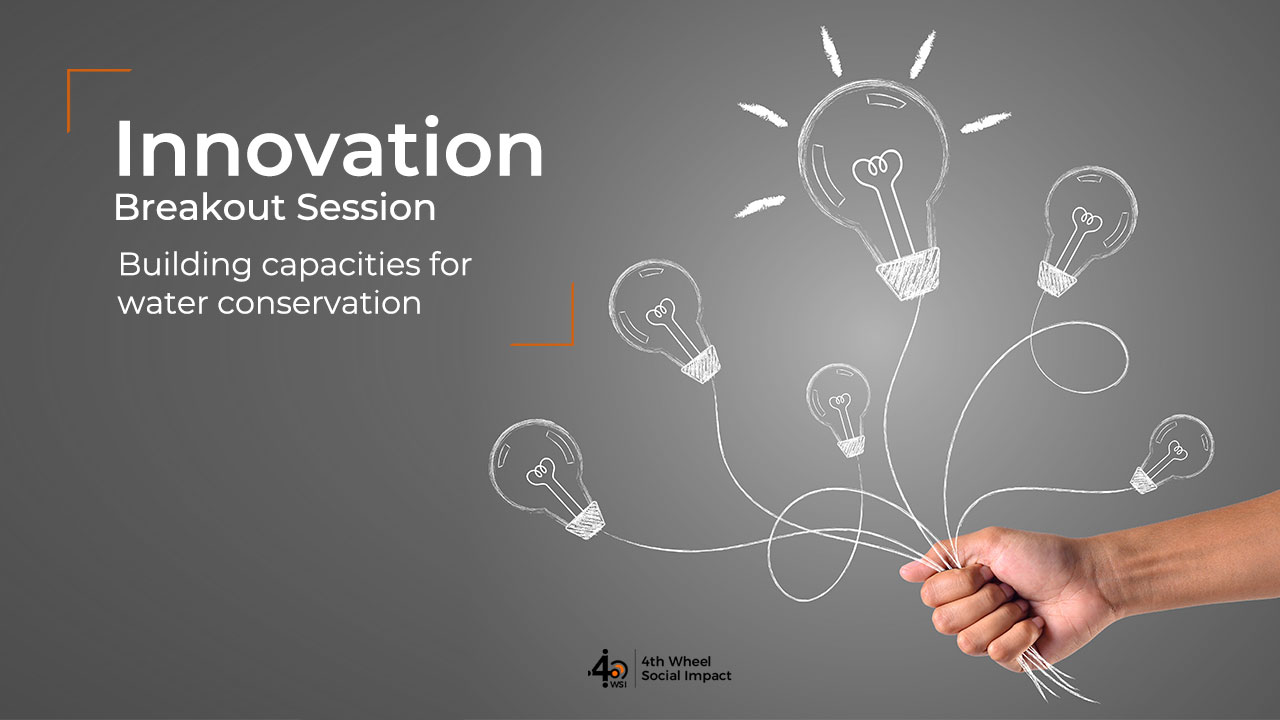
Blog series on innovative break-out sessions (3/3): ENABLE! Building capacities for water conservation
The third break-out session, which is part of Ambuja Cement Foundation’s event on World Water Day 2017, puts building capacities for water conservation at the
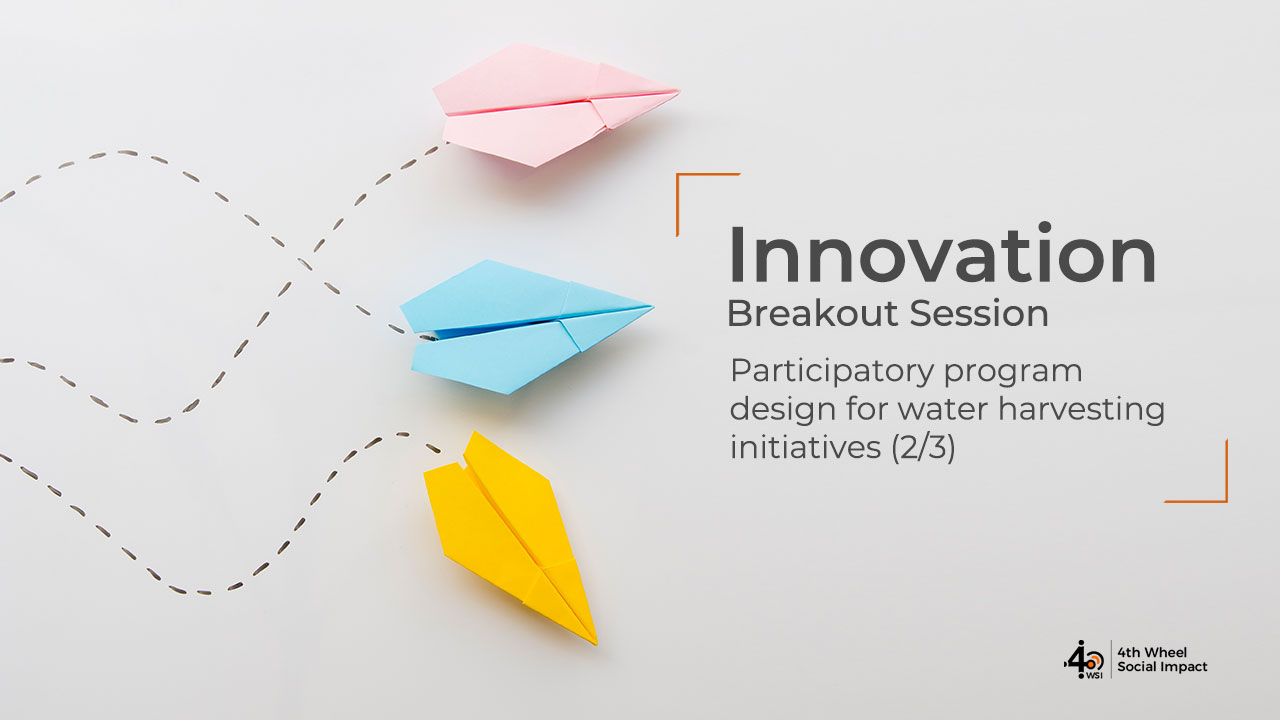
Blog series on innovative break-out sessions (2/3): ENERGISE! Participatory program design for water harvesting initiatives
India’s water stress is a recurrent thread to urban and rural areas across the country. Increased water demand, climate change vulnerability, and pollution of water
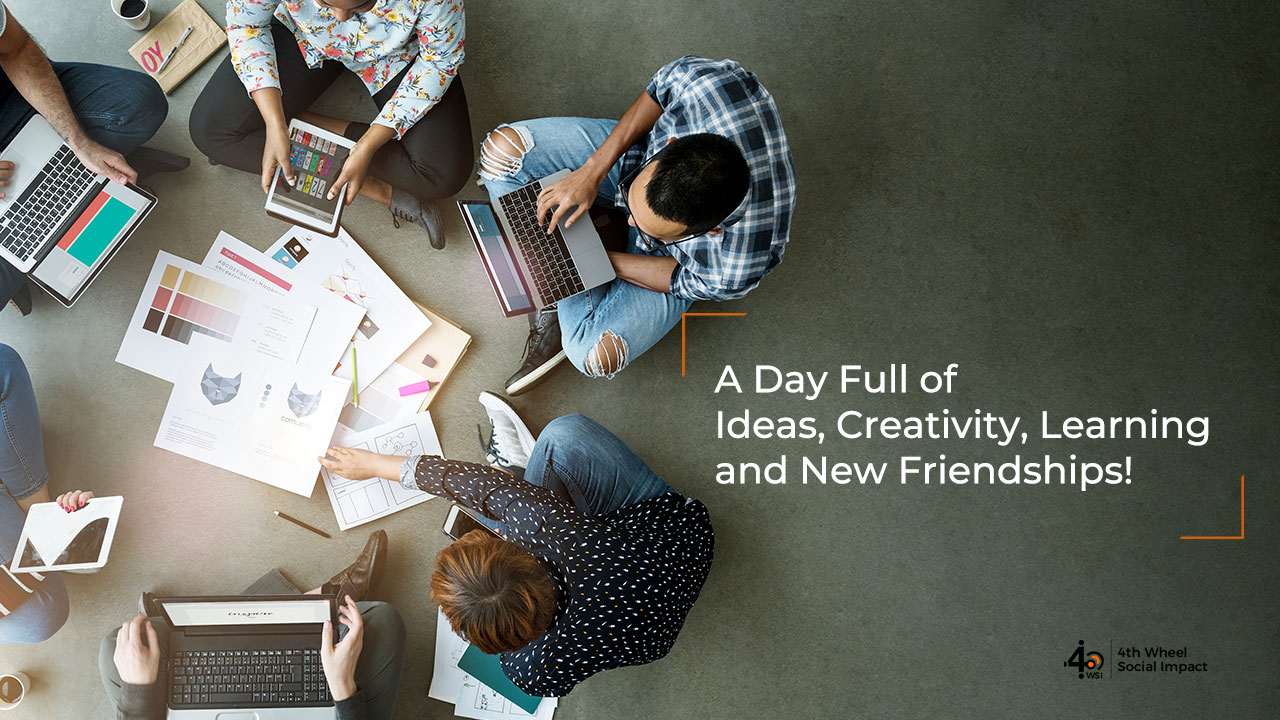
A Day Full of Ideas, Creativity, Learning and New Friendships!
To deliberate on the possible way forward to achieve the ambitious and inclusive 2030 Agenda and reflect on opportunities to integrate efforts to meet these
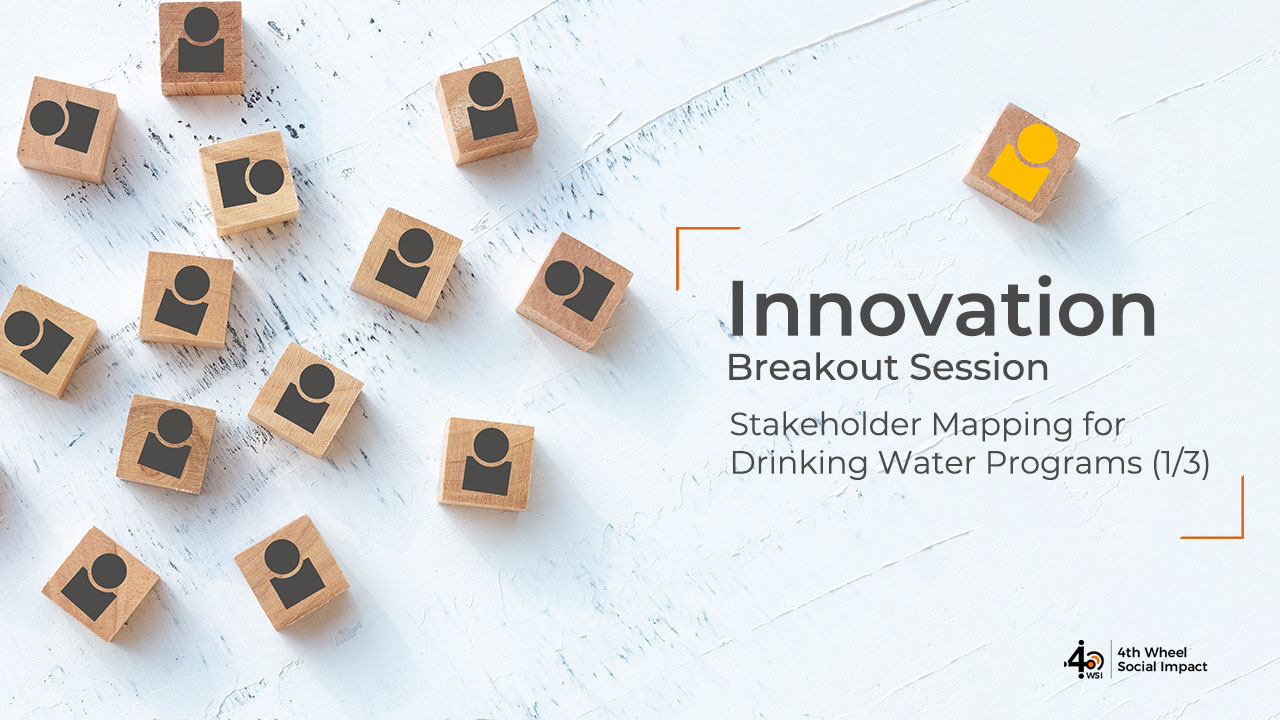
Blog series on innovative break-out sessions (1/3): INVOLVE! Stakeholder Mapping for Drinking Water Programs
To commemorate World Water Day 2017, Ambuja Cement Foundation joins hands with 4th Wheel Social Impact (4WSI) to host a participatory dialogue on “Co-creating water-positive communities”.

Join us in Ahmedabad for another round of interactive brainstorming!
Water is highly essential to all three dimensions of sustainability, i.e. social, economic, and environmental. It is interlinked to crucial aspects of society, such as
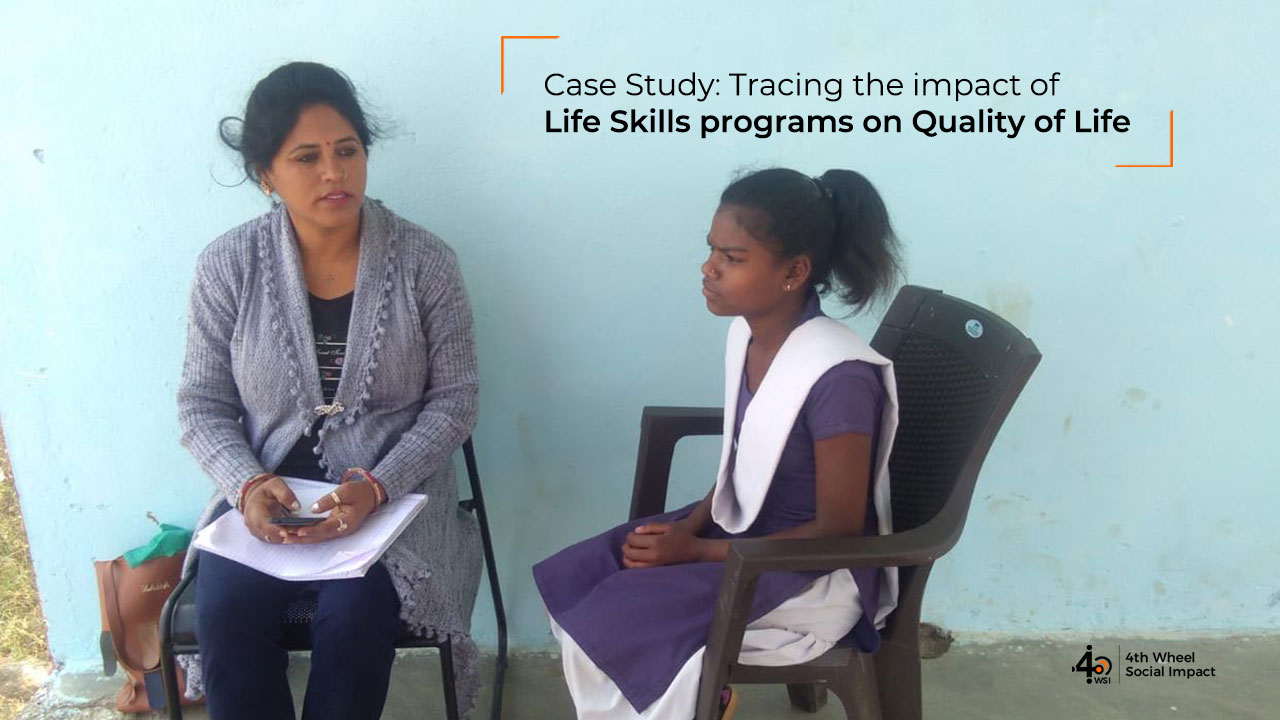
Case Study: Tracing the impact of life skills programs on Quality of Life
Quasi-experimental studies have proven to be very insightful and useful to evidence the impact of social programs. However, resource-intensive field research and high methodological complexity
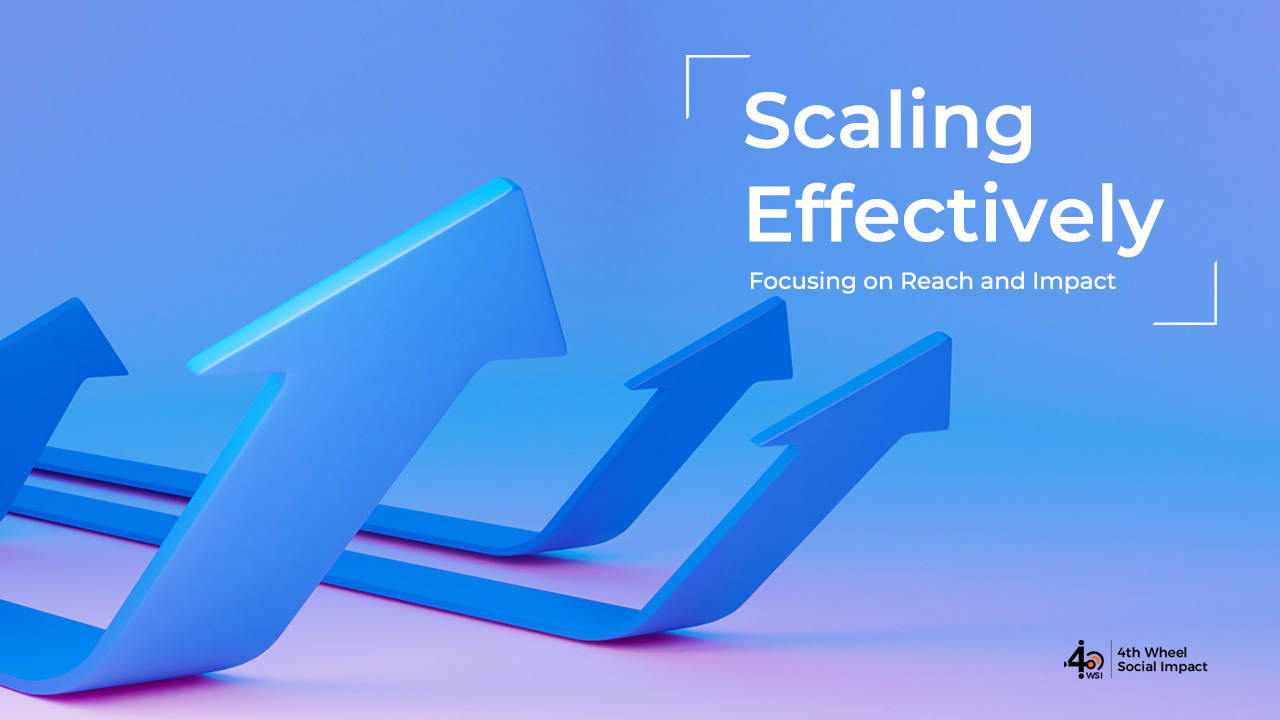
‘Scaling effectively’ – Focusing on reach and impact! 4WSI@Development Dialogues
We just got back from this year’s Development Dialogues, one of India’s most influential and popular social entrepreneurship conferences, hosted by the Deshpande Foundation in

The future of monitoring and evaluation
Information and Communication Technology (ICT) is being used to bring new voices and broader participation into programme diagnosis and enable a wider range of input
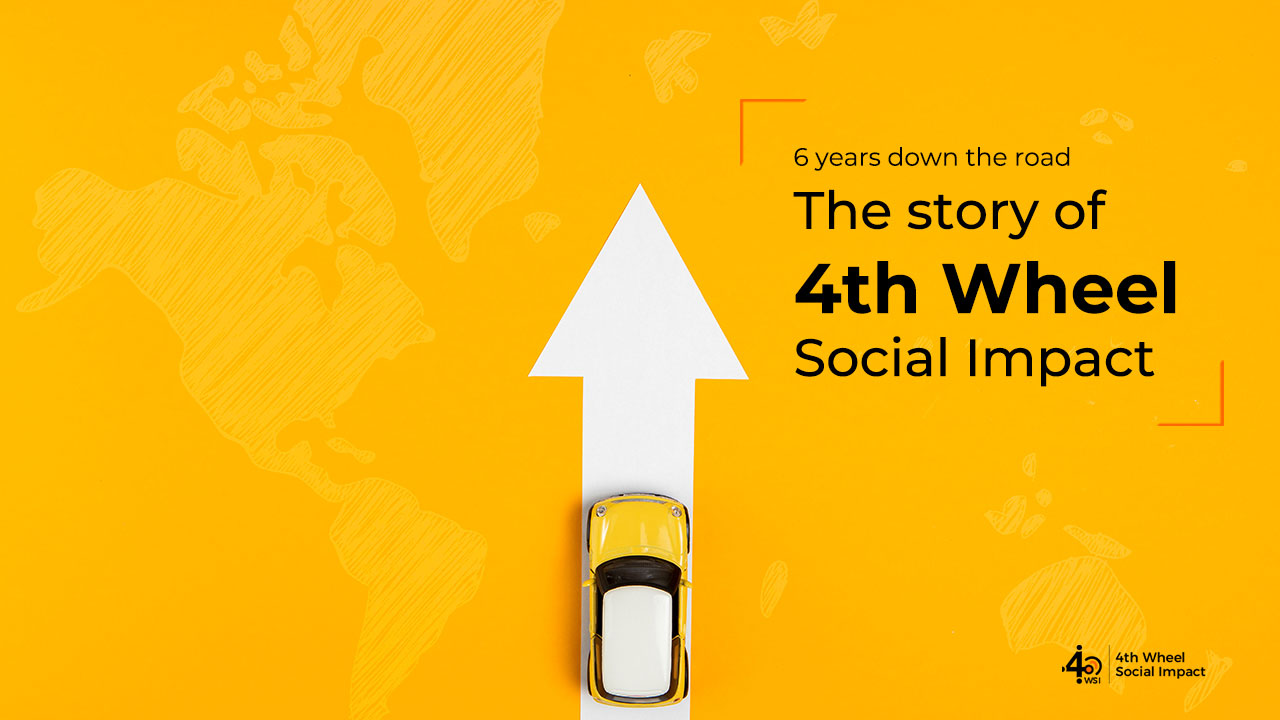
6 years down the road – The story of 4th Wheel Social Impact
Emerged from a tiny basement office in one of our grandmother’s houses, this month 4th Wheel is celebrating 6 years of promoting more effective social
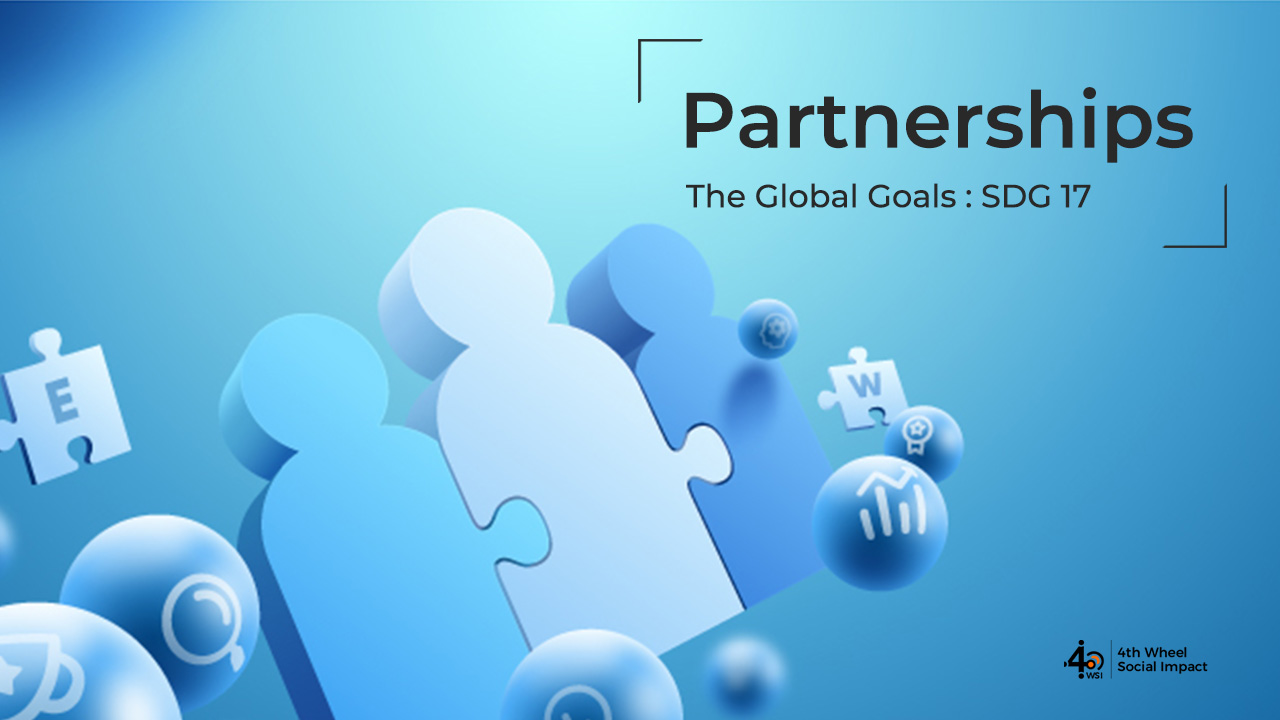
SDG 17: Partnerships and the global goals
Cross-sector partnerships are the ‘development approach of our time’. Multi-stakeholder partnerships are expected to play an increasingly important role in the implementation of the 2030
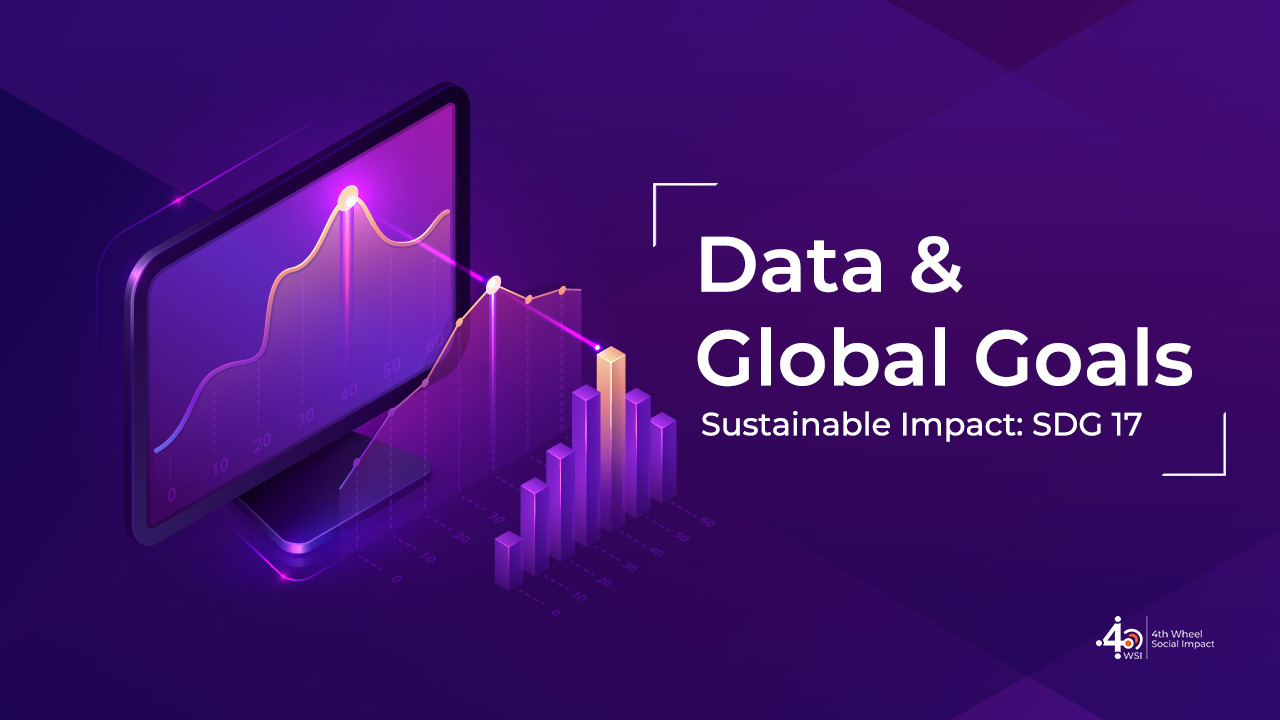
SDG 17: Data and the global goals
The Millennium Development Goals (MDGs) have paved the way for the Sustainable Development Goals (SDGs) that the world will strive to achieve over the next
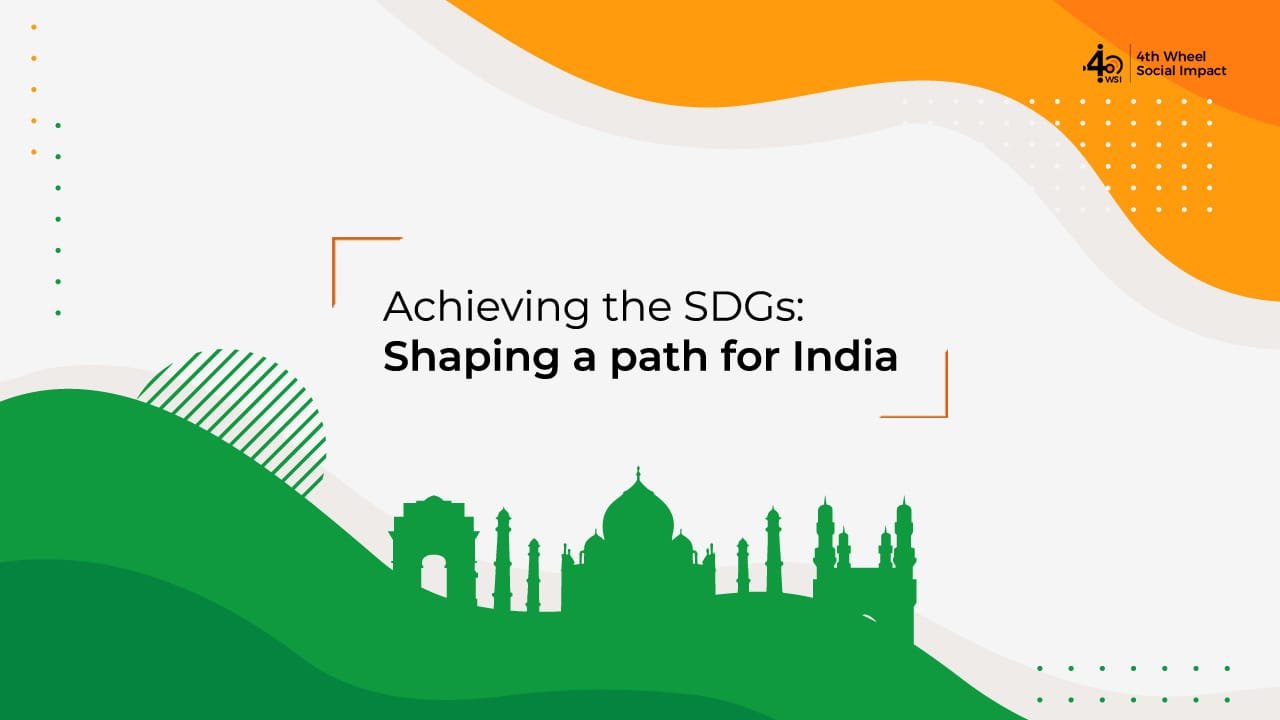
Achieving the SDGs: Shaping a path for India
The social development sector today is seeing a global shift towards the Sustainable Development Goals (SDGs) as a successor to the Millennium Development Goals (MDGs),

Field Research: Experiences and Learnings
I can safely say that the journey from that initial jolt of culture shock that one experiences from stepping on the field for that very
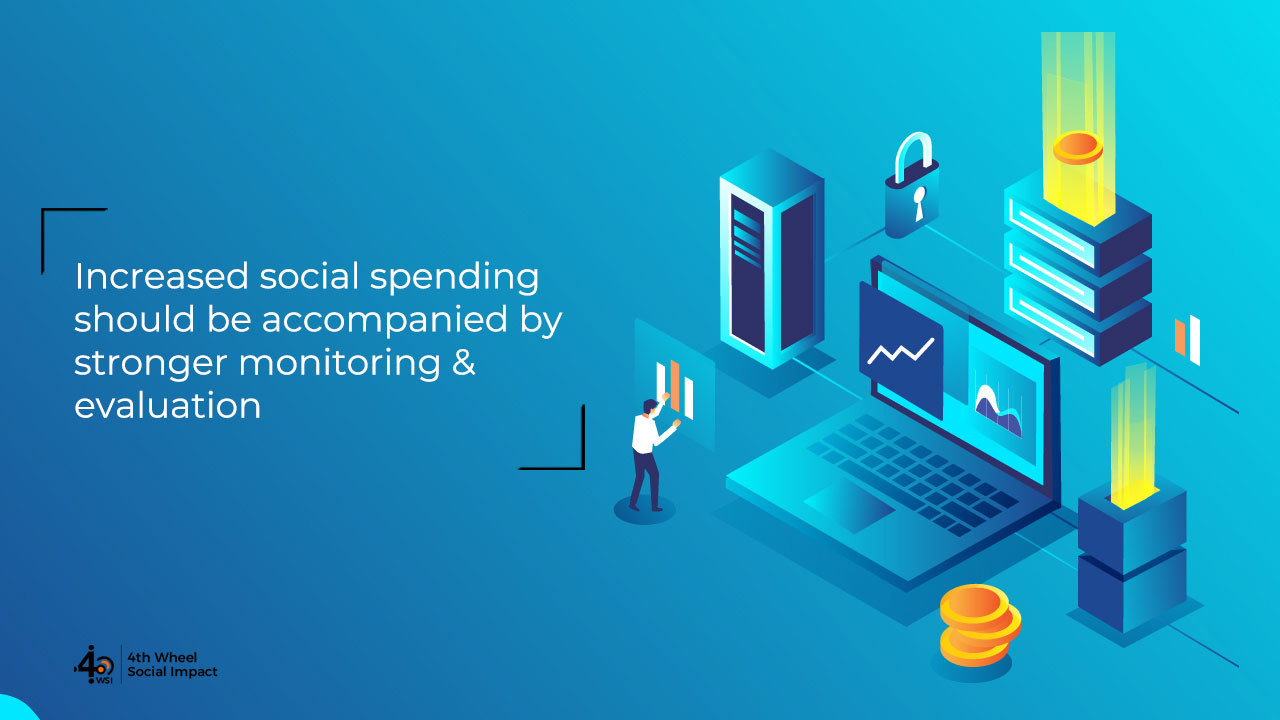
Increased social spending for stronger M&E
To streamline philanthropic activities and ensure more accountability and transparency, the Government of India made it mandatory for companies to undertake Corporate Social Responsibility (CSR)
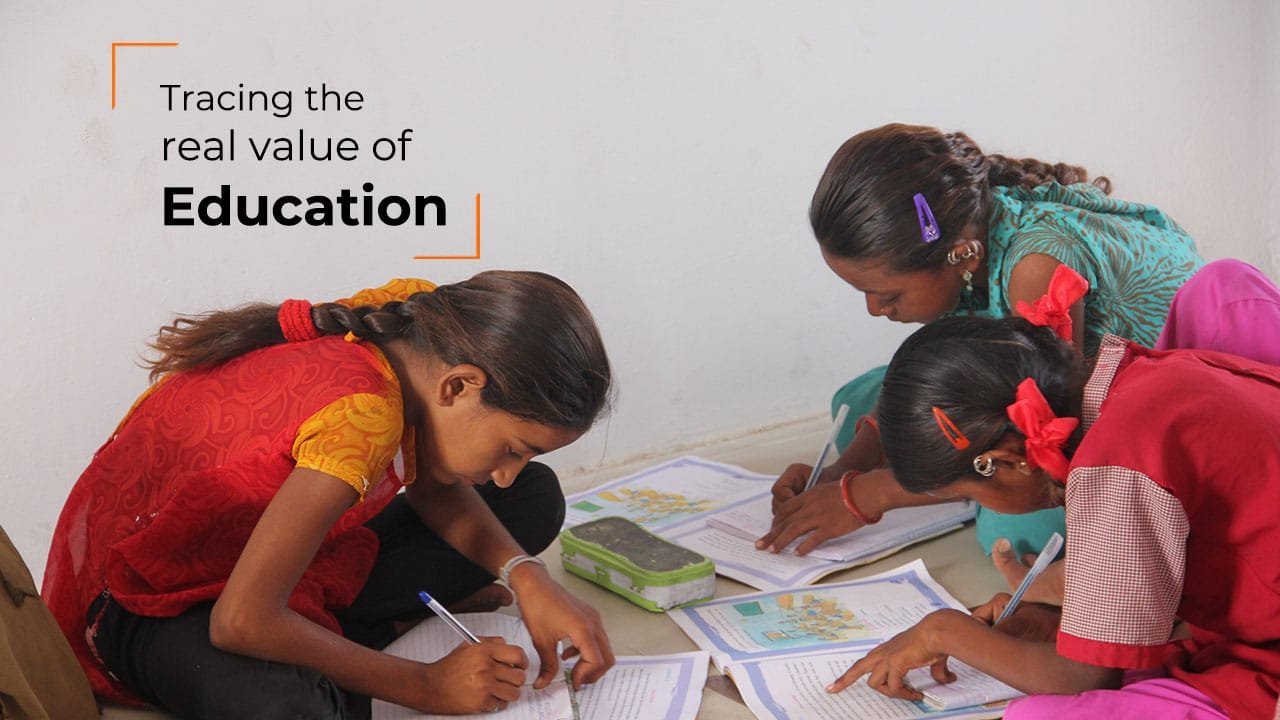
Tracing the real value of education – Field work with 4th Wheel
Participating in fieldwork was very exciting for me. Not only because I got to know another part of Gujarat and got insights into the living
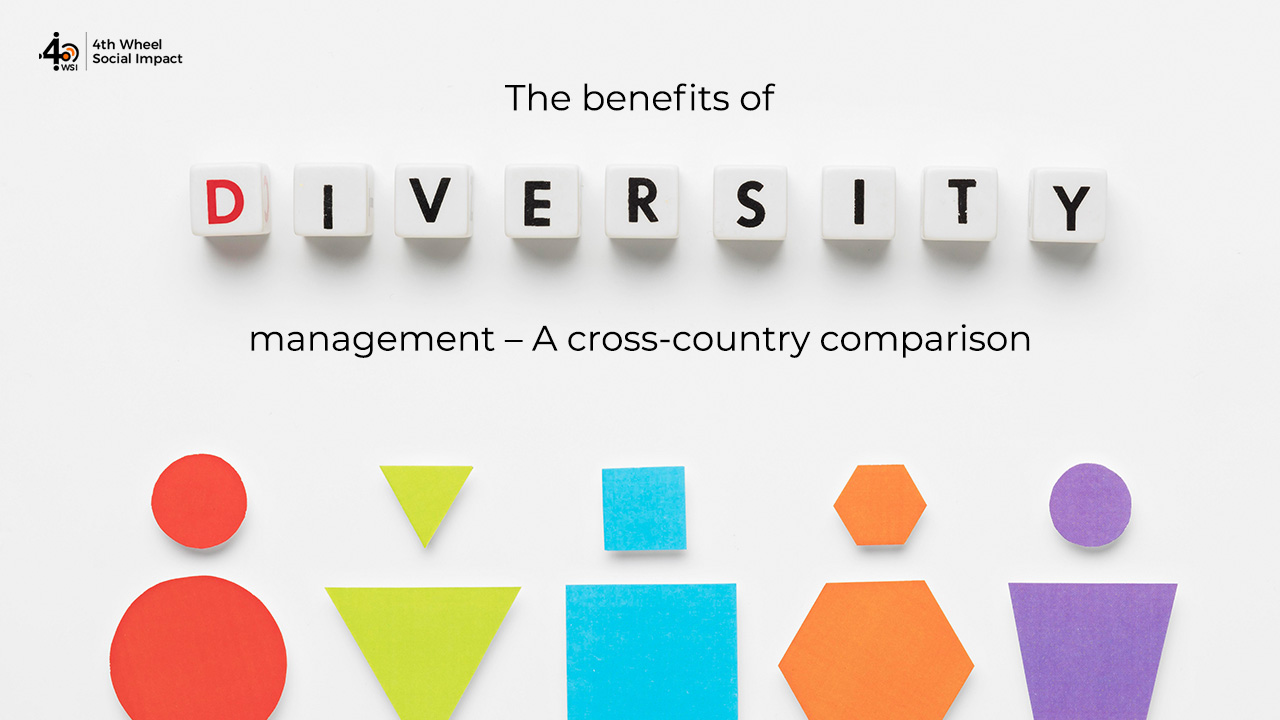
The benefits of diversity management – A cross-country comparison
In a job market that is tougher than it has ever been in generations, differently-abled people often face even greater hurdles into employment – access

How to Choose the Right Social Impact Consulting Firm in India
Working with the right social impact consultants can shape how your organization plans, learns, and grows. A good partner brings clarity, solid data, and a

Navigating Language Barriers: Lessons from a Field Research Project
When conducting field research, it’s crucial to consider the language and cultural context of the target community. In one such program aimed at understanding women’s

Roles and Responsibilities of a Monitoring, Evaluation, and Learning (MEL) Team
A Monitoring, Evaluation, and Learning (MEL) department or team is responsible for a range of critical functions within an organization. Let’s take a look at the

Unveiling the Key Components of Established Monitoring Processes for Progress and Outcomes
In the dynamic landscape of organizational growth, effective monitoring can be helpful to achieve success. Monitoring Processes can guide an organization through the complex world

Value of Unique Identifiers (UIDs) in Organizational Data Management
In Organizational Data Management, Unique Identifiers (UIDs) are like magic codes that make sure data in companies is super organized and safe. The use of

Significance of Well-Defined Data Collection and Reporting Schedules
In a world driven by data, the significance of well-planned data collection and reporting schedules cannot be overstated. As organisations explore the landscape of structured

What is the Composition of an M&E Team
The composition of a Monitoring, Evaluation, and Learning (MEL) team may vary depending on the organization’s size, complexity, and specific needs. However, a well-rounded MEL

Why Involve Evaluation Experts While Developing a Theory of Change (ToC)?
In Theory of Change, apart from the immense knowledge, evaluation experts have much to offer. Let’s take a look at them. 10 Benefits That Evaluation

Top 10 Benefits of Using Dashboards for Monitoring Progress and Outcomes in Programs
In Programs, the use of dashboards can prove to be really beneficial for monitoring progress and outcomes. Let’s take a look at the advantages of

Benefits of a Dedicated MEL Team
A dedicated MEL team is the right answer for the question of who is primarily responsible for carrying out MEL activities within an organization for

5 Monitoring and Evaluation Challenges: Strategies for Effective Solutions and Improved Outcomes.
Organisations across the world rely on monitoring and evaluation to measure the success of their initiatives, processes, and operations. But what are some key challenges

Using Participatory Approaches to M&E: Learning and Experiences from the Field
There are multiple tools and approaches practitioners can adopt in the Monitoring and Evaluation of their projects to measure progress, achieve specific goals, and tackle

Difference Between Needs Assessment Survey And Baseline studies
The essence of any program or project boils down to the efficiency of its needs assessment survey and baseline studies. While the two are often

The Difference in Differences Method
Comprehensive and continuous Impact evaluations are a crucial tool for generating accountability and learning. At both a national and international level, they are crucial to

Leveraging Impact Assessment and Data-Driven Insights for CSR Spends in India
Recent data and statistics highlight the growing momentum of CSR in India and the concerted efforts of companies to make a meaningful and lasting impact

Exploring Emerging Data Management Technologies
Ten years ago, data management systems for the development sector looked very different from what they do today. The primary means of collecting data were

Theory of Change: From Design to Strategy – Virtual Training
As social impact practitioners, we at 4th wheel understand the importance of good intentions in this sector. But are good intentions enough? Do you sometimes

What is included in an impact evaluation study?
Impact- if not measured or evaluated correctly, can be very difficult to understand and quantify. In this blog, we will see what an impact evaluation

A Health Needs Assessment in Tamil Nadu: Discussion Workshop
On March 10th, 2022, 4th Wheel Social Impact held a virtual workshop to share the findings from a health needs assessment that had been carried

Difference between Monitoring and Evaluation
Monitoring and Evaluation are two related yet completely diverse instruments which, when applied effectively, can revolutionize the results of any project. The primary purpose of

Role and Need of an External Evaluator
With the rising wave of new-age evaluation methods, it has become increasingly important to accurately gauge the quality and effectiveness of a business’s projects, programmes,

THE COVID-19 PANDEMIC AND SKILLING: CHALLENGES AND WAYS AHEAD
India presents an interesting paradox when one tries to draw an association between the skilling and employment levels in the country. its skilling-employment levels. India

7 things to know about India’s skilling sector
Skills have multiple meanings and many elements. More than 54% of the total population of India is below 25 years of age. Over 62% of

CSR: Companies(CSR POLICY) Amendment Rules 2021 India
The Companies (Corporate Social Responsibility Policy) Amendment Rules, 2021 signify the evolution of CSR in India, moving beyond compliance to a more strategic, structured, and

Why is Baseline Assessment important?
What is a Baseline Assessment? A baseline assessment is an analysis of the current situation to identify the starting points for a programme or project, setting benchmarks

What are the Benefits of Corporate Social Investments?
The CSR Companies Act of 2013 brought the importance of social responsibility of business to the forefront by mandating Corporate Social Responsibility (CSR) spends. It propelled the

What is Social Impact Management?
Social Impact management is an ongoing practice of measuring and improving social investment outcomes to reduce negative and increase positive impacts of an organisation’s activities.

SROI Webinar Resources
Social Value International and 4th Wheel jointly organised an online webinar on Social Return on Investment. The two hosts discussed about the values and processes

5 Things to Consider when using SROI
In the overall bigger picture of your business’s impact, Social Return on Investment (SROI) is one of the key indicators in determining the company’s social

3 Practices Anthropology Can Contribute to Monitoring and Evaluation
Monitoring and Evaluation (M&E) are processes used to study the performance of projects and programmes implemented by entities such as governments, NGOs, and other organisations.

What is the difference between Theory of Change and Logical Framework
Confused about the difference between a Theory of Change and a Logical Framework? Review the graphic below to know more:

Putting people first in response to the COVID-19 pandemic
For close to two months now, India has been in a nationwide lockdown propelled due to the highly infectious Coronavirus 2019 or COVID-19. To date,

Managing digital risks and privacy concerns
Data is often described as the new oil, but the analogy is limited by the fact that oil loses value when consumed while data does

Using visual tools and data analytics to track progress and undertake course corrective actions
Dashboards track social performance and enable analysis based on innovative visualisations and tools to identify priorities for action. This data-driven initiative enables participation from a

Investing in Local Crowdsourcing Campaigns is the future of monitoring and evaluation!
Crowdsourced data collection is widely believed to create an environment of active participation and engagement for social change. The underlying premise of the project was

Strategic advisory and hand-holding support for enhanced social impact efforts
The commitment to evidence will only be possible with robust systems for gathering and analyzing data and the knowledge and expertise to translate results into

Community based research for participatory and inclusive program implementation
Our work engages communities and builds local capacities to undertake monitoring and evaluation activities, to collectively address critical social and economic challenges. Case Example The

Phone Surveys for rapid assessments and relevant program (re)design
For uninterrupted and efficient project supervision, monitoring, and evaluation, we have strengthened systems to undertake rapid, remote data collection and phone-based surveys. Case Example Despite

8 steps to building a strong Monitoring, Evaluation and Learning framework for social programs
We work with several organisations to build Monitoring, Evaluation, and Learning (MEL) frameworks. These frameworks enable saving resources and time, reducing paperwork, facilitating administrative steps,

Understanding Community Based Research
There was a slum community where a Non-Governmental Organisation (NGO) was working on eradicating malaria and dengue. However, the NGO did not receive the expected

Collaborative efforts are key for achieving post-disaster development: A brief look at Kerala floods
Post natural disasters, countries should focus on rebuilding their infrastructure and resources, stronger and faster, and in an inclusive manner so that post-disaster support reaches

Understanding Inclusive Urbanization
Slums aren’t a rare sight in Mumbai. But every time I came across one, only two things came up to my mind – how did

10 Reasons why organisations need a Theory of Change!
Theory of Change (ToC) is essentially a comprehensive description and illustration of how and why the desired change is expected to happen in a particular

Using SMART indicators to evidence impact!
Good programme planning, combined with effective monitoring and evaluation, enhances the impact of development programmes. This idea is represented by the popular and strategic approach

Maternal and Neonatal Mortality – The Challenges and Potential Solutions
Targets 3.1 and 3.2 of Sustainable Development Goal (SDG) 3 – good health for all – sets indicators for reducing the global maternal mortality rate

Research Findings from Cuffe Parade Slums, Mumbai
Sharing findings of the needs assessment study undertaken for the Cuffe Parade Slums in Mumbai.

Taking Innovation to the Frontline of Maternal and Newborn Healthcare
“It is health that is real wealth and not pieces of gold and silver” – Mahatma Gandhi From policymakers to philosophers, health has always been used

Understanding Real World Evaluation!
One of the best moments of my recent trip to Bhutan was the pleasure of spending time and having fantastic conversations with Jim Rugh, co-author

Case Study: Tracing the impact of life skills programs on Quality of Life
Quasi-experimental studies have proven to be very insightful and useful to evidence the impact of social programs. However, resource-intensive field research and high methodological complexity

The future of monitoring and evaluation
Information and Communication Technology (ICT) is being used to bring new voices and broader participation into programme diagnosis and enable a wider range of input

Increased social spending for stronger M&E
To streamline philanthropic activities and ensure more accountability and transparency, the Government of India made it mandatory for companies to undertake Corporate Social Responsibility (CSR)

The benefits of diversity management – A cross-country comparison
In a job market that is tougher than it has ever been in generations, differently-abled people often face even greater hurdles into employment – access

Working at 4th Wheel: story of an internship in Covid-19 times
I arrived in Mumbai in February, ready for a 6-month internship at 4th Wheel and for life in a city I had long wished to live in. One

Challenges of Livelihood Before Tribal Youth
Rooted in culture and community, the tribal culture is one of the most prominent, long-standing pillars of Gujarat. From Bhil to Dang, the tribes

What makes us happy: 5 interesting facts about the World Happiness Report
The 7th edition of the World Happiness Report has recently been published. While Finland ranks first, followed by its neighbouring Nordic countries, we went a step

Our rationale on developing communication collateral
At 4th Wheel, we apply different types of mediums to share information on achieving social development goals. We combine old media forms with new media

How can you help during Covid-19 in India
Coronavirus Precautions: Social Distancing? Using Masks? Washing hands with Sanitizers? Easy things right. Not for people who are homeless, live in slums, or rural parts

What does ‘financial inclusion’ mean for economically weaker sections of society?
In recent years, government policies have taken several initiatives to push for a more formal economy to promote the idea of financial inclusion, by encouraging

3 ways to make your research more participatory
Contextualised understanding is the foundation for sustainable programmes. Good research enables contextualised understanding. A survey is the most commonly used method for conducting research but

Moving beyond surveys !
Here are a few fun and engaging research methods you could try the next time you undertake a Needs Assessment Study!

6 years down the road – The story of 4th Wheel Social Impact
Emerged from a tiny basement office in one of our grandmother’s houses, this month 4th Wheel is celebrating 6 years of promoting more effective social

Why Hiring a Capacity Building Consultant Can Accelerate Your Organization’s Growth
Growth depends on how well an organization develops its people, improves its systems, and strengthens leadership at every level. Many teams work hard but struggle

What are the Powerful Benefits of Capacity Building for Your Organization
Organizations operate in environments that demand continuous learning, stronger leadership, and structured growth. Teams face new expectations, new systems, and new responsibilities every year. Without

5 Key Elements of Capacity Building You Should Know
Strong organizations don’t grow overnight. They rely on building systems, people, and resources that last. These form the foundation of sustainable progress. To understand this

What is Capacity Building? Meaning, Importance, and Its Types
Organizations grow stronger when they invest in skills, systems, and structures that last. This is the core of capacity building. It is a long-term process

Mastering the Art of Case Study Development in 10 Simple Steps
Case studies are powerful tools that showcase the evaluated social impact and effectiveness of projects, provide valuable insights, and inspire others. However, developing a compelling

Insights on Establishing Robust Data Management Systems – Video
As a part of our inaugural Social Impact Dialogues commemorating the 4th Wheel’s 13th anniversary, we had the pleasure of hosting Manije Kelkar, Founder and

The Role of NGOs in CSR
Corporate Social Responsibility (CSR), in transition from being merely compliance-driven to being impact-informed and strategic, now requires firms to care about the nature and quality

Theory of Change || Hands-on Training
Learn how to develop and make use of a Theory of Change to better strategise and measure social impact Undoubtedly, Theory of Change has become

Capacity building and peer learning for strengthened social service delivery
Training sessions are designed recognising the large number of professionals who are interested in virtual discussions on social impact and want to engage in peer

6 steps to creating a conservation culture in workshops/trainings
All capacity-building workshops hosted by 4th Wheel aim to bring people together to seek their opinions, extract knowledge, and solve problems in a collaborative and

Global Goals, Local Action – Aligning data collection to SDGs
The Sustainable Development Goals (SDGs) push the global development community to set ambitious targets, drive bold innovations, and measure impact consistently. According to a recent

High Quality Data is key to achieving the SDGs
“By defining our goal more clearly, by making it seem more manageable and less remote, we can help all people to see it, to draw

5 reasons why you should attend our SDGs workshop in Mumbai !
4th Wheel has received a grant by the Swedish Institute (www.si.se) to design and conduct a workshop on ‘Identifying contextualized indicators to measure the Sustainable

The 4th Wheel Experience – From our intern
The rhetoric of the self-serving, evil corporation is one we are all too familiar with. It is also one that up until very recently, I

Changing the ‘Learning’ Narrative!
A Project on Youth-Led Development, using Technology for Social Change An ambitious project is underway in Bhuj and Gandhidham talukas of Kutch district in Gujarat, based on

Using Data Mining for Donor Profiling (Part 2)
In part 1 of 4th Wheel’s guide on “Using Data Mining for Donor Profiling”, we discussed data mining, donor profiling, and their relevance in the

Using Data Mining for Donor Profiling (Part 1)
In the age where we are all a string of numbers that can be reduced to categories and patterns through which organisations and politicians target

3 ways to make your participatory tools more effective
Participatory methods emerged as an alternative tool to traditional-style development methods in the 1970s and have been well-used for development practice since the 1990s. (Macbeth) The

Process Documentation – The How and Why ! (With Toolbox & Casestudy)
Documentation is often seen as a difficult task by most development organisations. The documentation challenge generally links back to a lack of knowledge on and

3 innovative communication tools for NGOs
According to the 2018 Global NGO Technology Report, 82% of its respondents believed that email updates were the most effective communication & fundraising tool employed by

How to make your annual reports more interesting
Be it the development, corporate, government, or any other service sector, annual reporting of work, achievements, and profits are considered a minimum mandate. Very often

Skilling Matters – A look into the past, present & future
“Collaboration should be about evolution and not revolution” — Raj Gilda, Co-founder, Lend-A-Hand A noble quote that justly defines the collaboration between J.P Morgan, UnLtd India

Current skilling scenario in India
When we think of India, we think of diversity and culture, but we also think of overpopulation. A burgeoning population of 1.2 billion means that

Evaluation in a cultural context
If you talk to a man in a language he understands, that goes to his head. If you talk to him in his language, that

Top three nightmares every evaluator faces
In a world where nothing is static and the face of research keeps evolving, it can be difficult to conduct an accurate, reliable evaluation. Diving

What makes a Good Evaluation?
Effective Evaluation makes or breaks a program or project undertaken by an organisation. The straightforward process of interpreting a program’s results while keeping in mind

Enabling the enablers!
Since the past few weeks I have been reading a lot on disabilities and how Persons with Disabilities (PwDs) form the world’s largest unheard minority.

Event Snapshot – ‘Co Creating Water Positive Communities’ Ambuja Cement Foundation
For over 24 years, Ambuja Cement Foundation (ACF) has been working to build prosperous communities by co-creating sustainable solutions to rural India. With the mission

Proceedings of Storytelling for Evaluation Workshop
With the objective of building the already existing capacities of personnel in the development sector, specifically in the domain of bringing communities voices into program

Why We Need a Multi-Disciplinary Approach to Solve Big Development Problems!
“We cannot solve our problems with the same thinking we used when we created them” – Albert Einstein

WHAT BUSINESSES CAN DO – Infographic on SDGs
“Businesses can provide essential solutions and resources that put our world on a more sustainable path.” – Ban Ki-Moon, former United Nations Secretary-General What will

Creativity and good facilitation are at the heart of participatory research!
Recently, I attended a conference on Impact Evaluation hosted by the Community of Evaluators (COE)/ South Asia in Thimphu, Bhutan. The conference was all sorts

A call out to ‘story-tellers and story-listeners’ – join us on 20th of May!
In every culture, stories are used to understand, entertain, transmit values, and mobilize action. Storytelling is an ancient human activity. Humans are natural storytellers and

Storytelling for Social Change – Exploring co-constructive #Com4Dev
Achieving social transformation is a challenging task. It requires the change of behaviour, mindsets, and trusted practices, which are sometimes hard to let go of.

Proceedings of design-thinking workshop on SDG 17
To deliberate on the possible way forward to achieve the ambitious and inclusive 2030 agenda and reflect on opportunities to integrate efforts to meet these

Blog series on innovative break-out sessions (3/3): ENABLE! Building capacities for water conservation
The third break-out session, which is part of Ambuja Cement Foundation’s event on World Water Day 2017, puts building capacities for water conservation at the

Blog series on innovative break-out sessions (2/3): ENERGISE! Participatory program design for water harvesting initiatives
India’s water stress is a recurrent thread to urban and rural areas across the country. Increased water demand, climate change vulnerability, and pollution of water

A Day Full of Ideas, Creativity, Learning and New Friendships!
To deliberate on the possible way forward to achieve the ambitious and inclusive 2030 Agenda and reflect on opportunities to integrate efforts to meet these

Blog series on innovative break-out sessions (1/3): INVOLVE! Stakeholder Mapping for Drinking Water Programs
To commemorate World Water Day 2017, Ambuja Cement Foundation joins hands with 4th Wheel Social Impact (4WSI) to host a participatory dialogue on “Co-creating water-positive communities”.

Join us in Ahmedabad for another round of interactive brainstorming!
Water is highly essential to all three dimensions of sustainability, i.e. social, economic, and environmental. It is interlinked to crucial aspects of society, such as

‘Scaling effectively’ – Focusing on reach and impact! 4WSI@Development Dialogues
We just got back from this year’s Development Dialogues, one of India’s most influential and popular social entrepreneurship conferences, hosted by the Deshpande Foundation in

SDG 17: Partnerships and the global goals
Cross-sector partnerships are the ‘development approach of our time’. Multi-stakeholder partnerships are expected to play an increasingly important role in the implementation of the 2030

SDG 17: Data and the global goals
The Millennium Development Goals (MDGs) have paved the way for the Sustainable Development Goals (SDGs) that the world will strive to achieve over the next

Achieving the SDGs: Shaping a path for India
The social development sector today is seeing a global shift towards the Sustainable Development Goals (SDGs) as a successor to the Millennium Development Goals (MDGs),

Field Research: Experiences and Learnings
I can safely say that the journey from that initial jolt of culture shock that one experiences from stepping on the field for that very

Tracing the real value of education – Field work with 4th Wheel
Participating in fieldwork was very exciting for me. Not only because I got to know another part of Gujarat and got insights into the living

